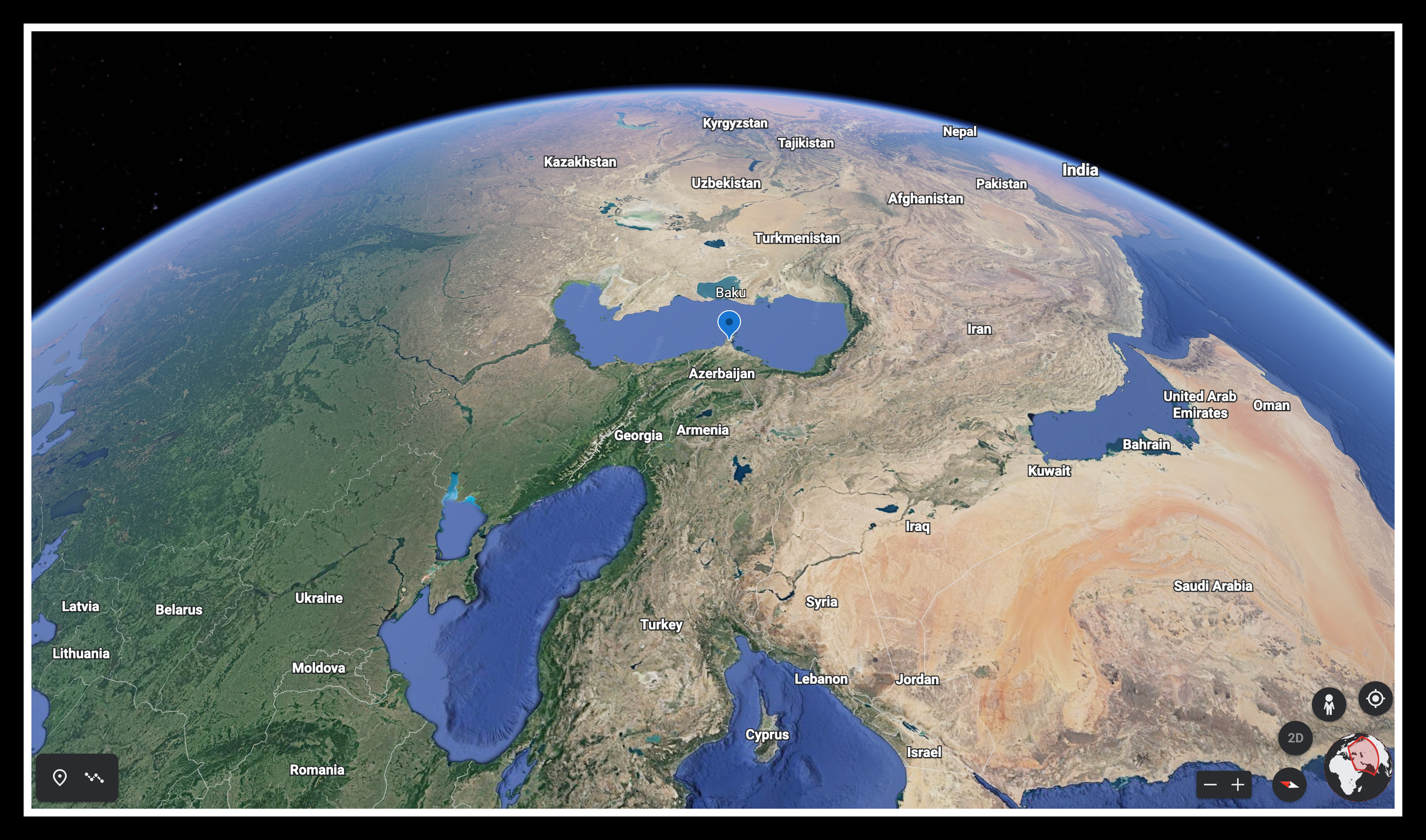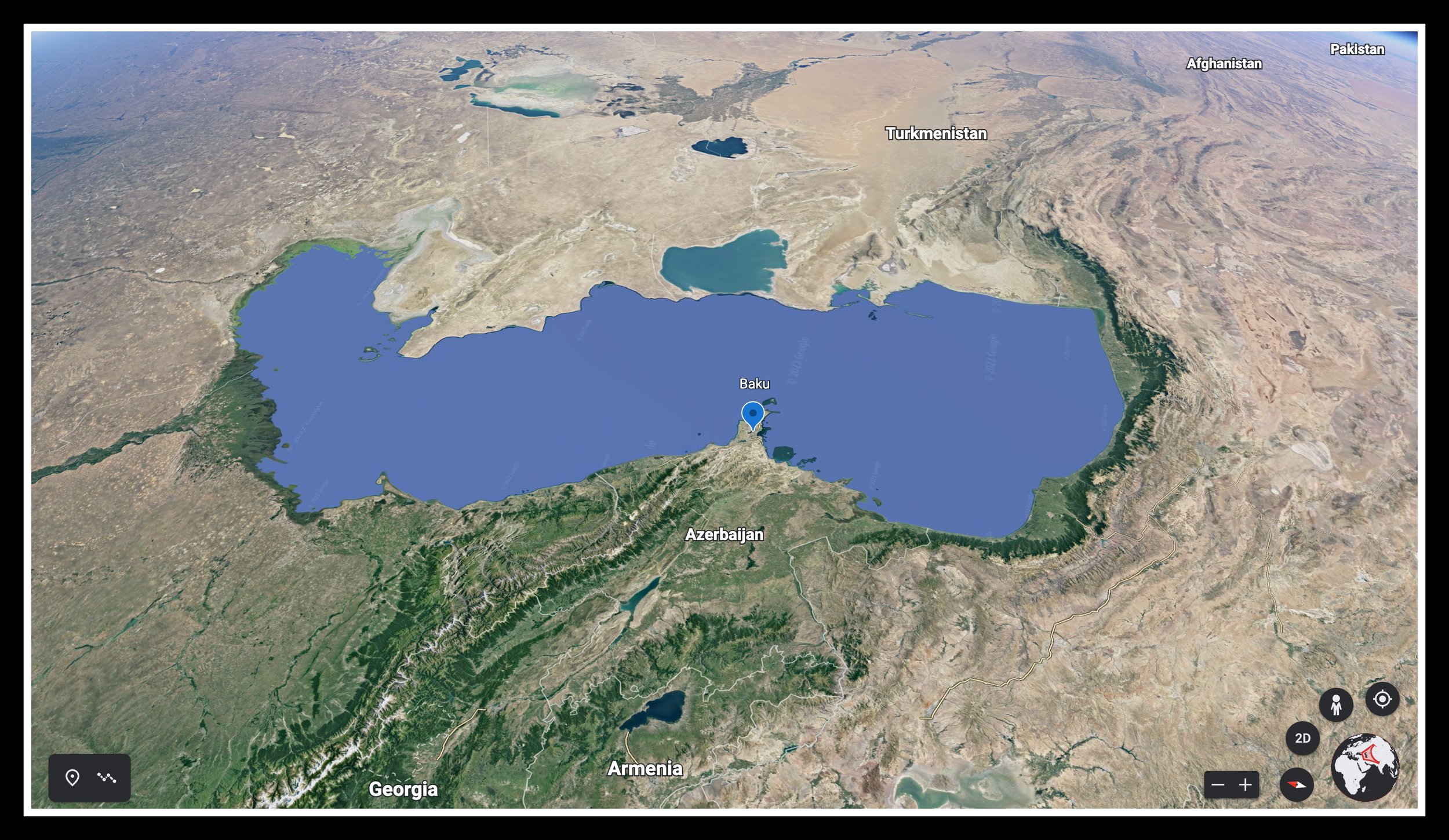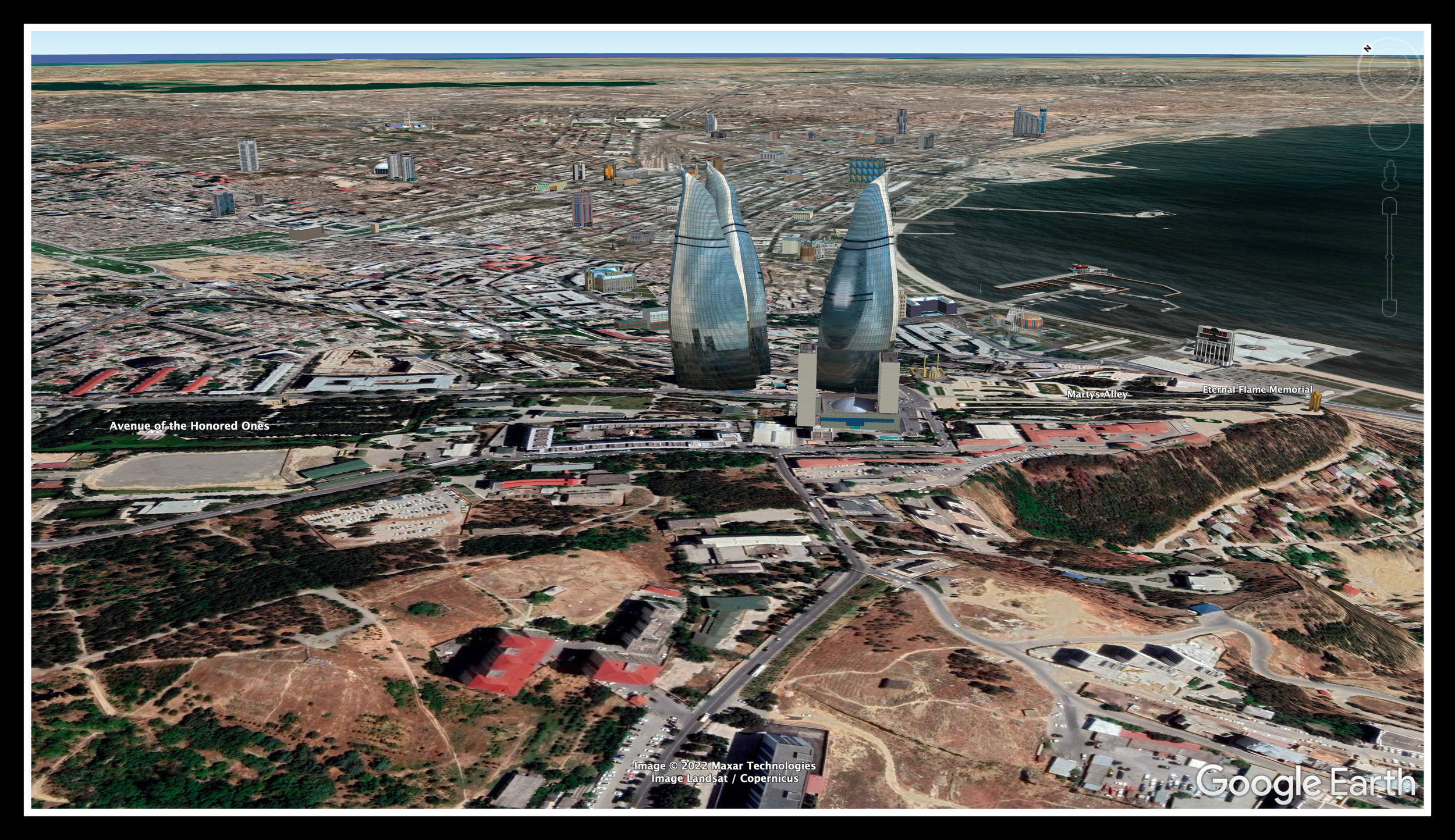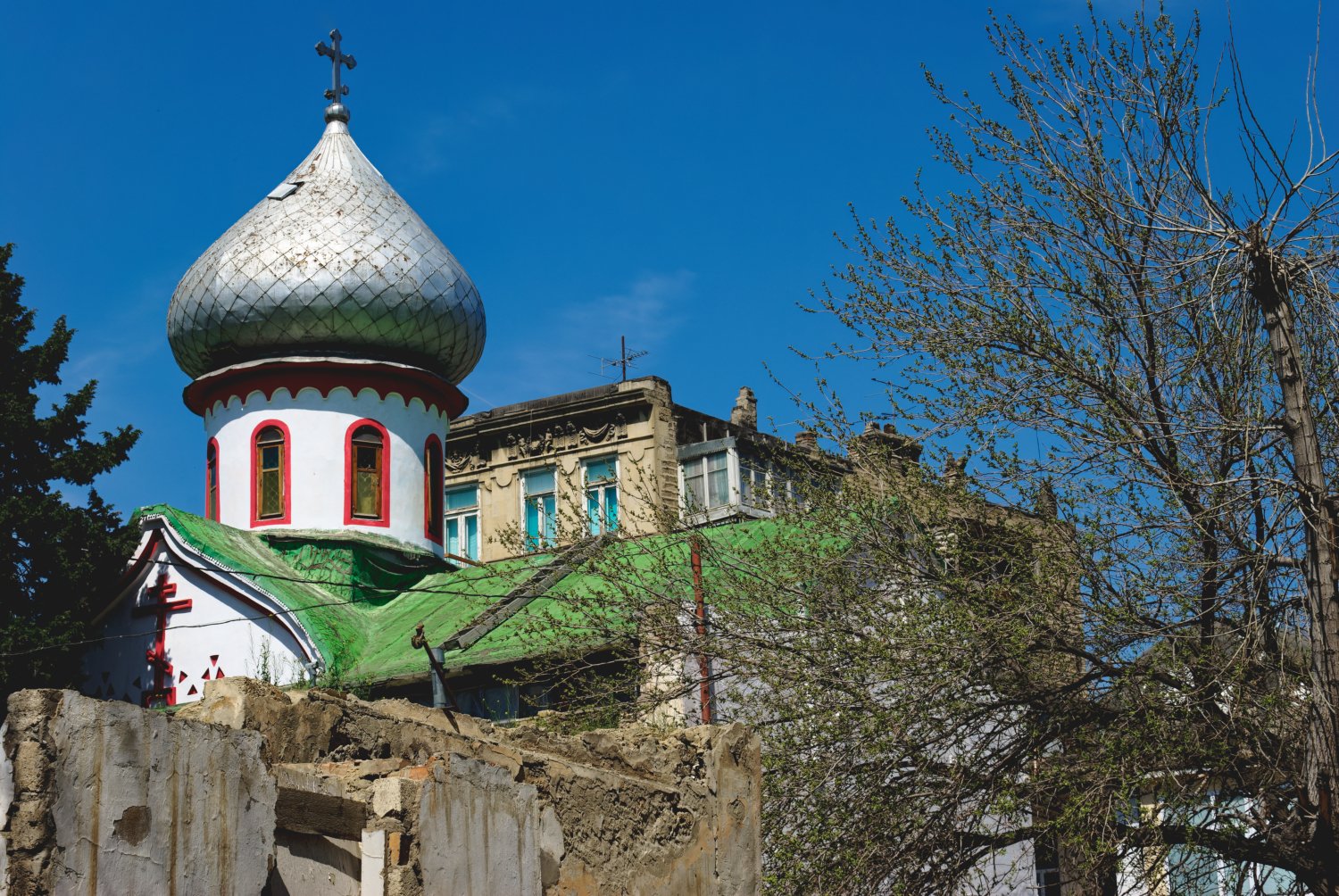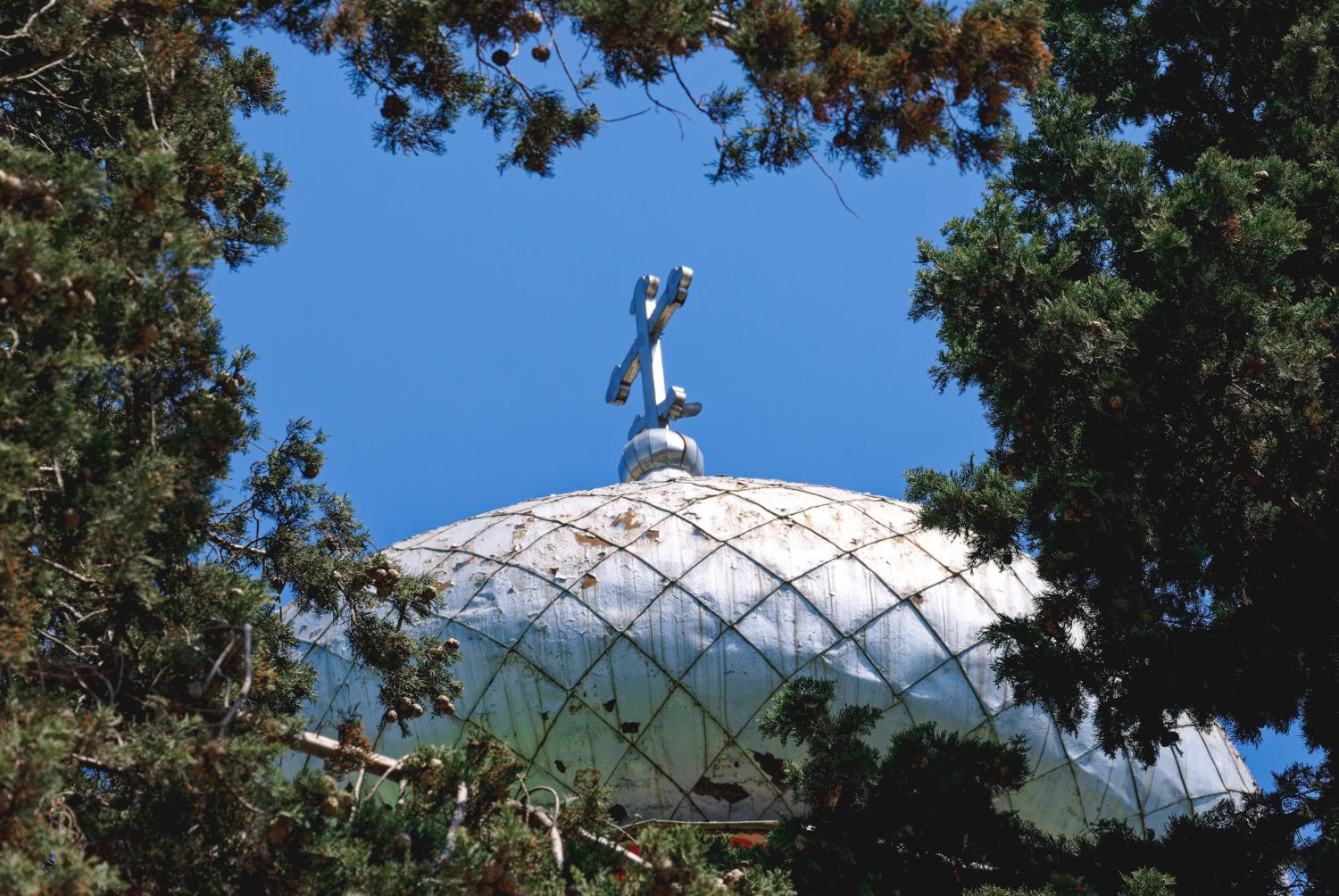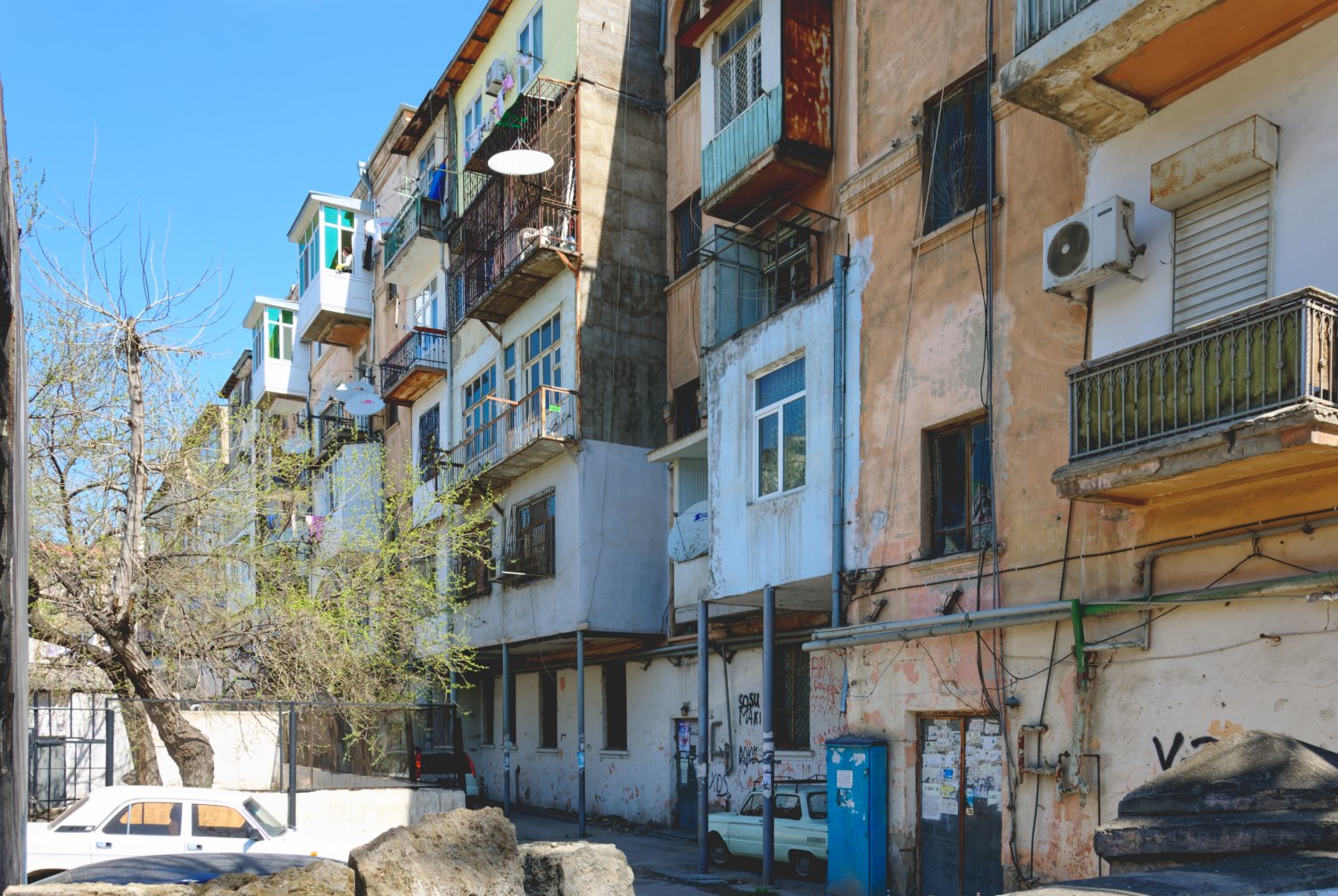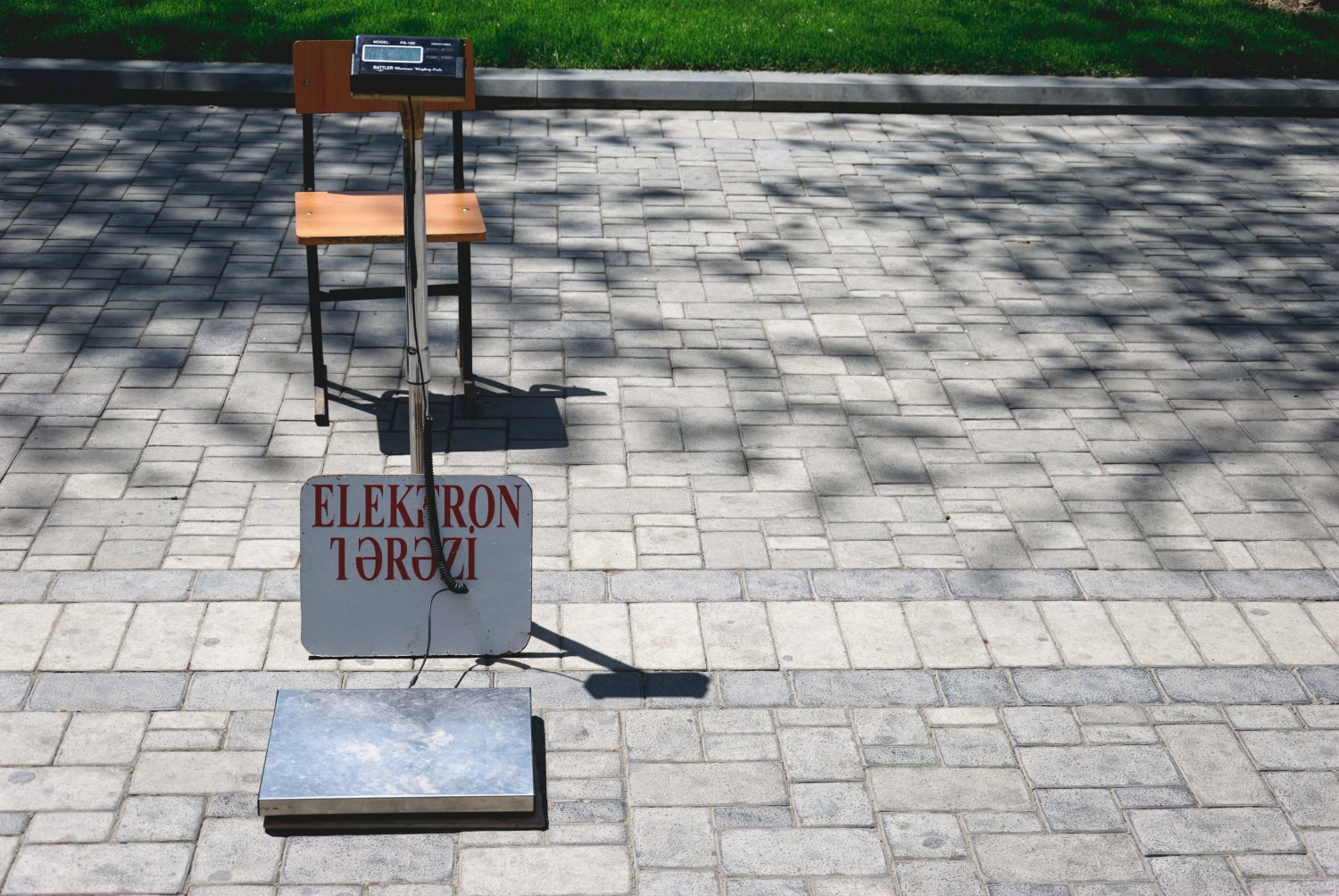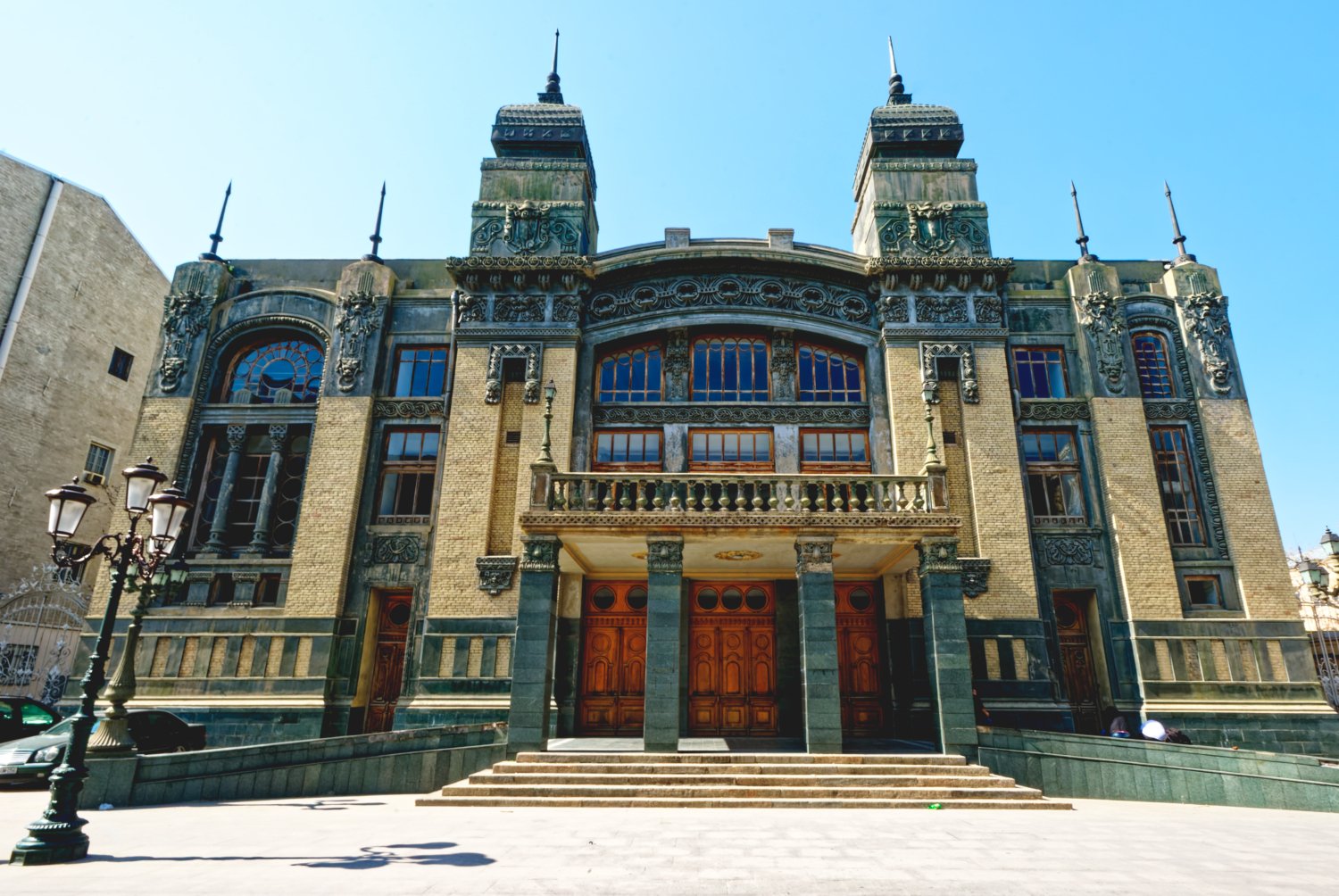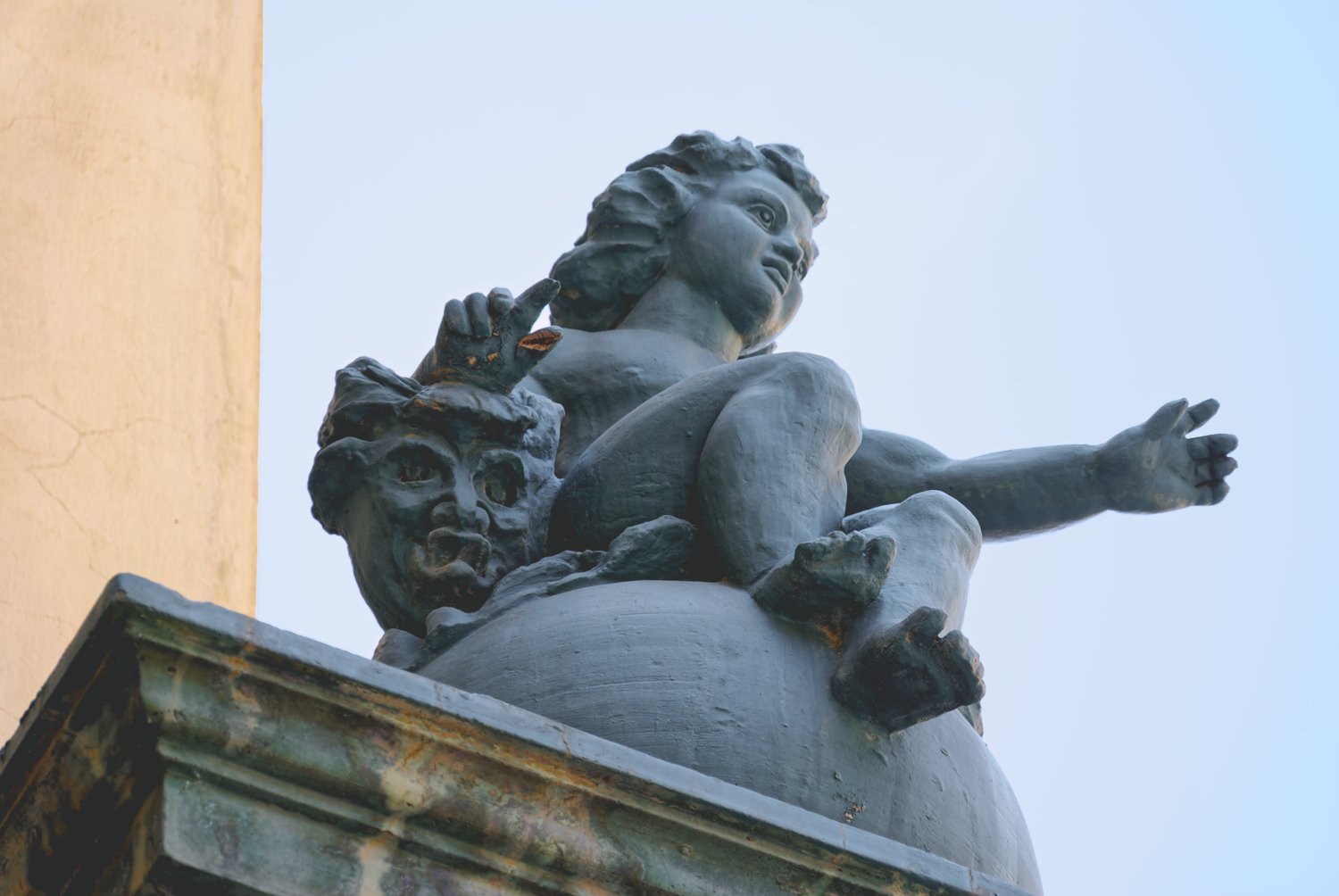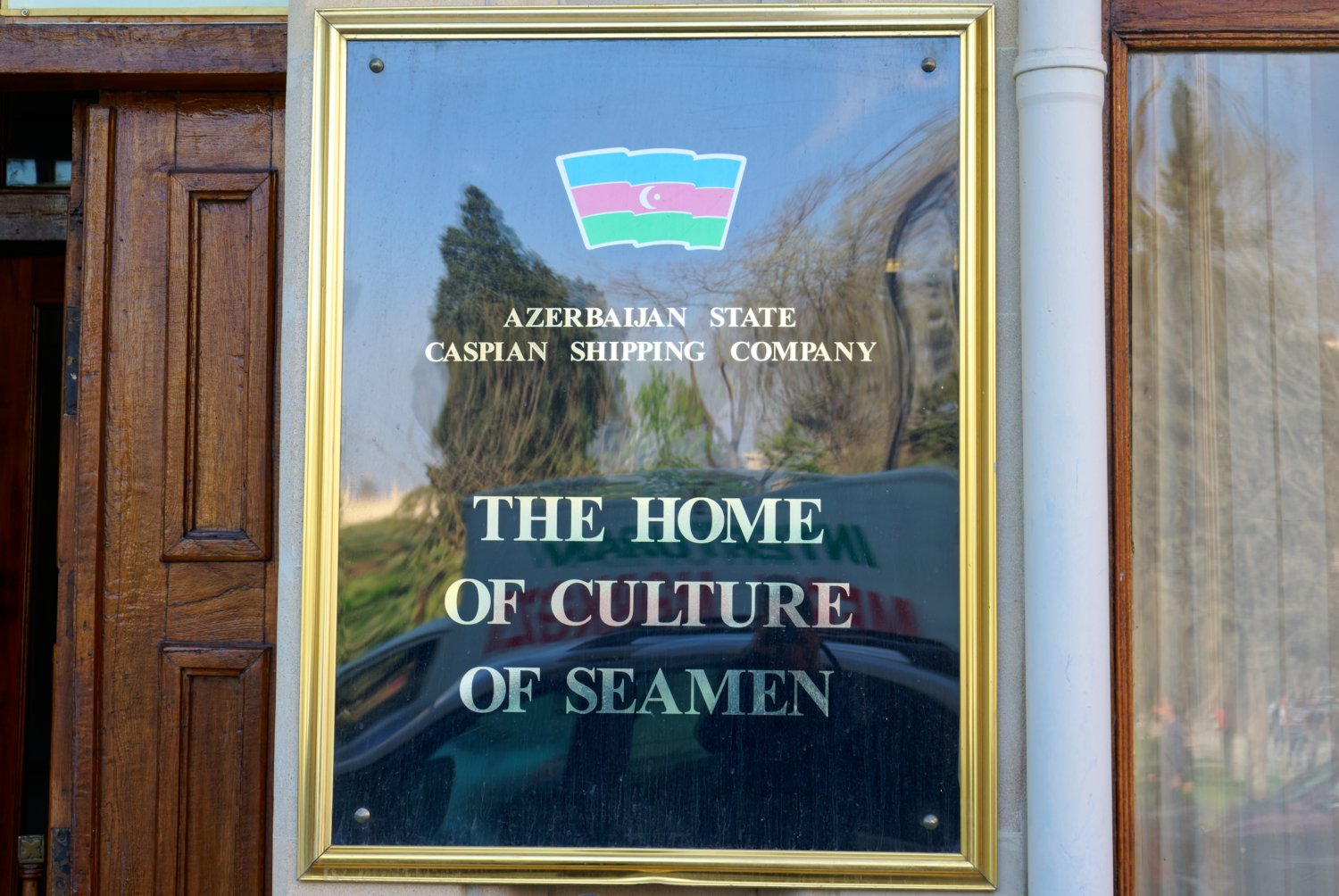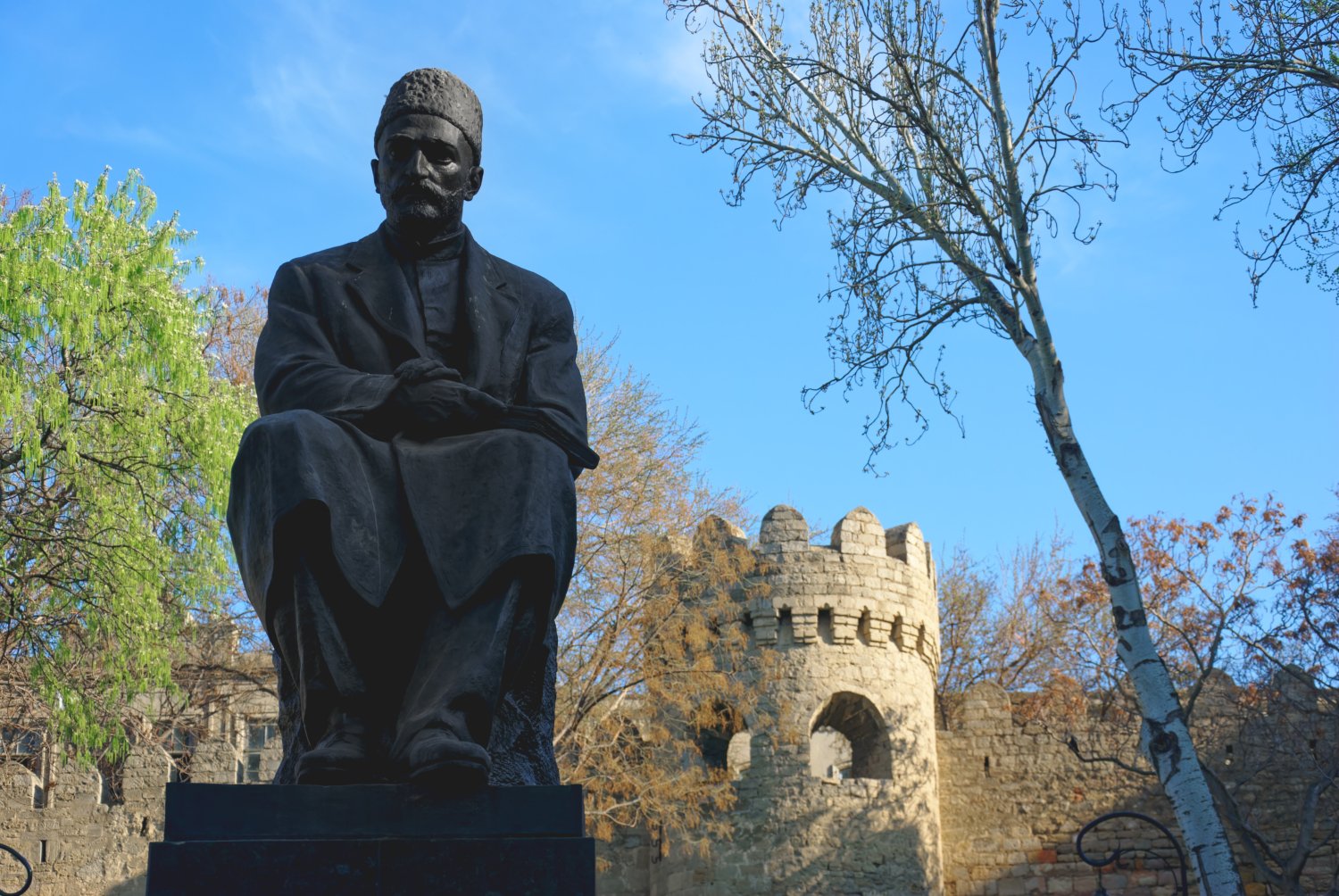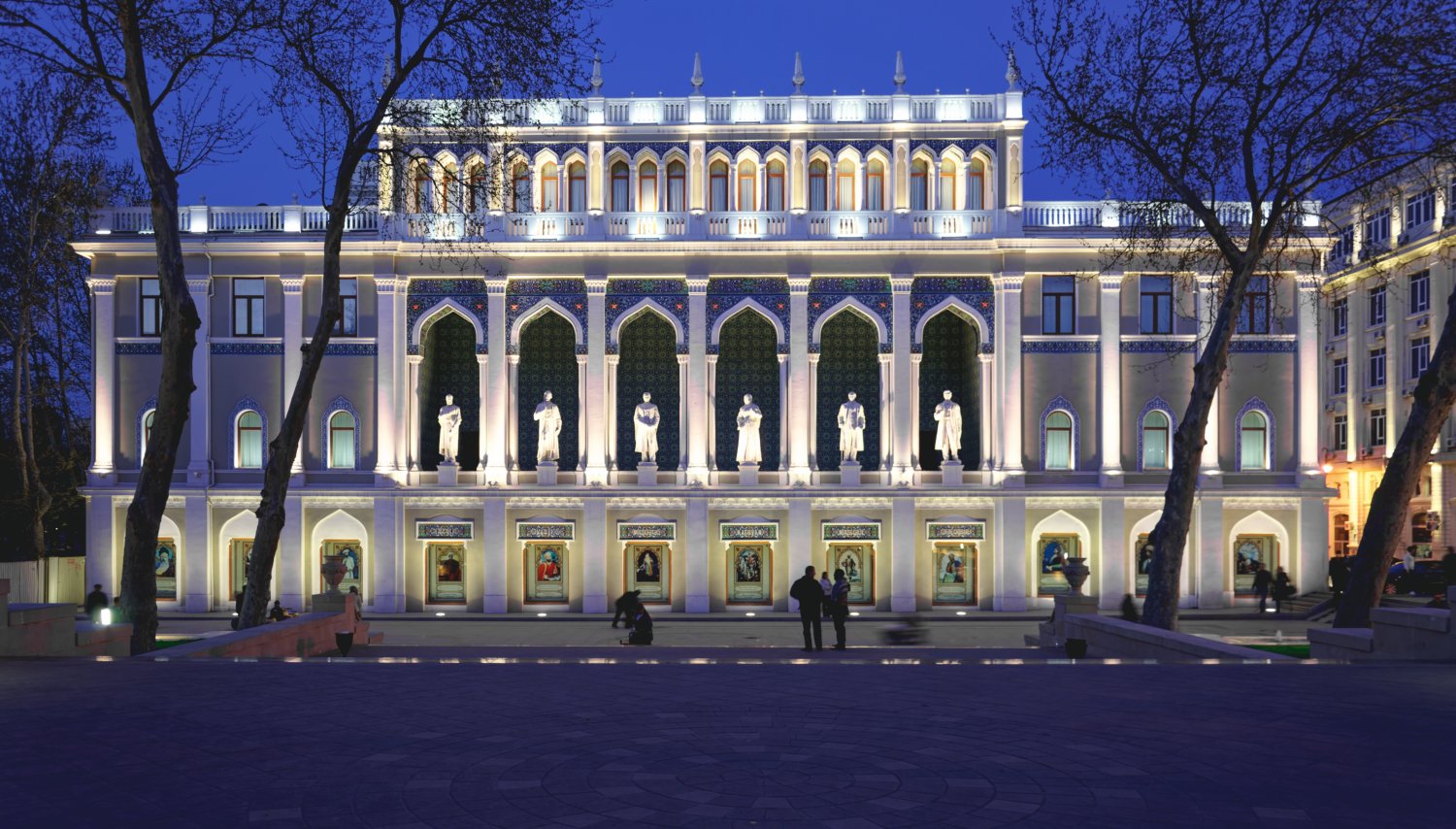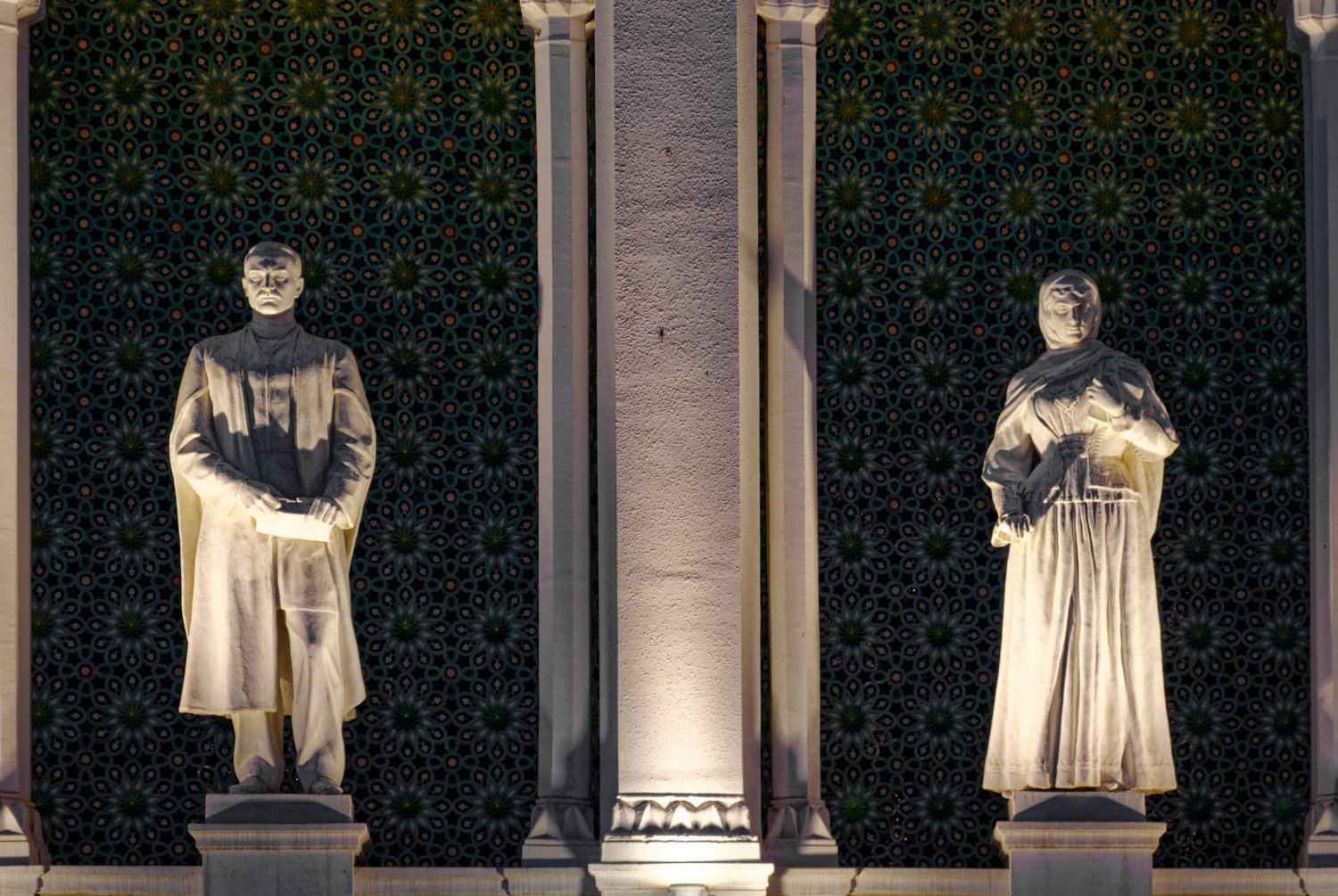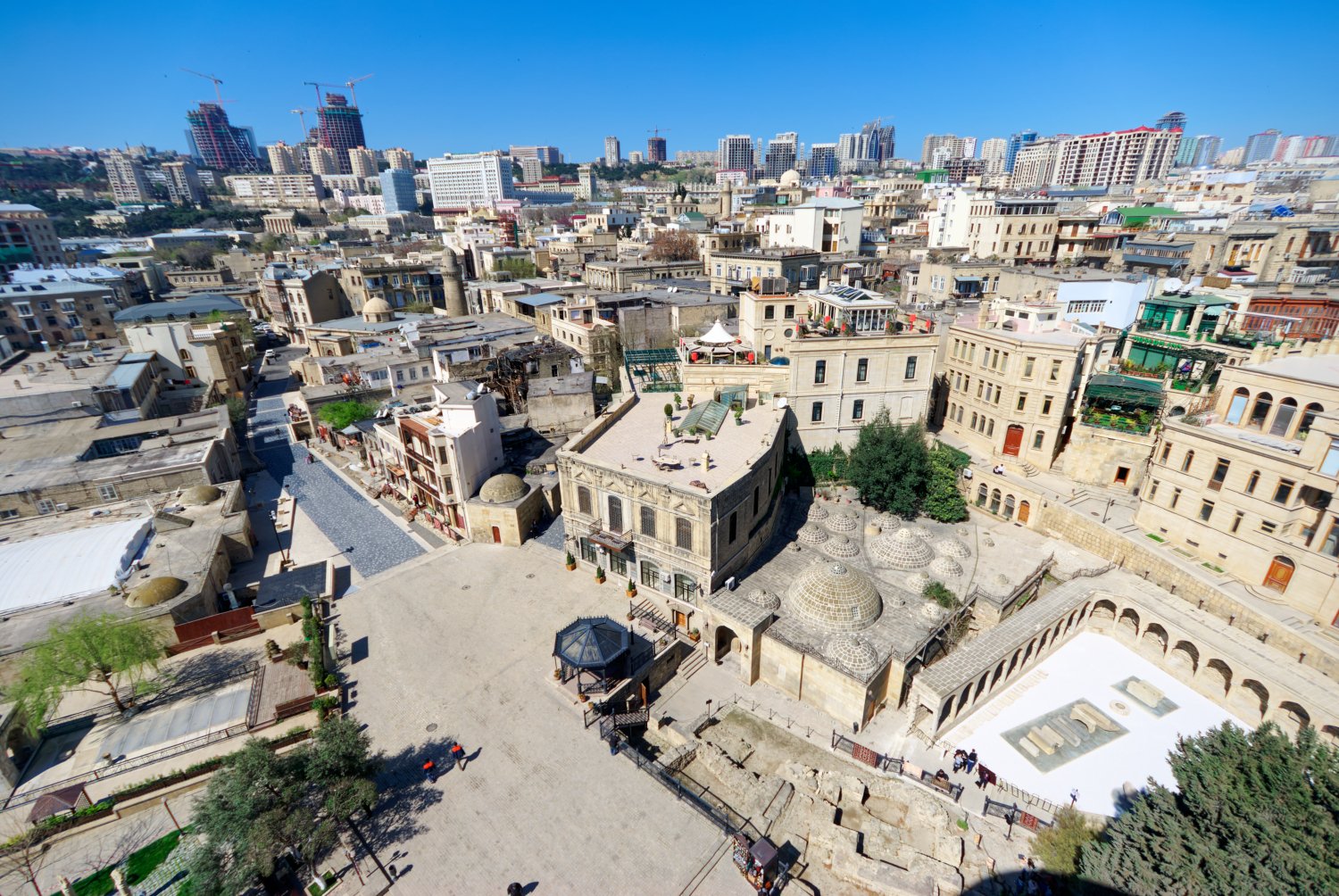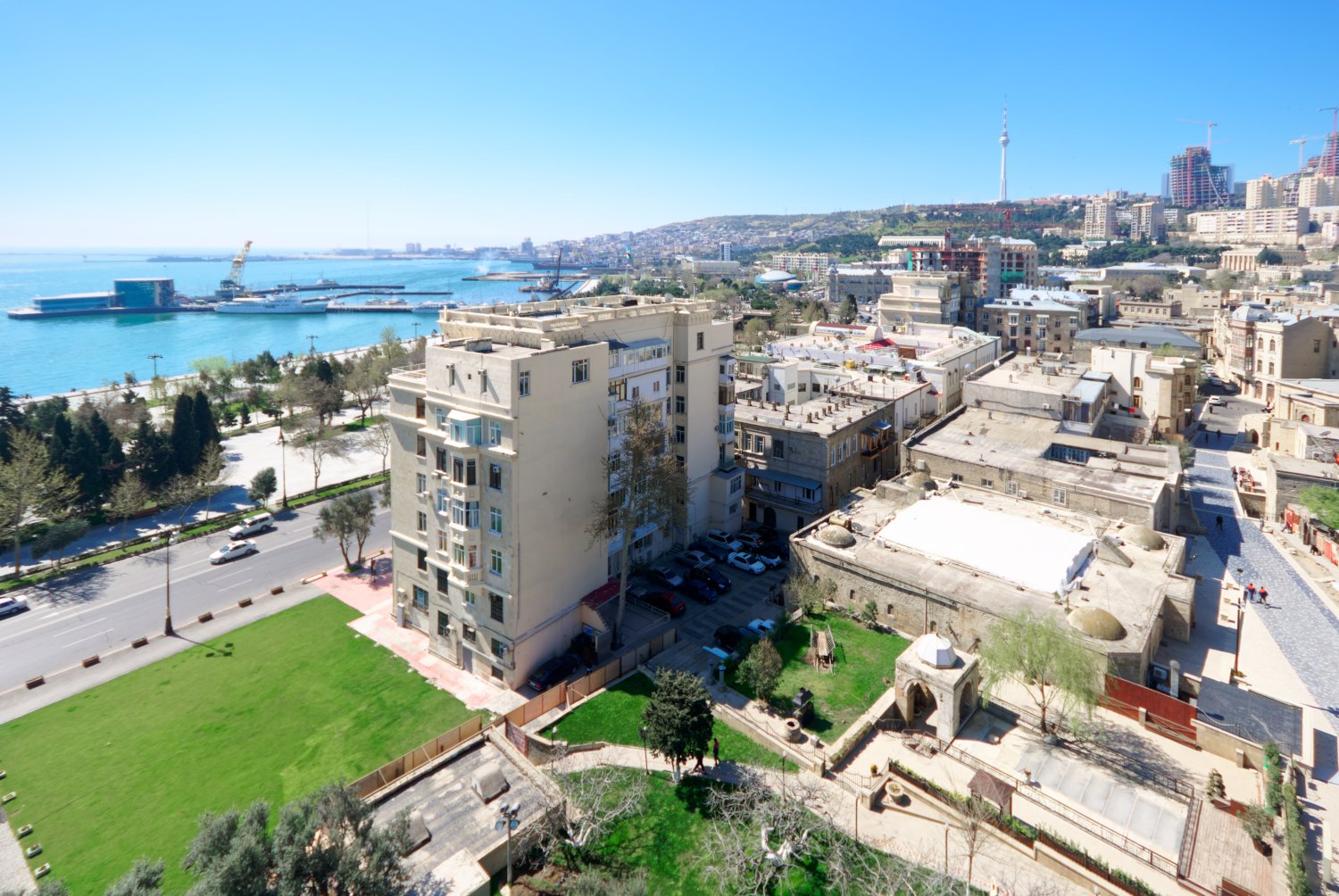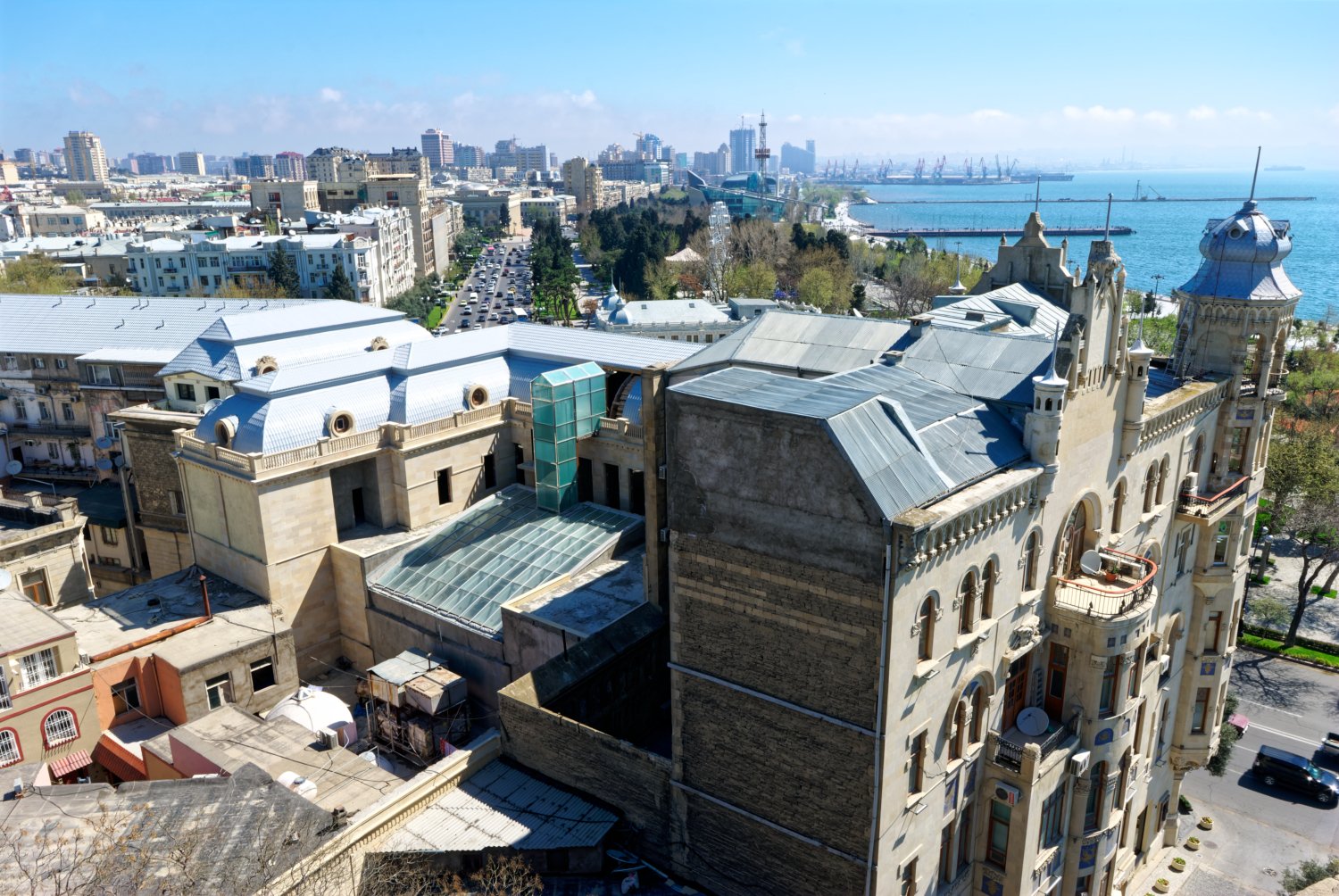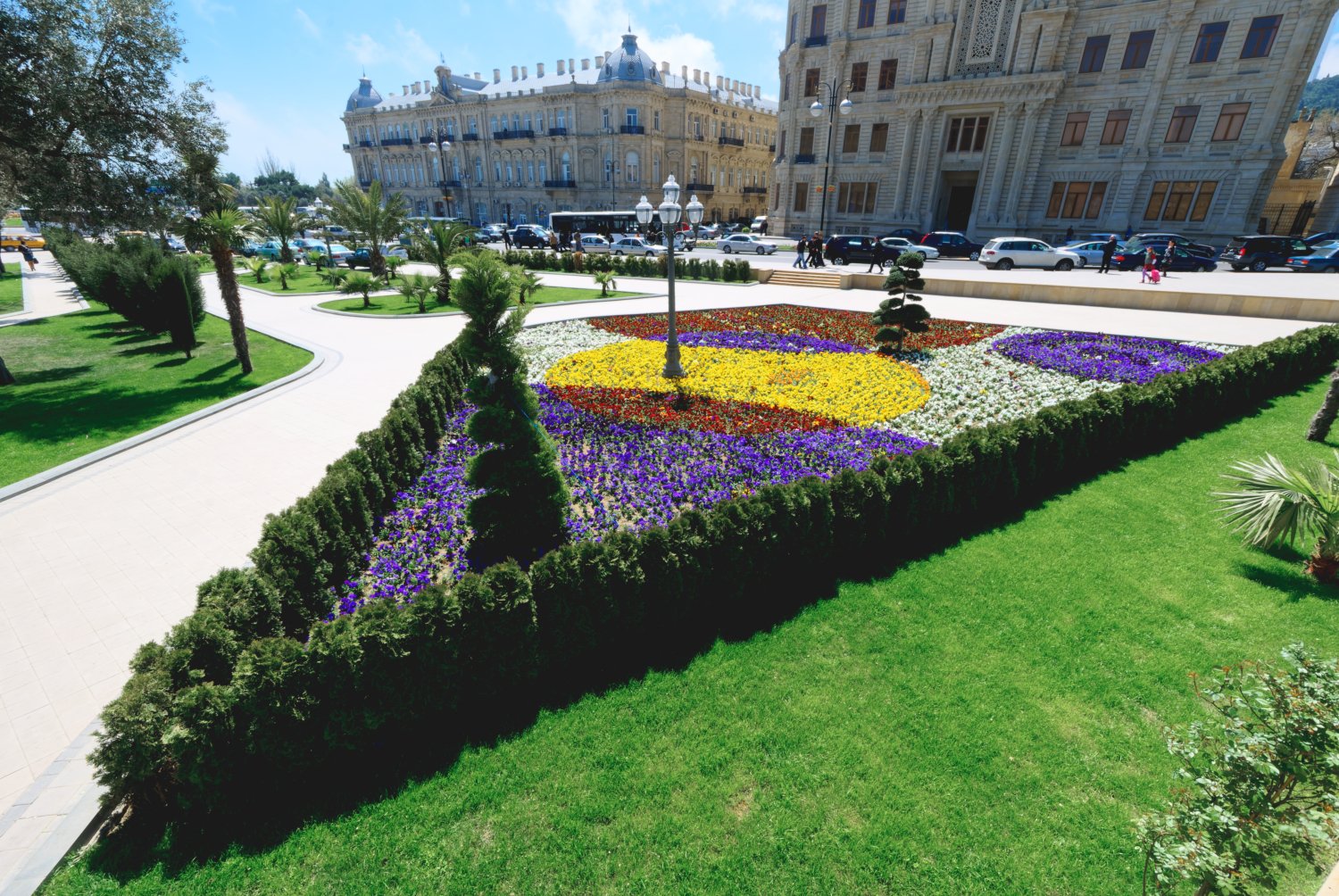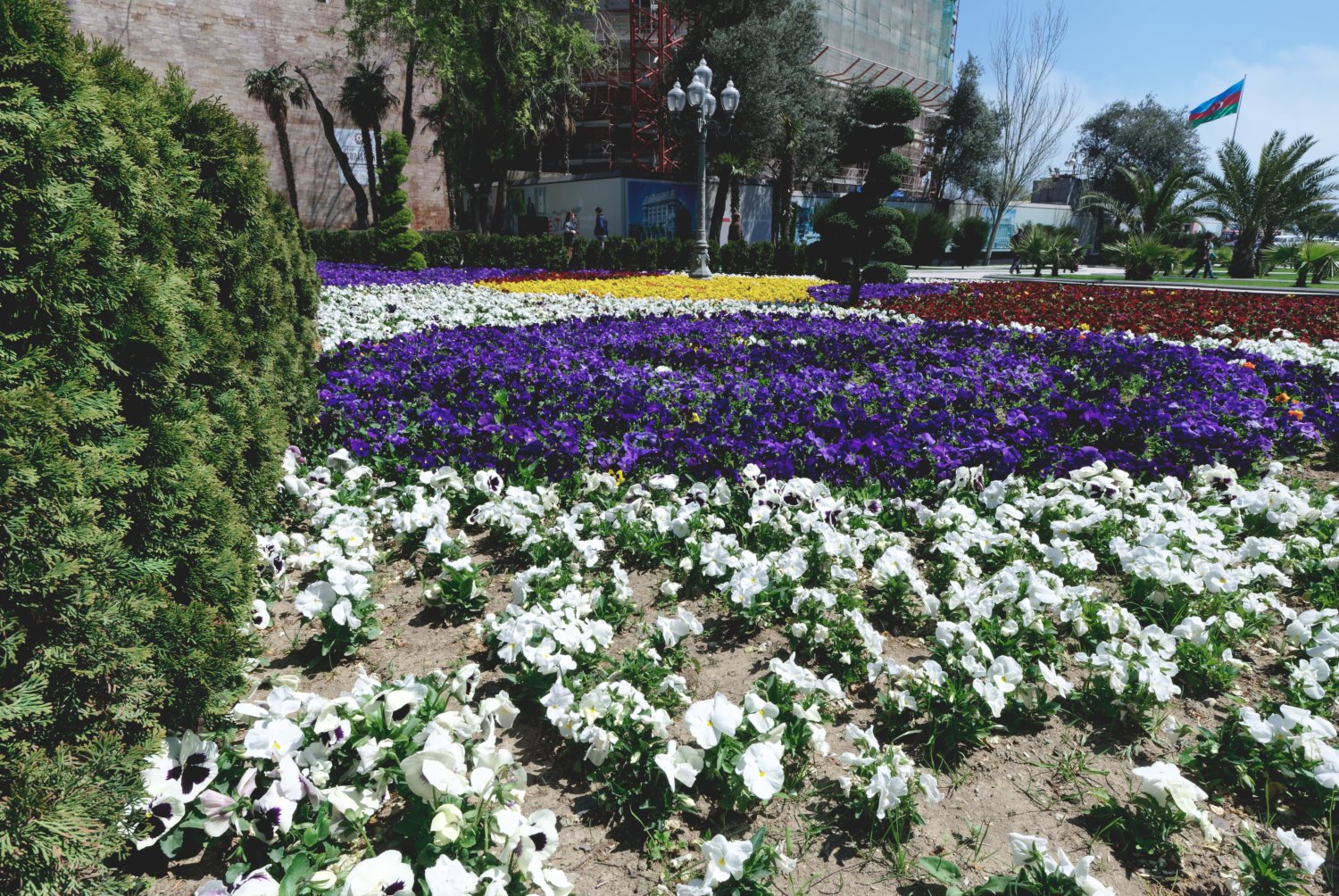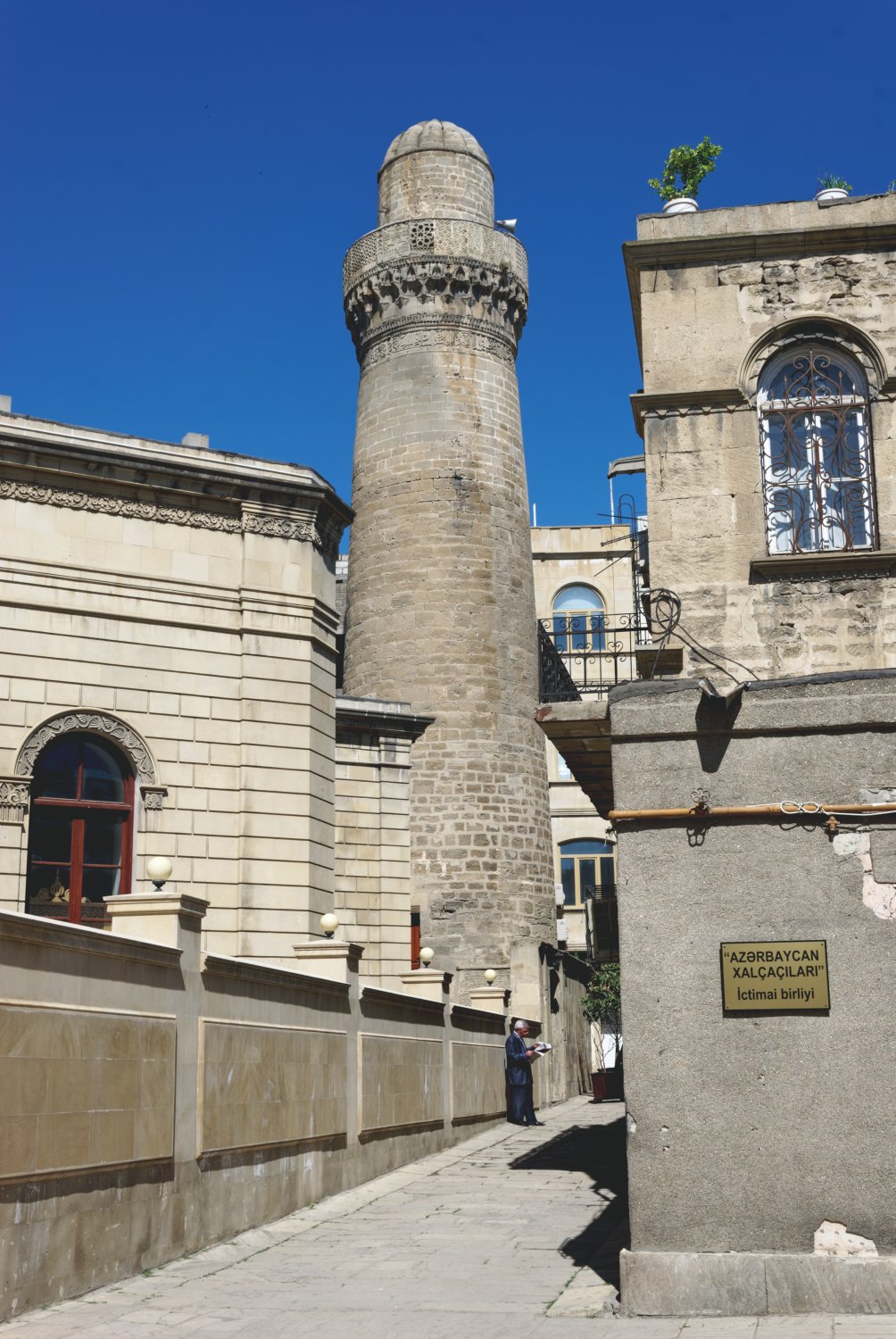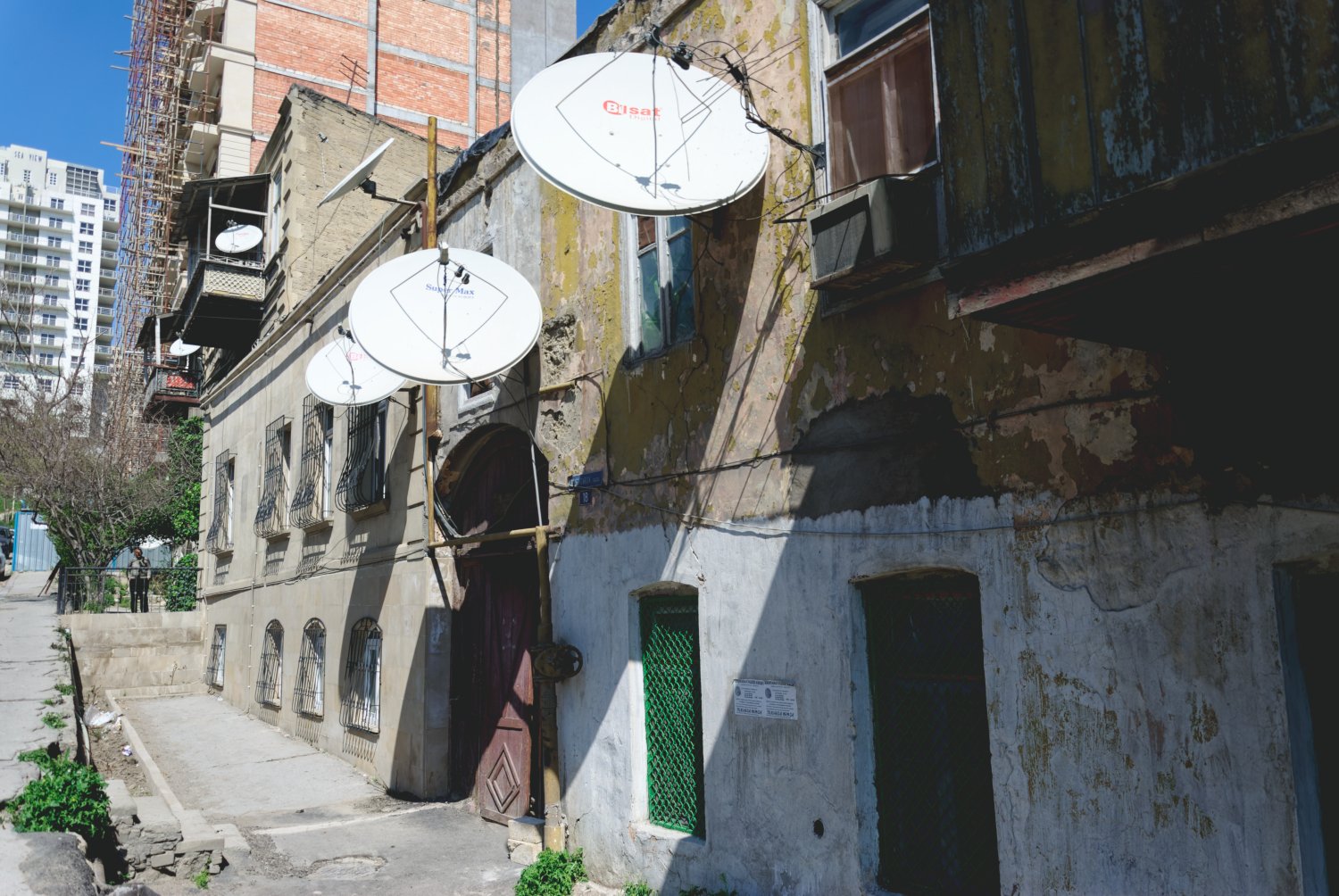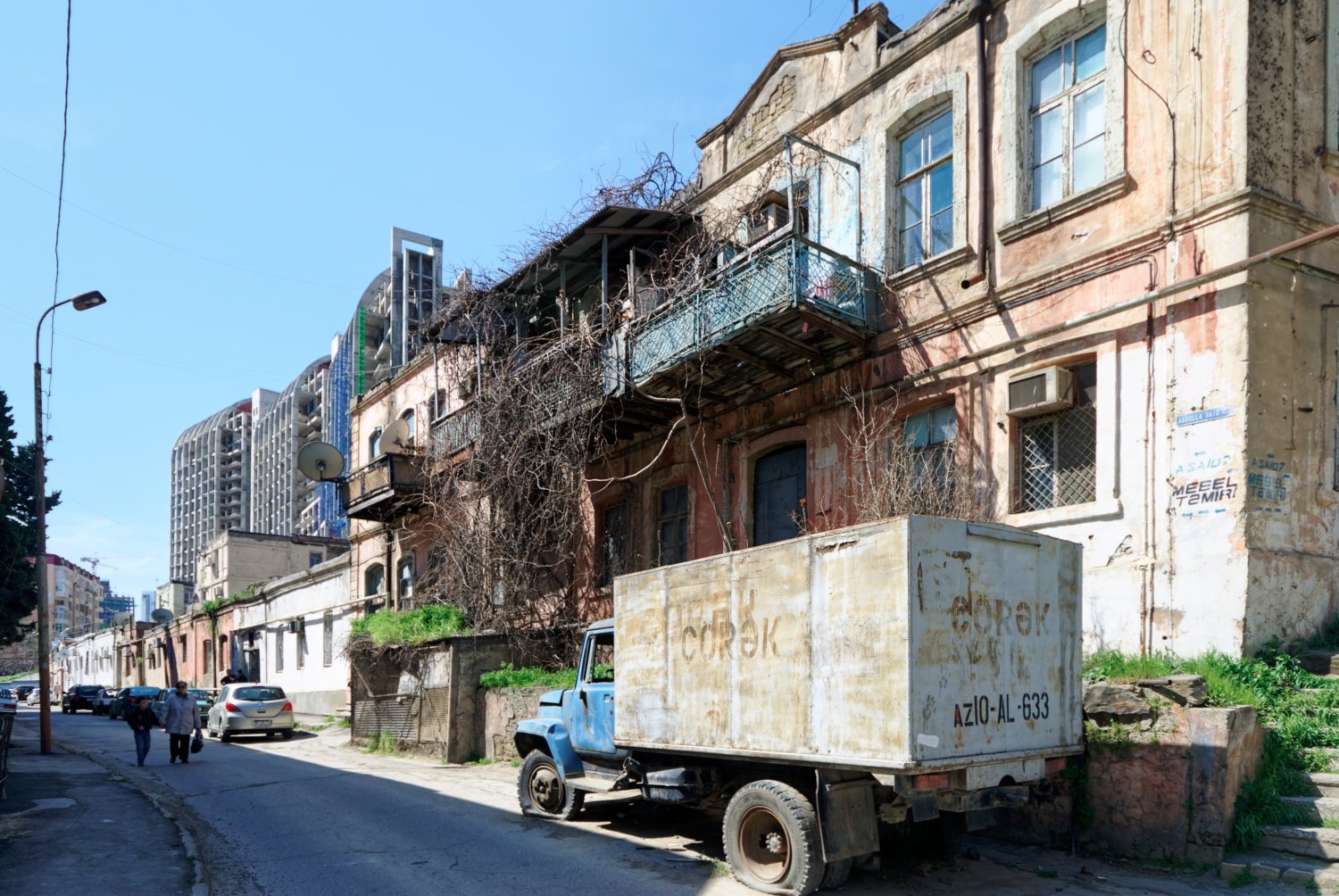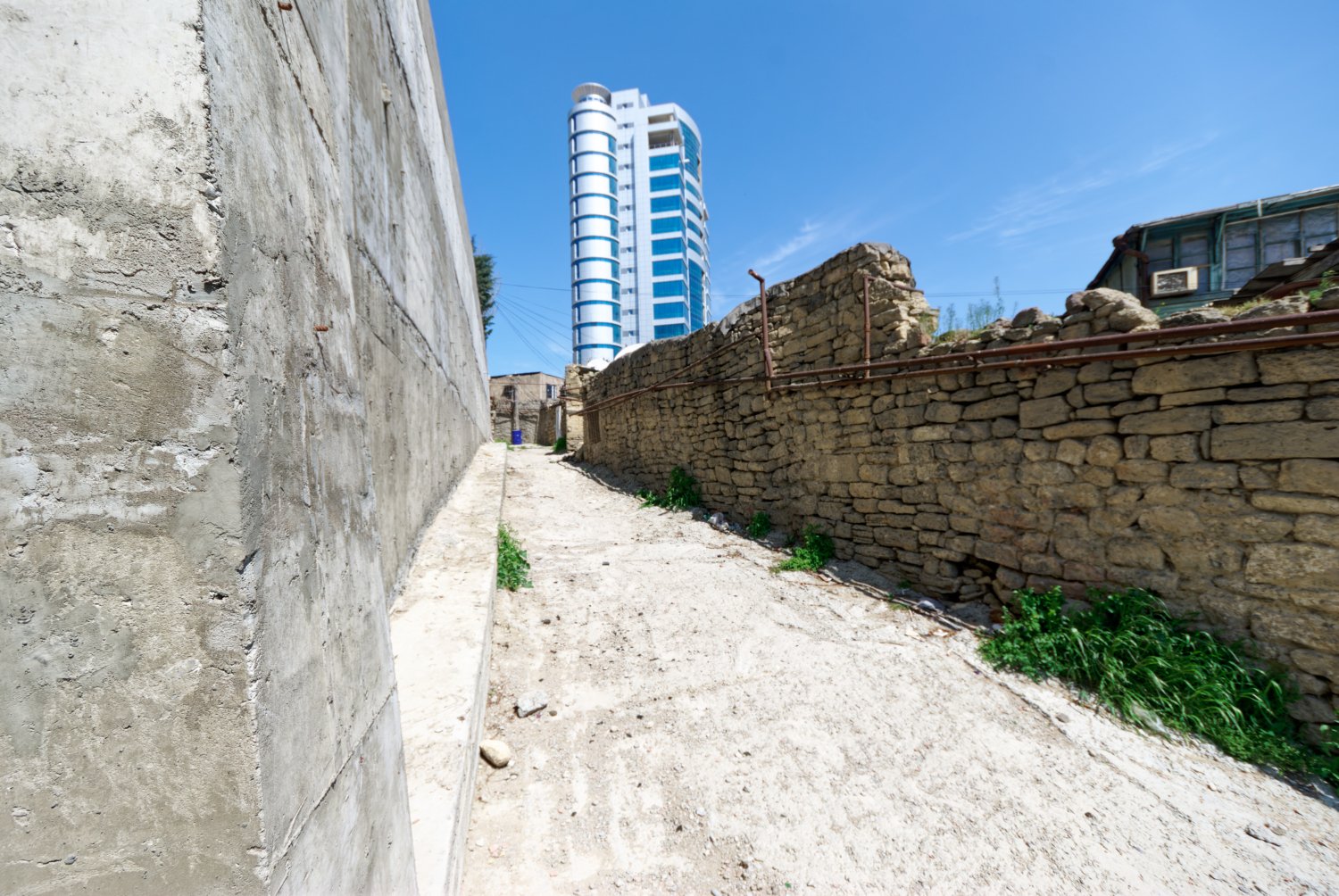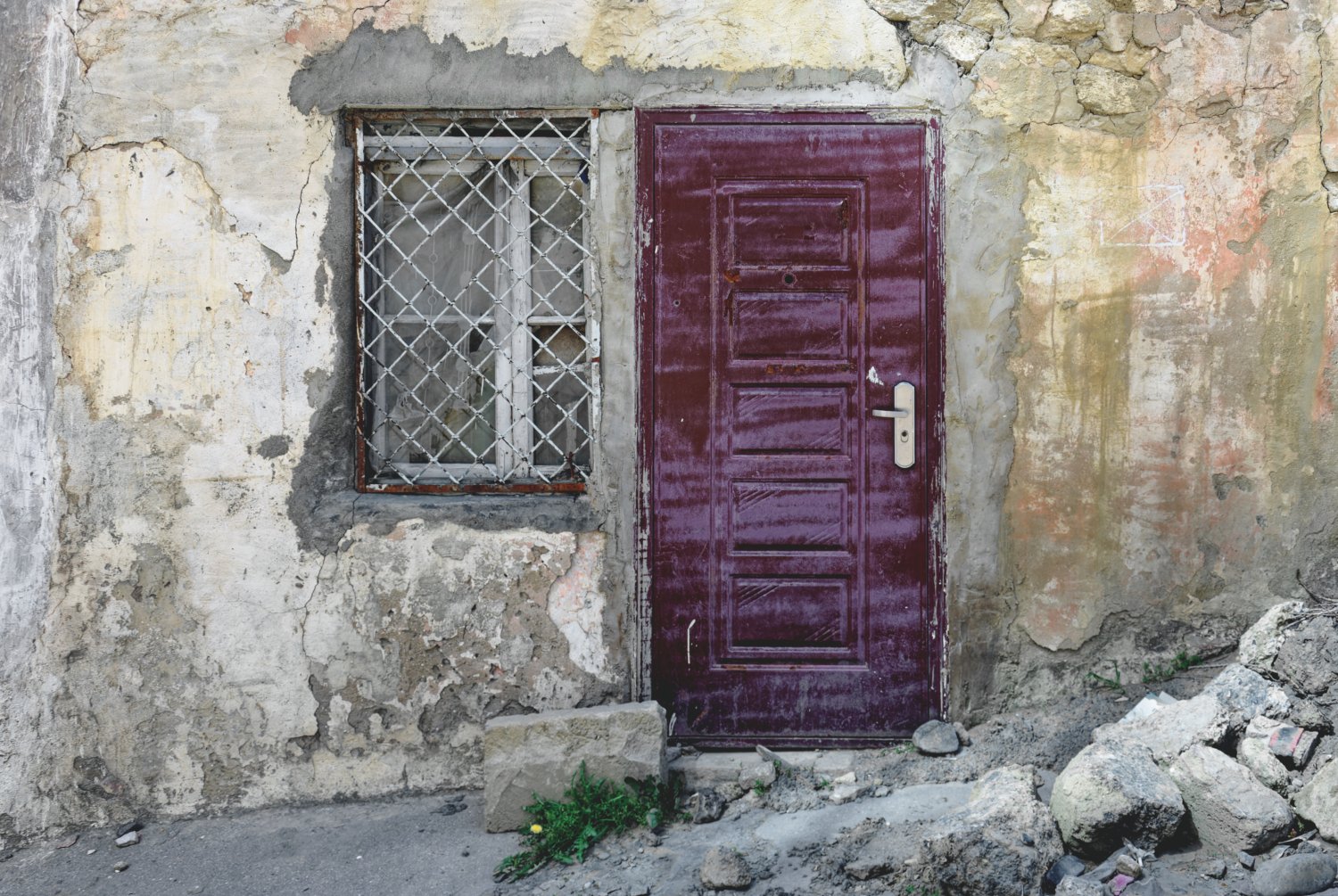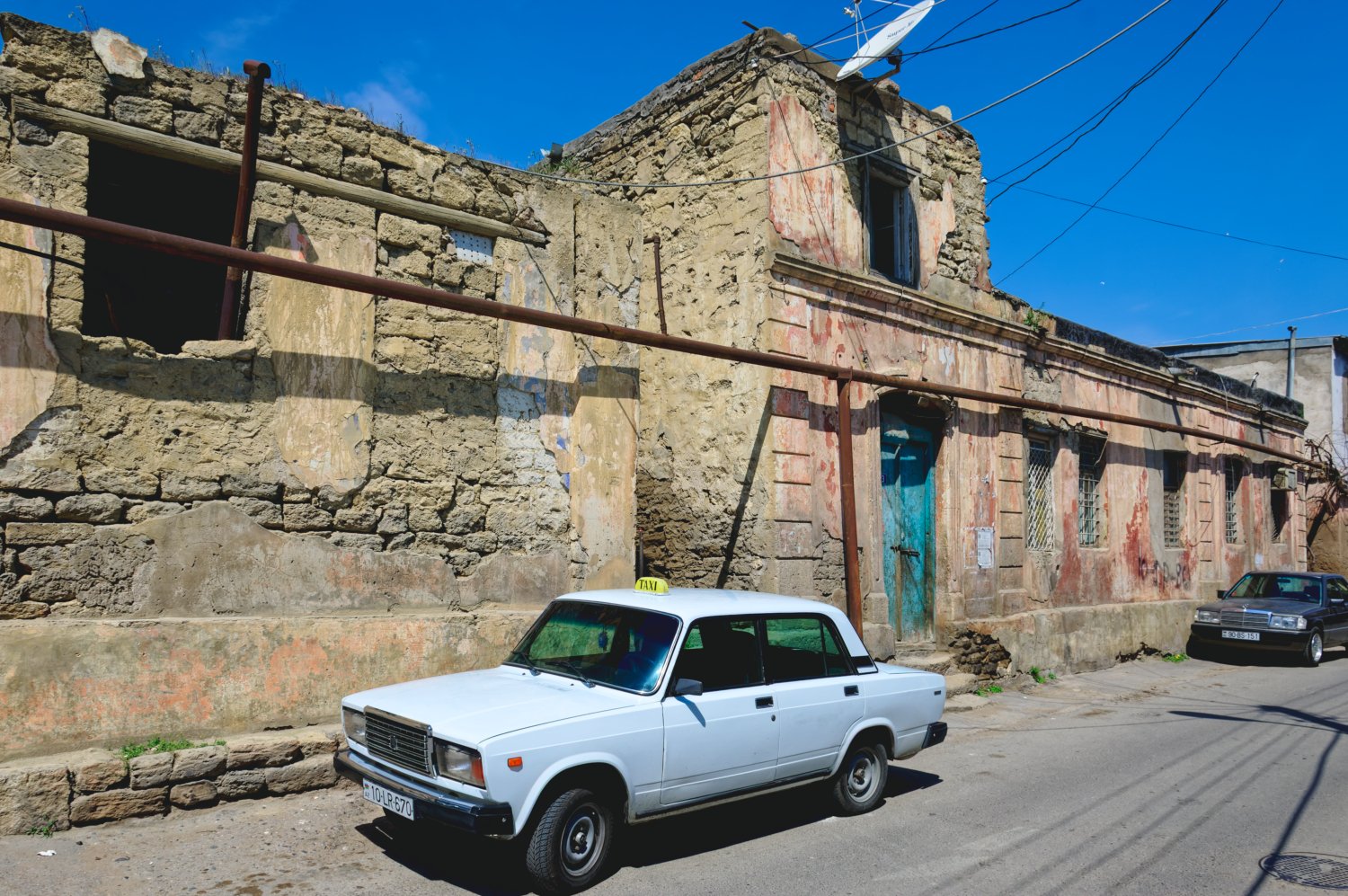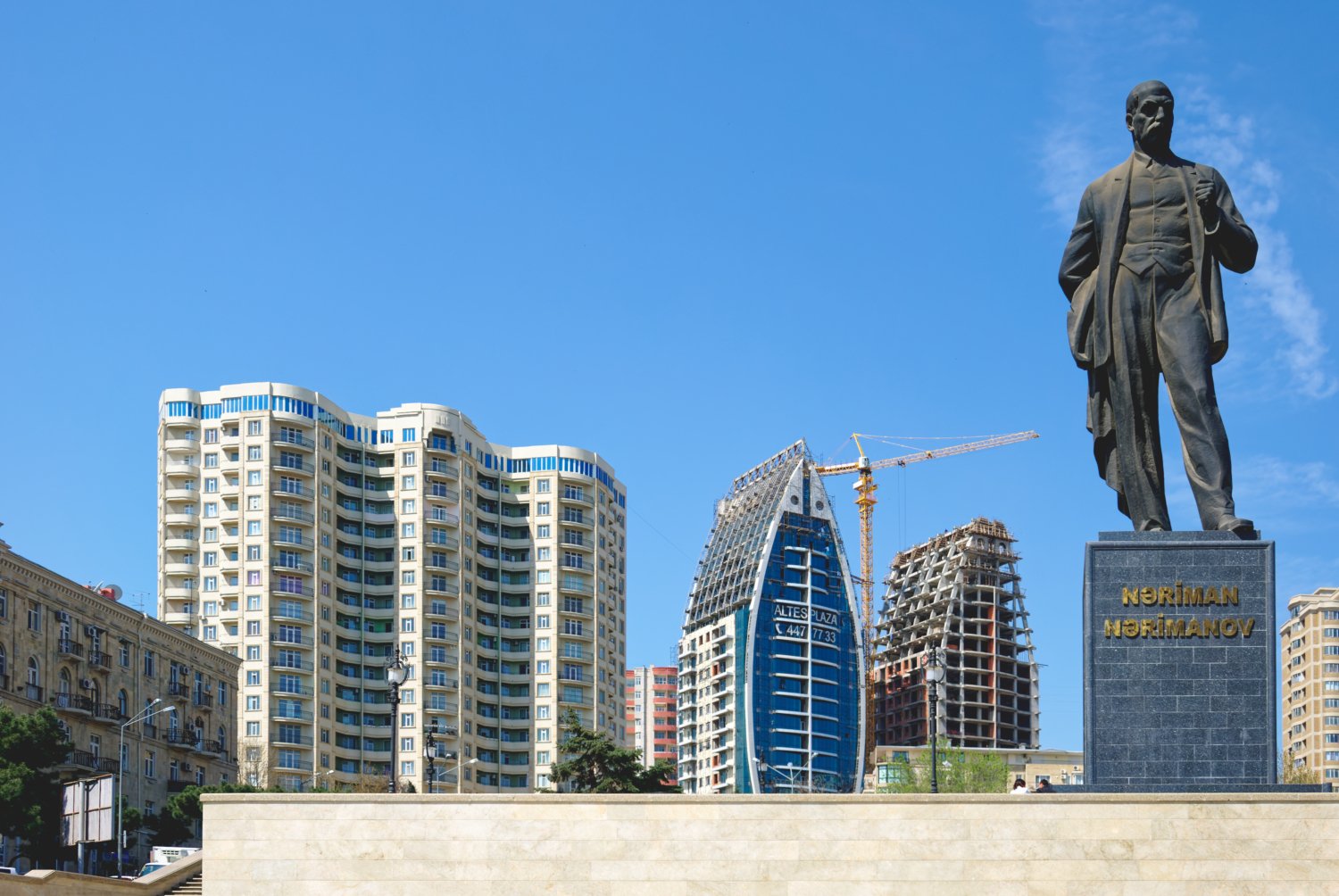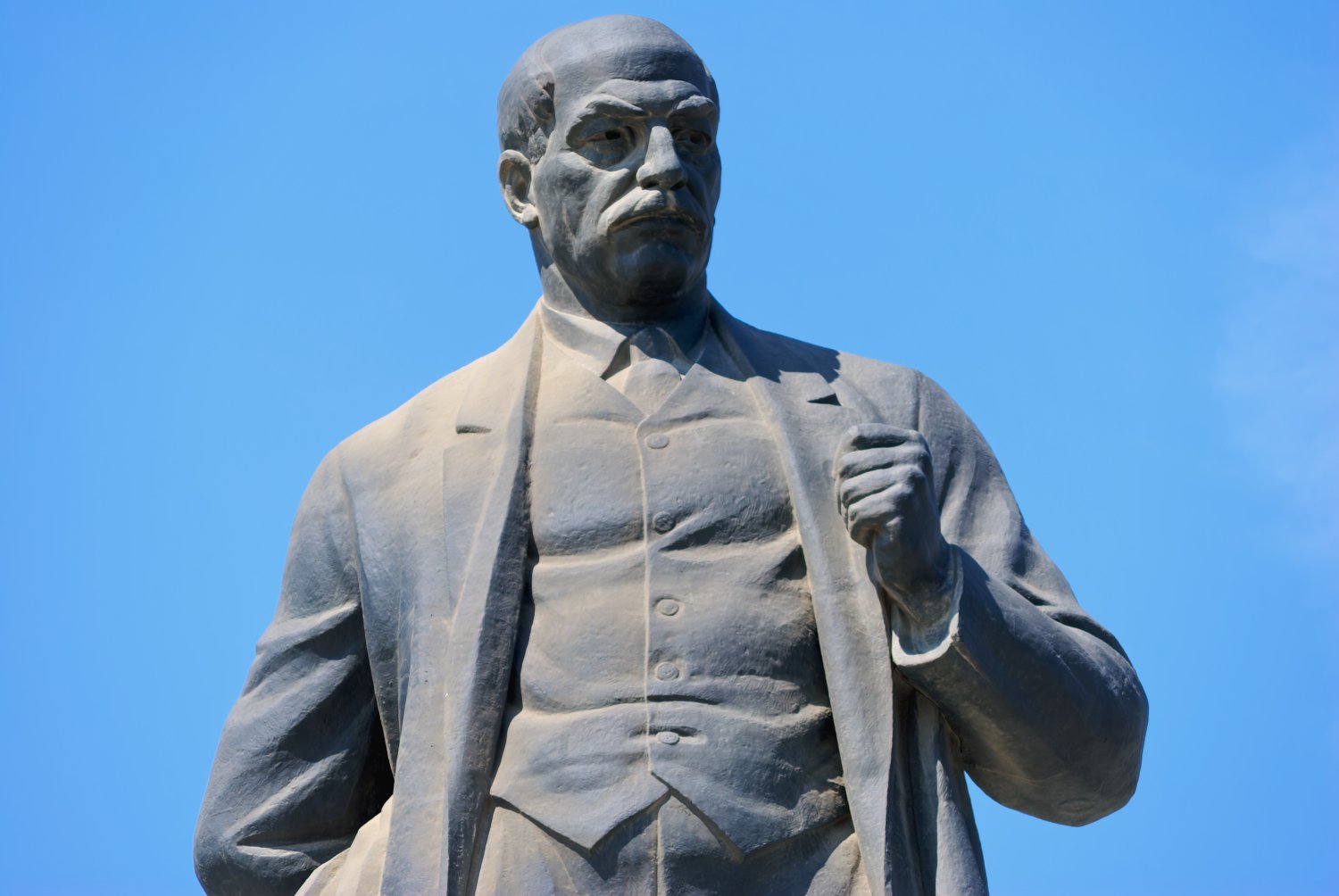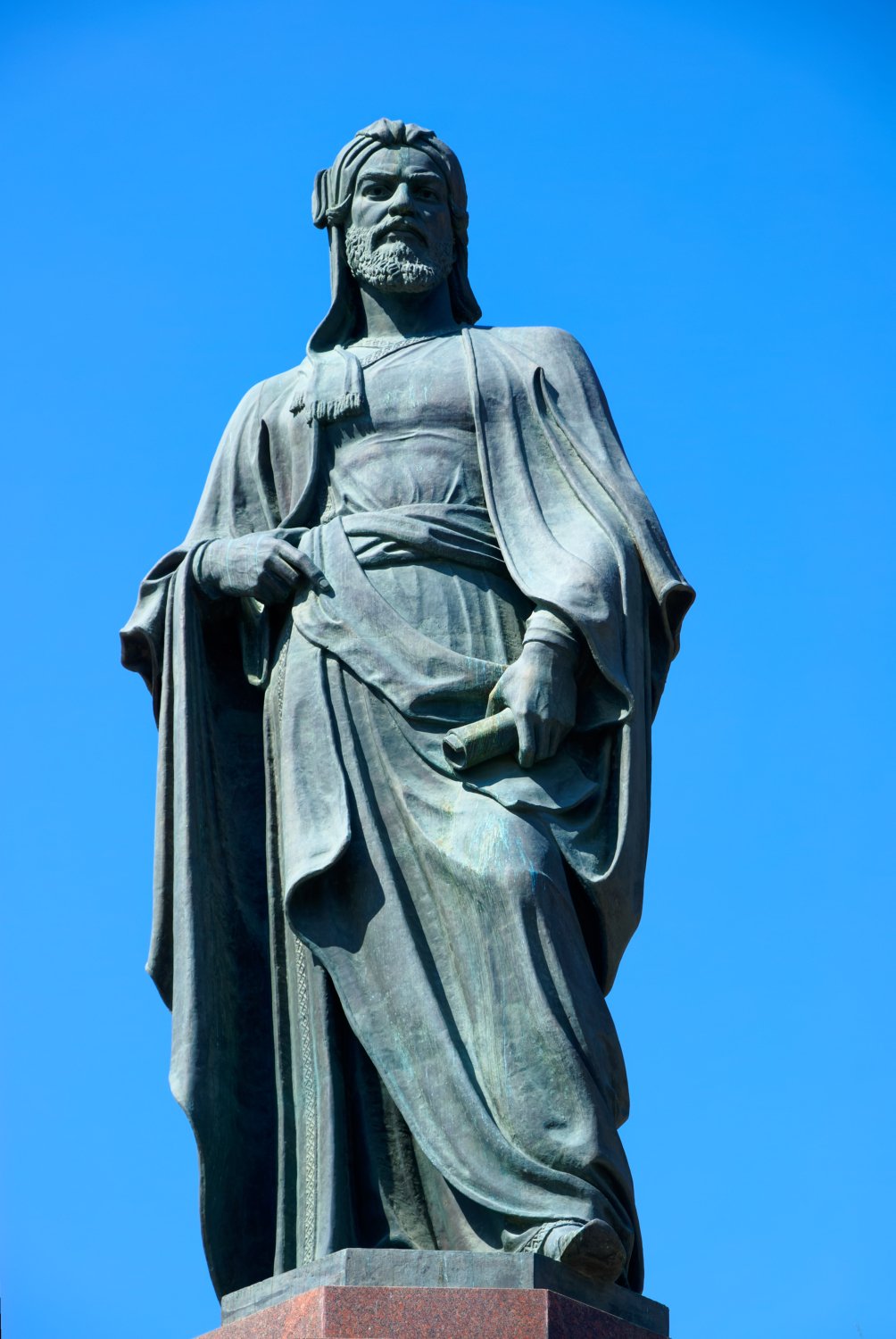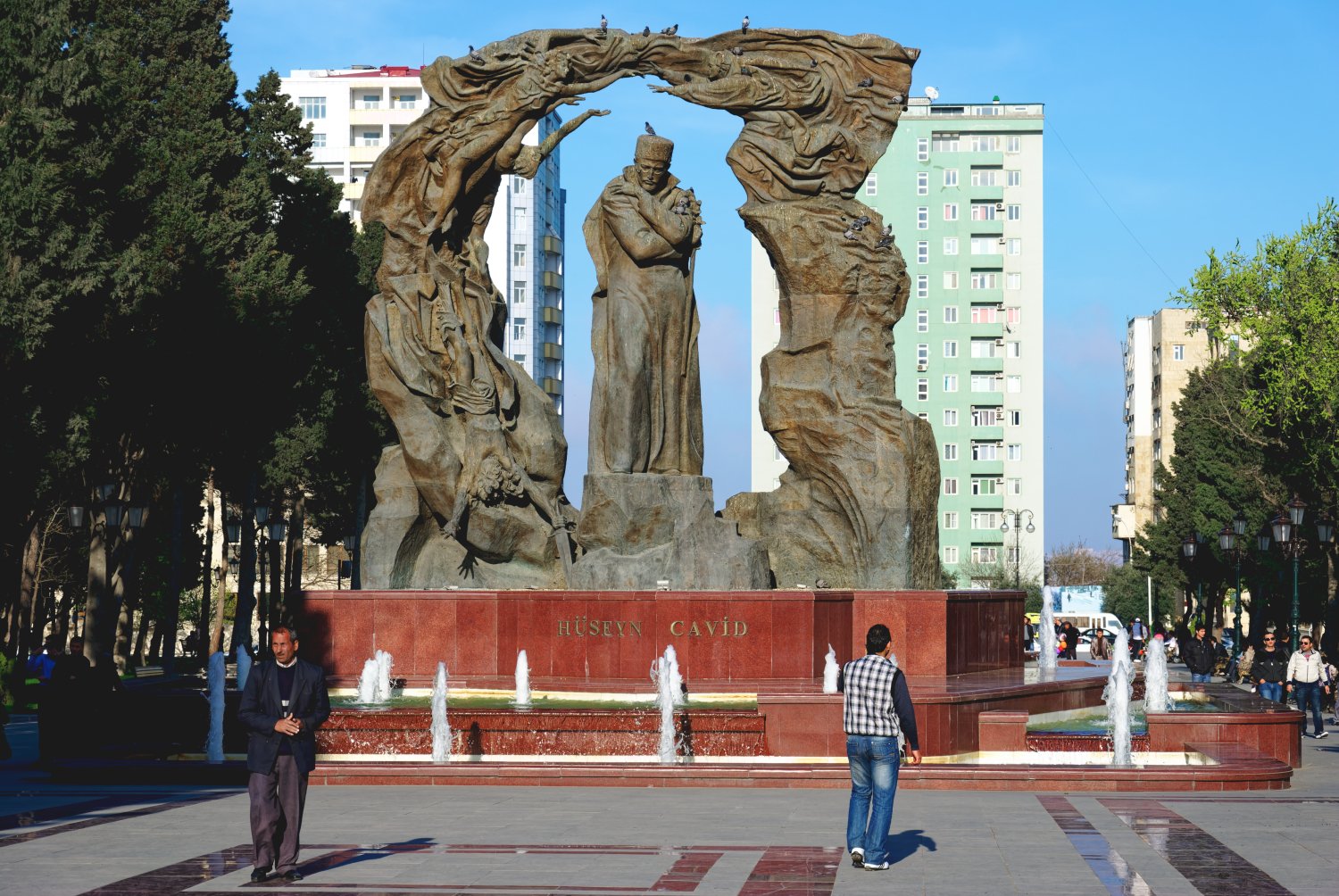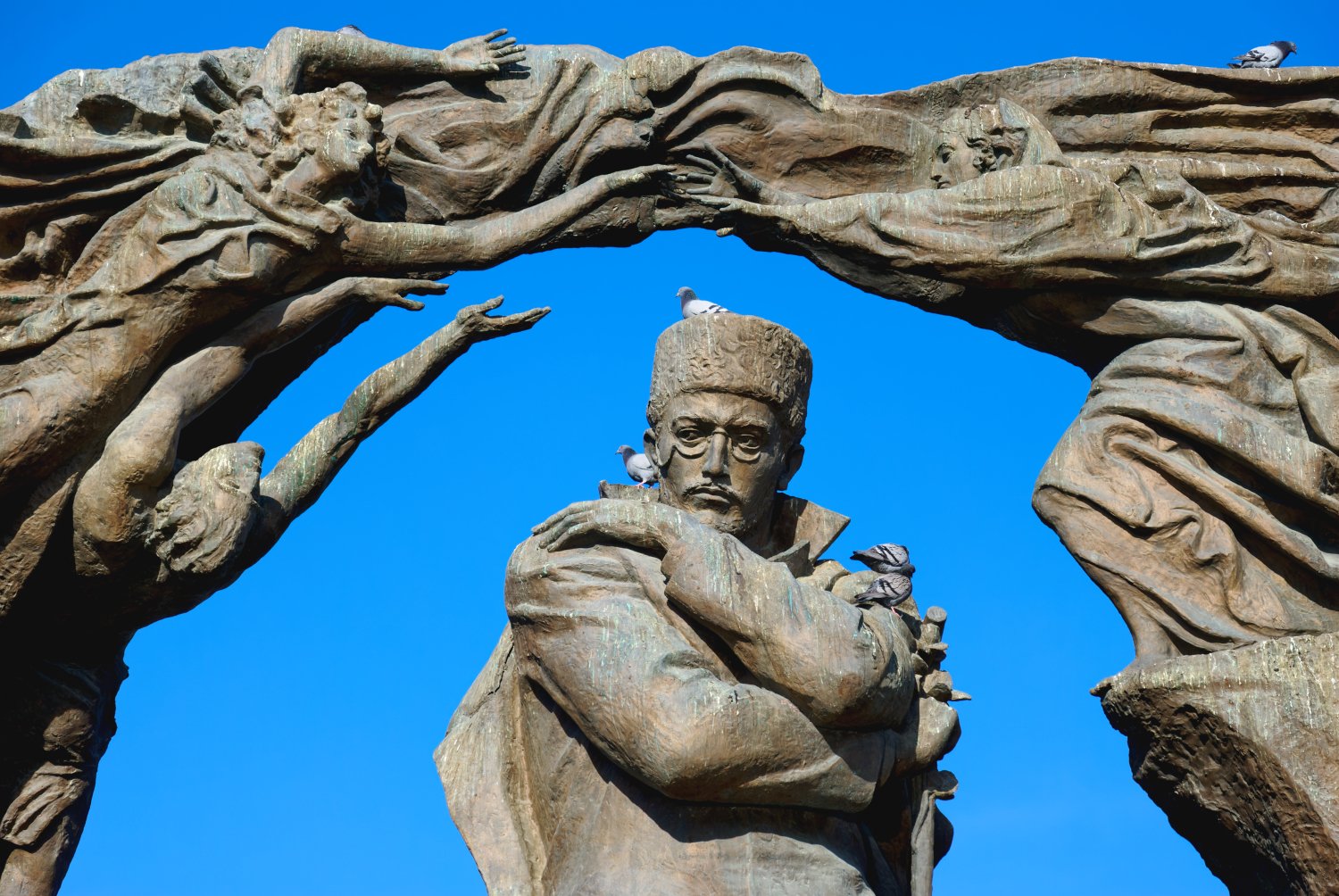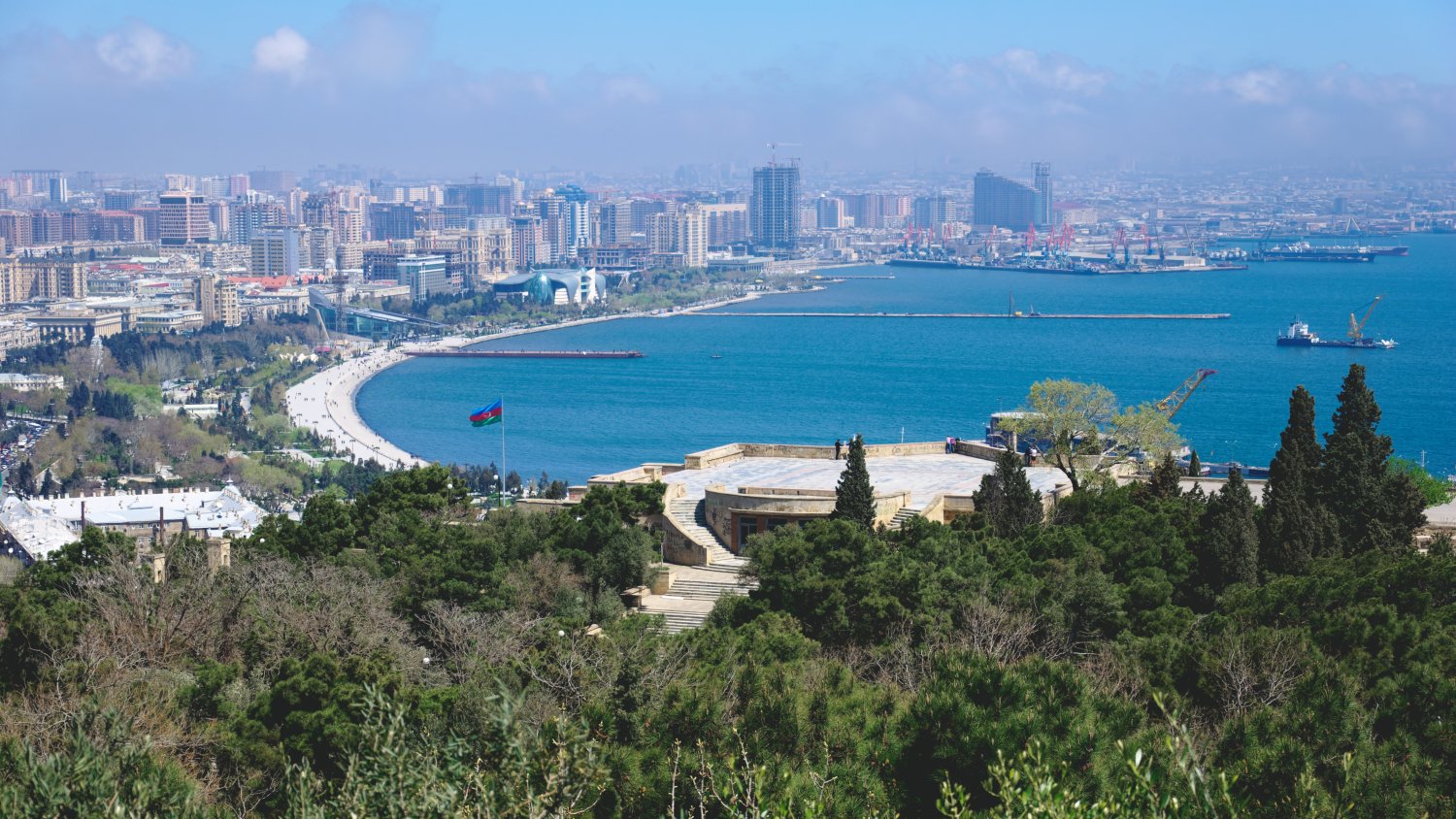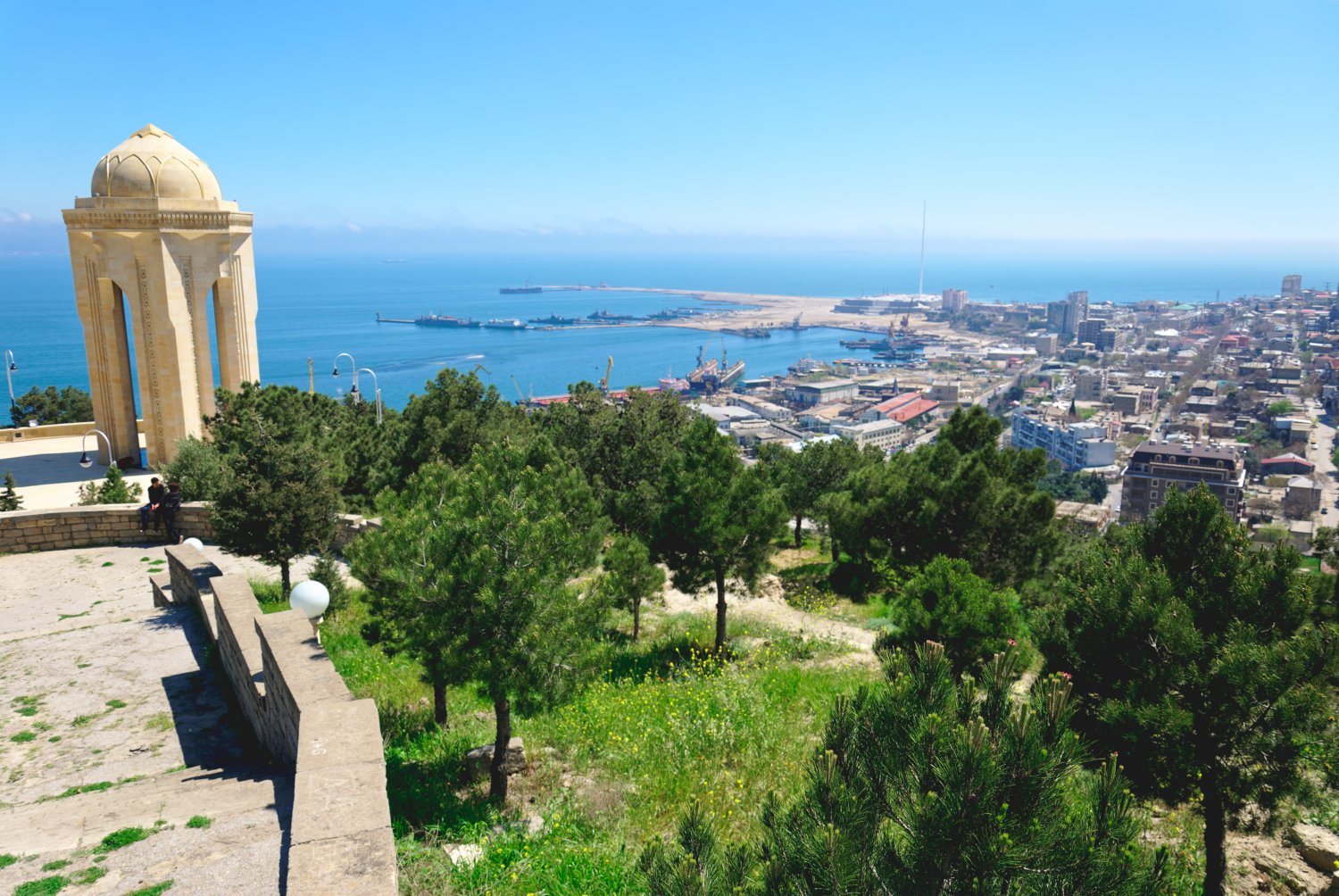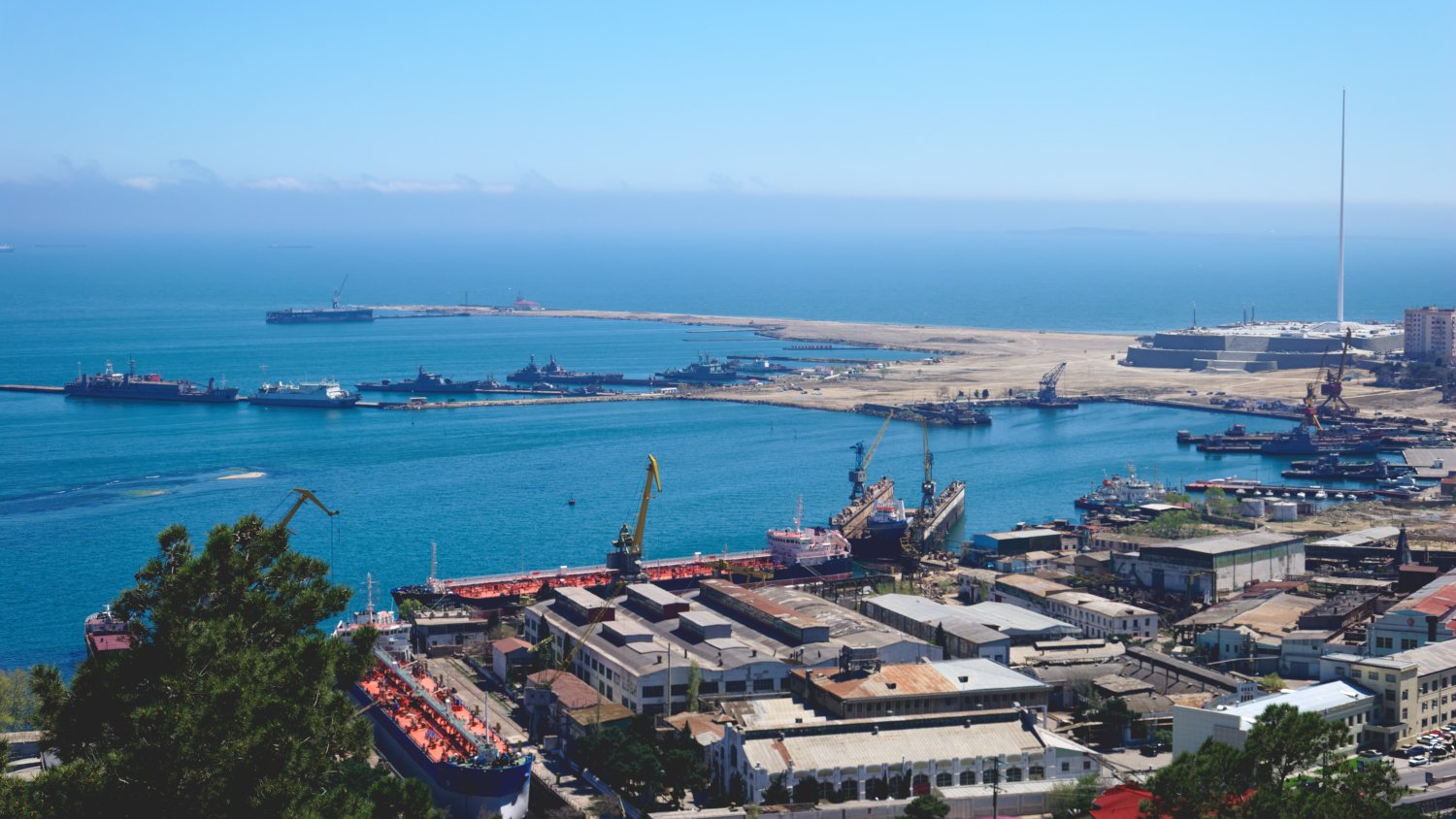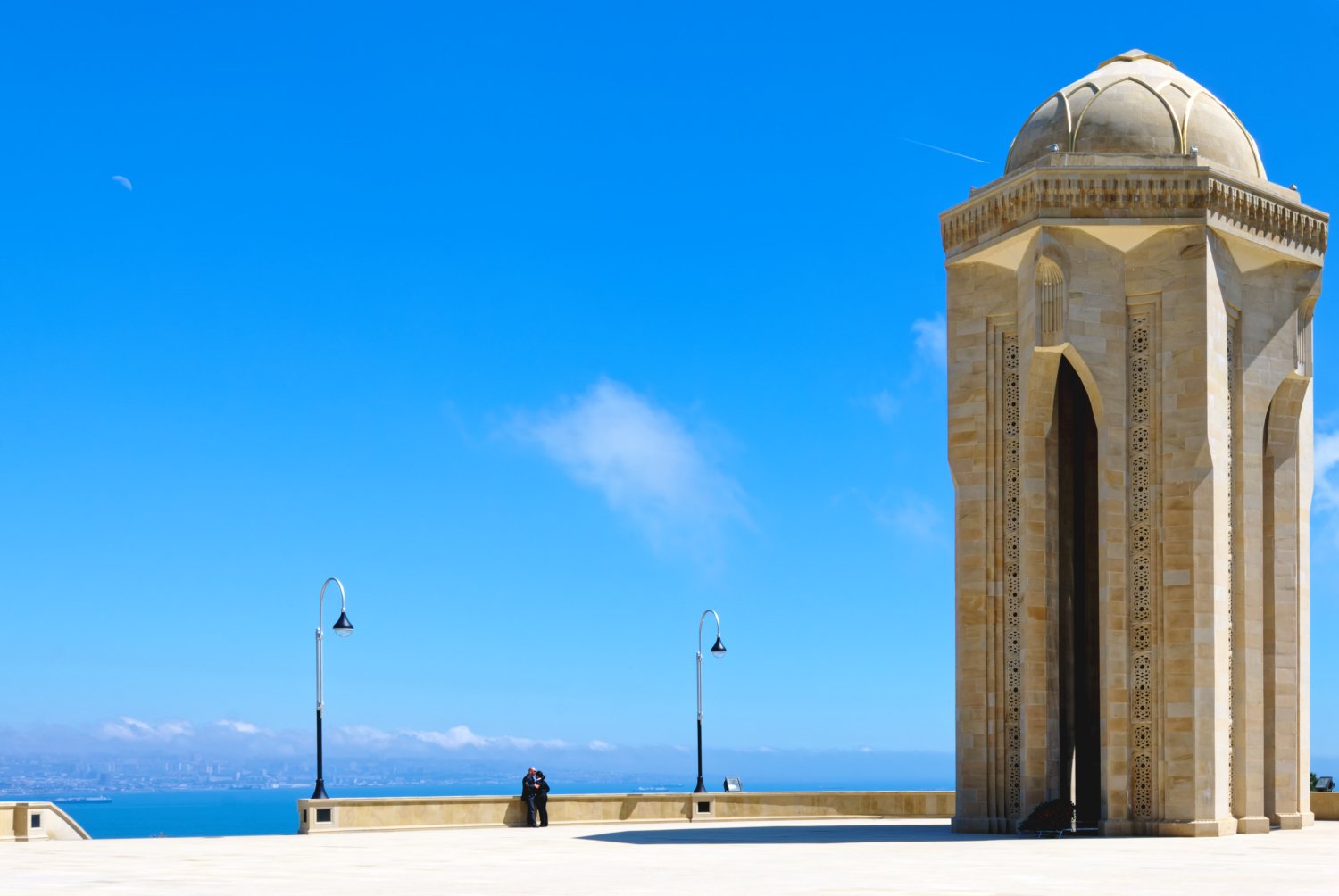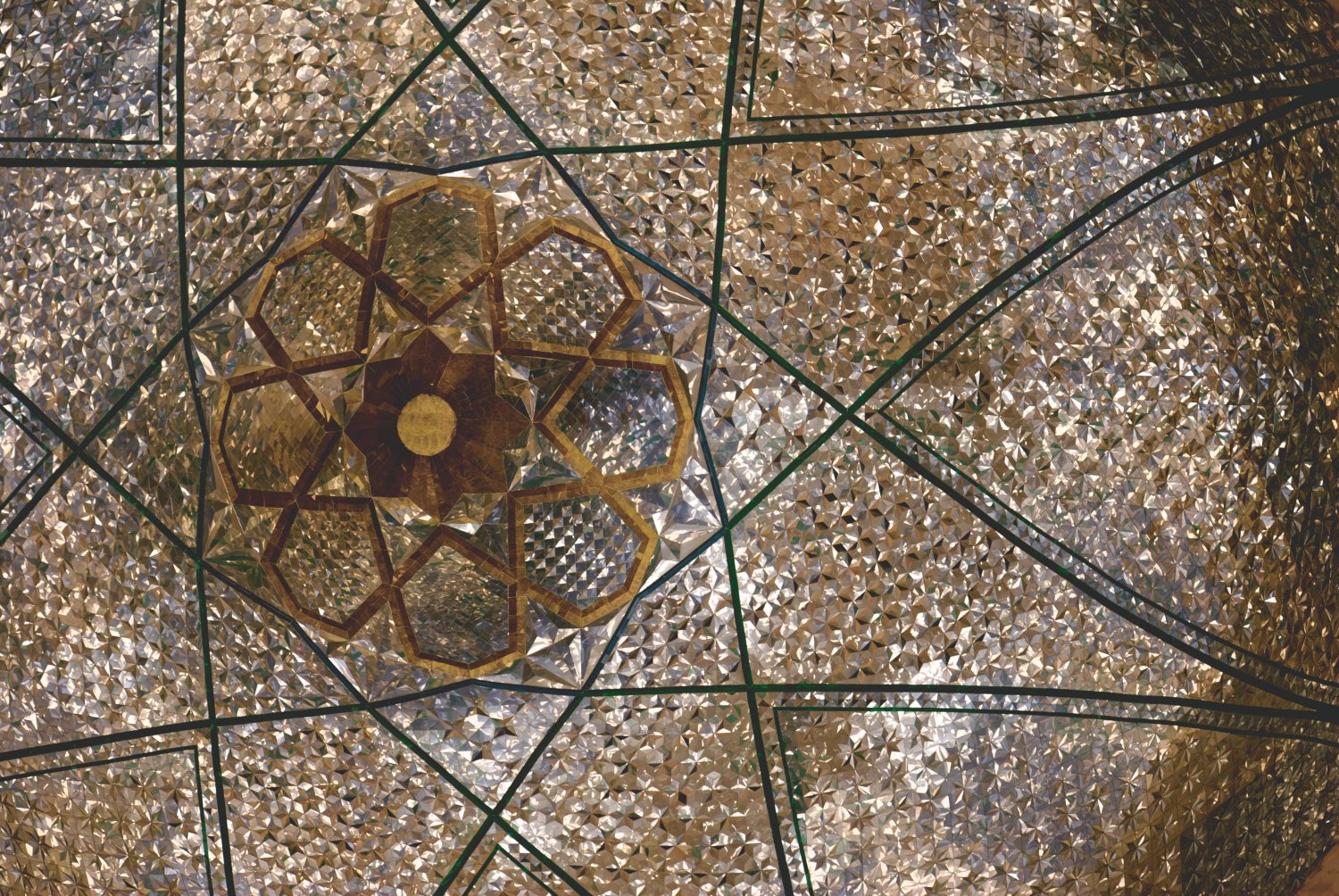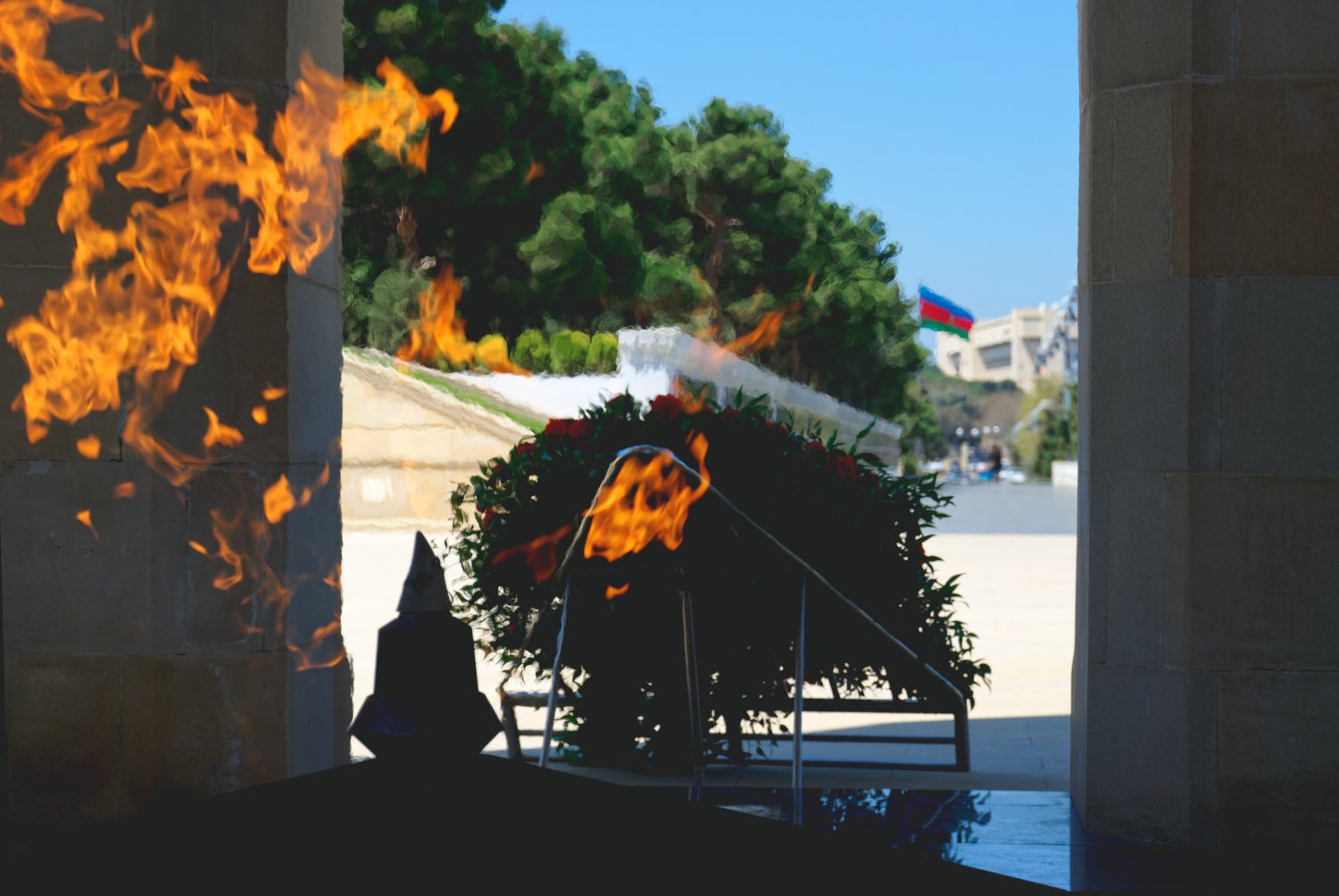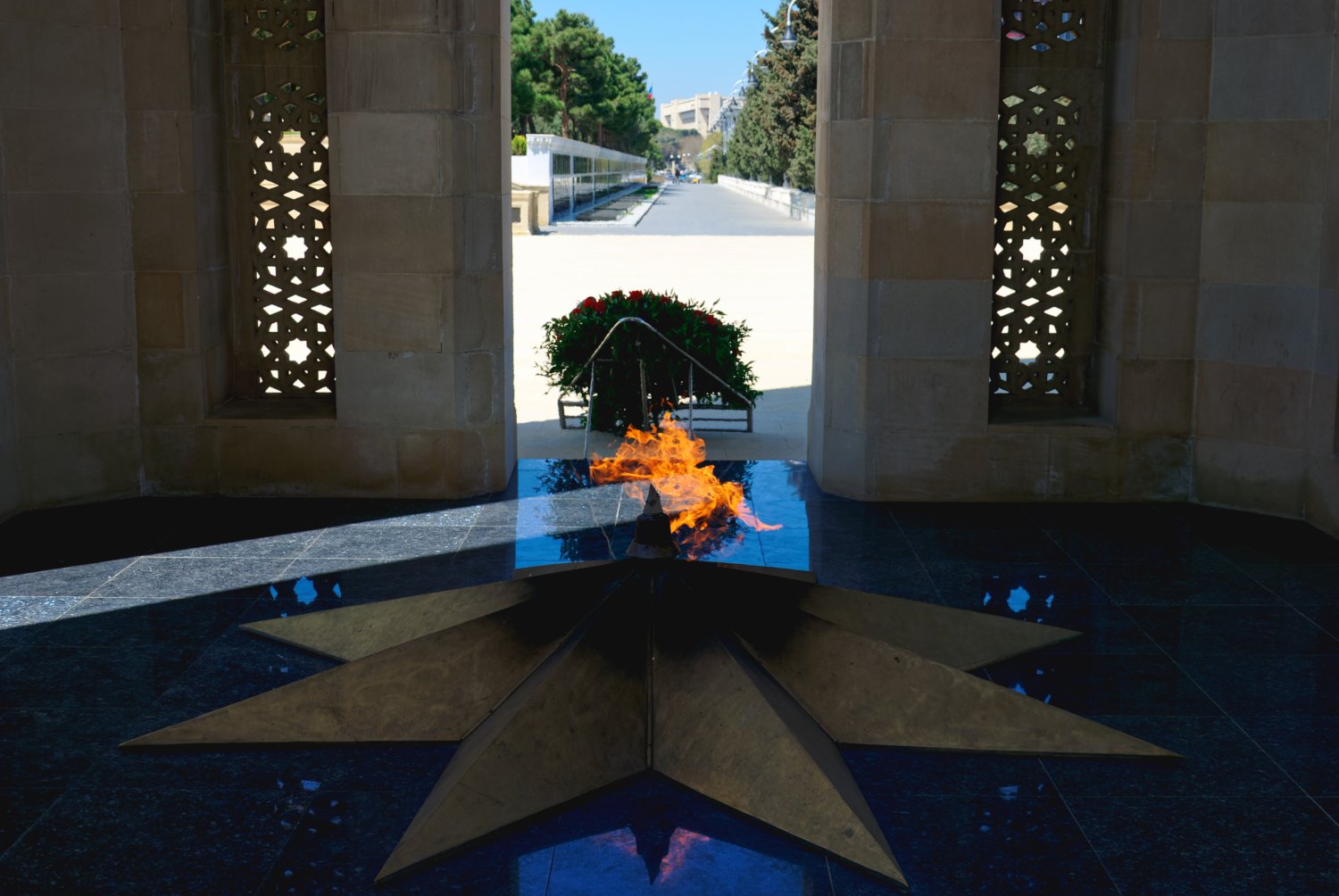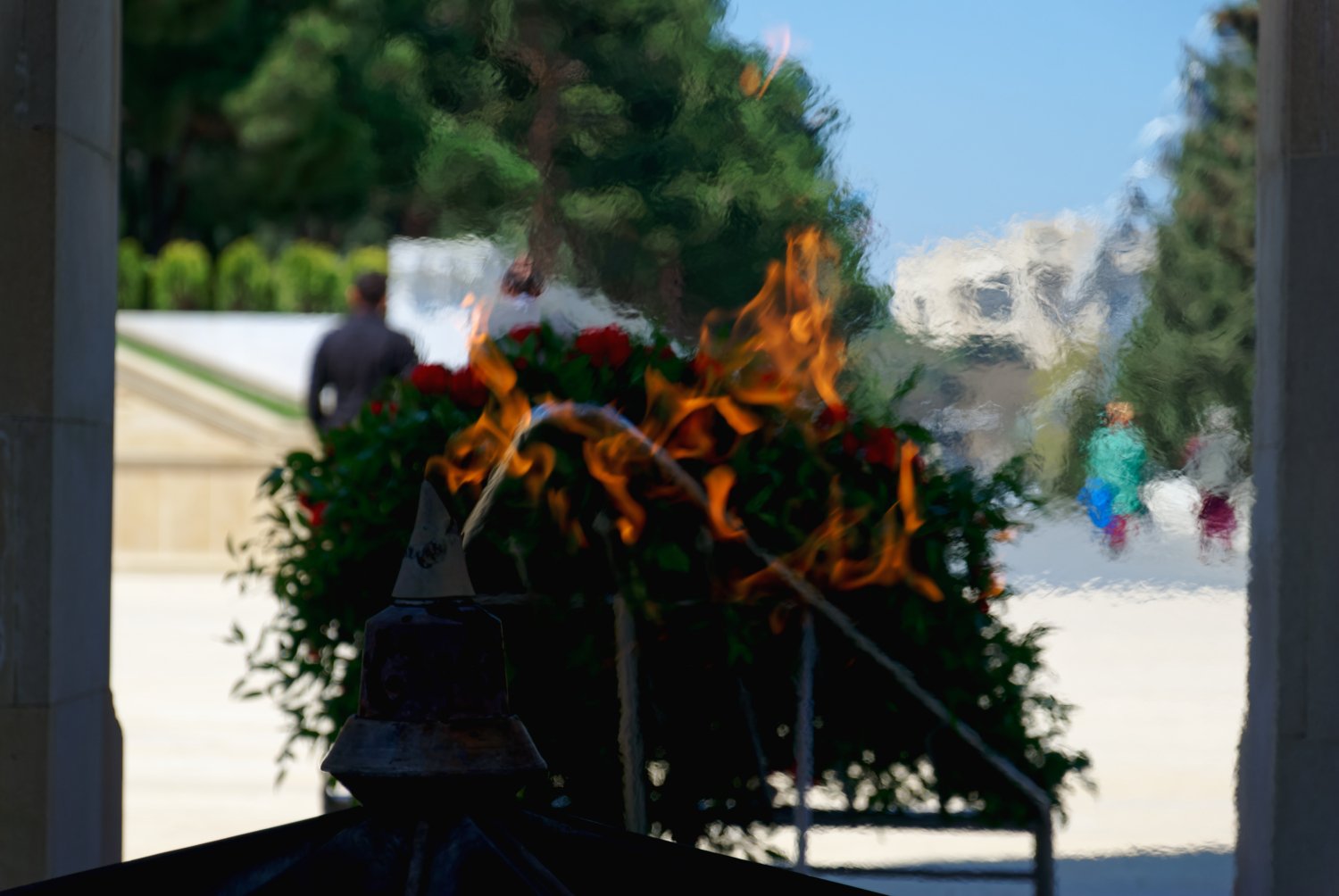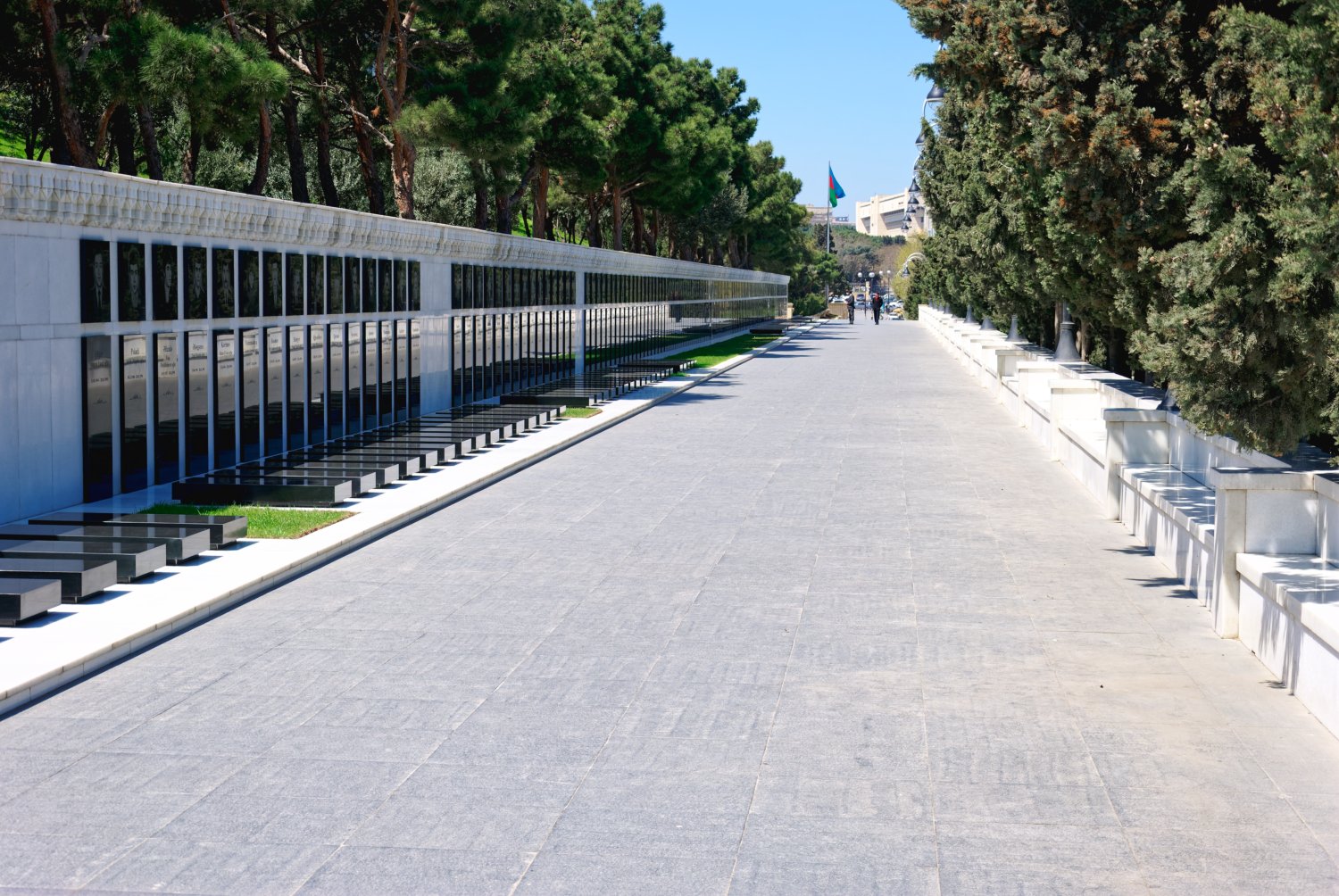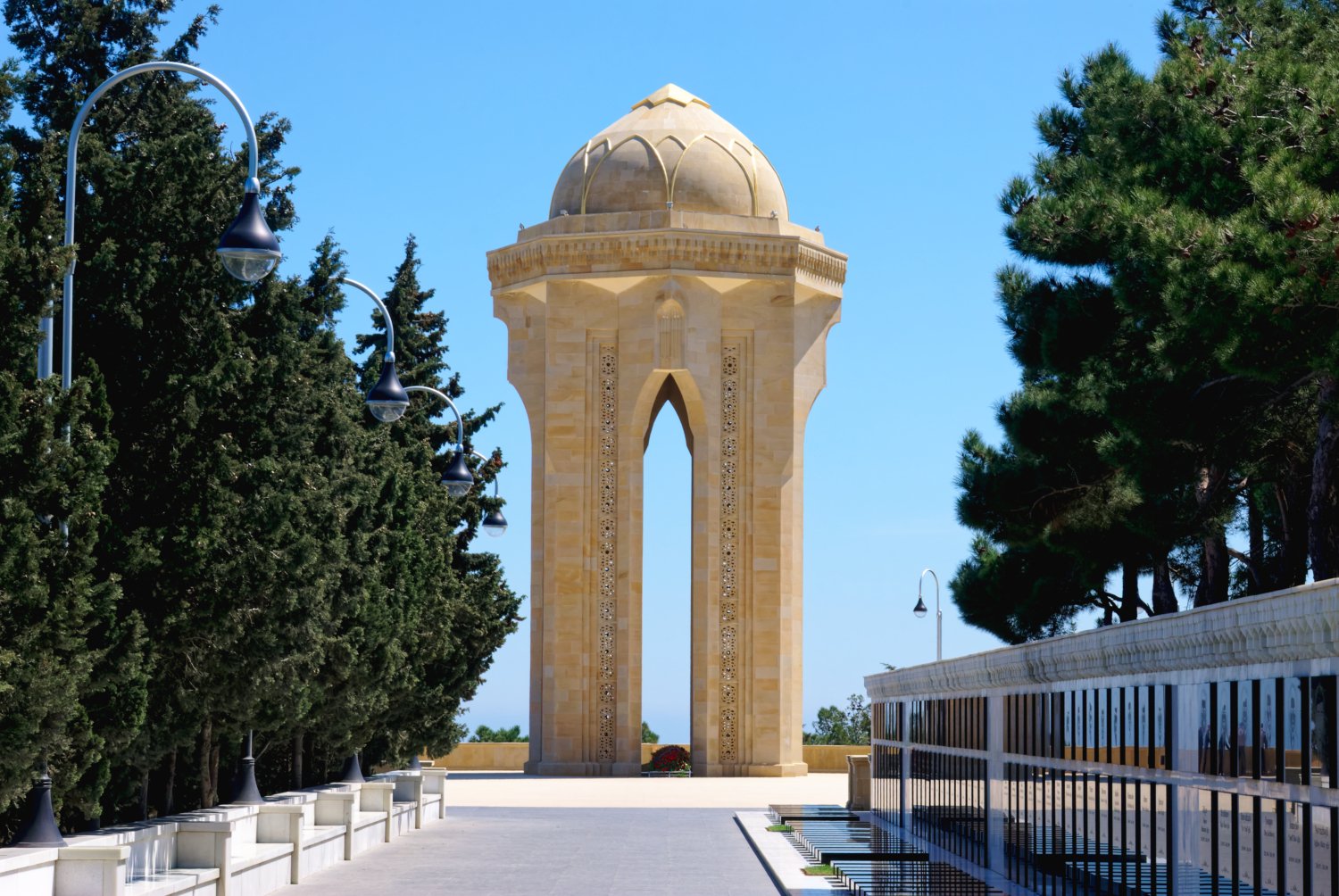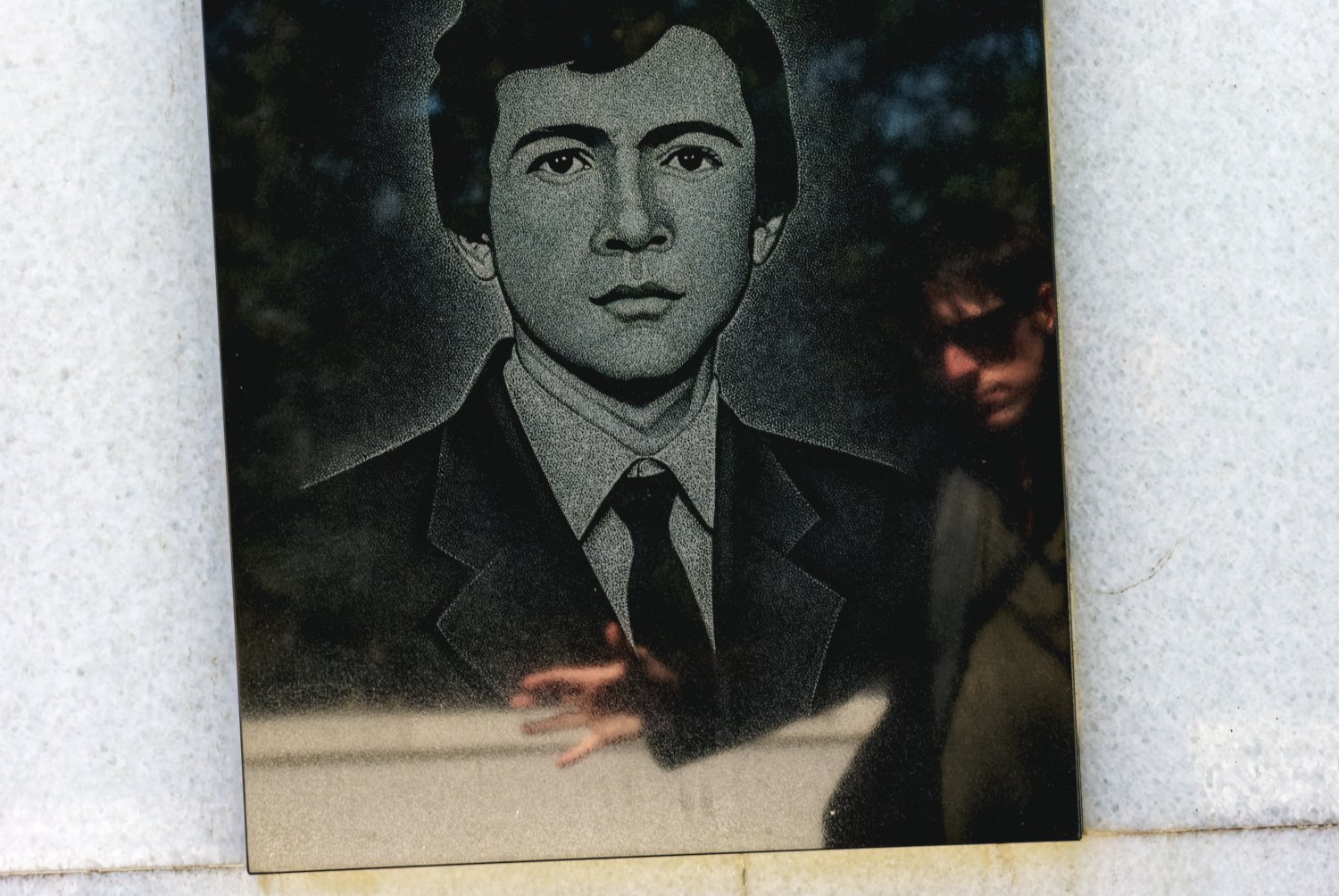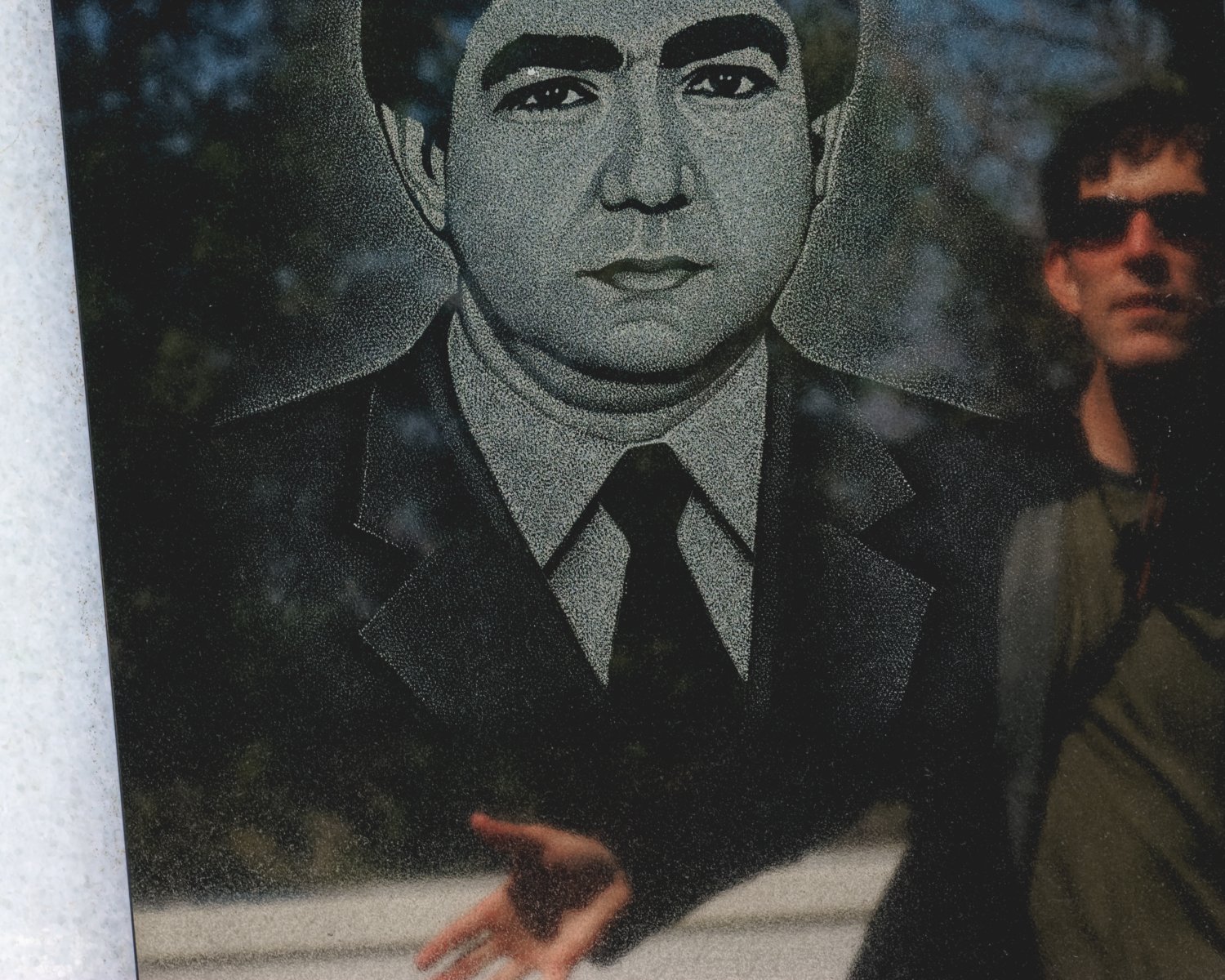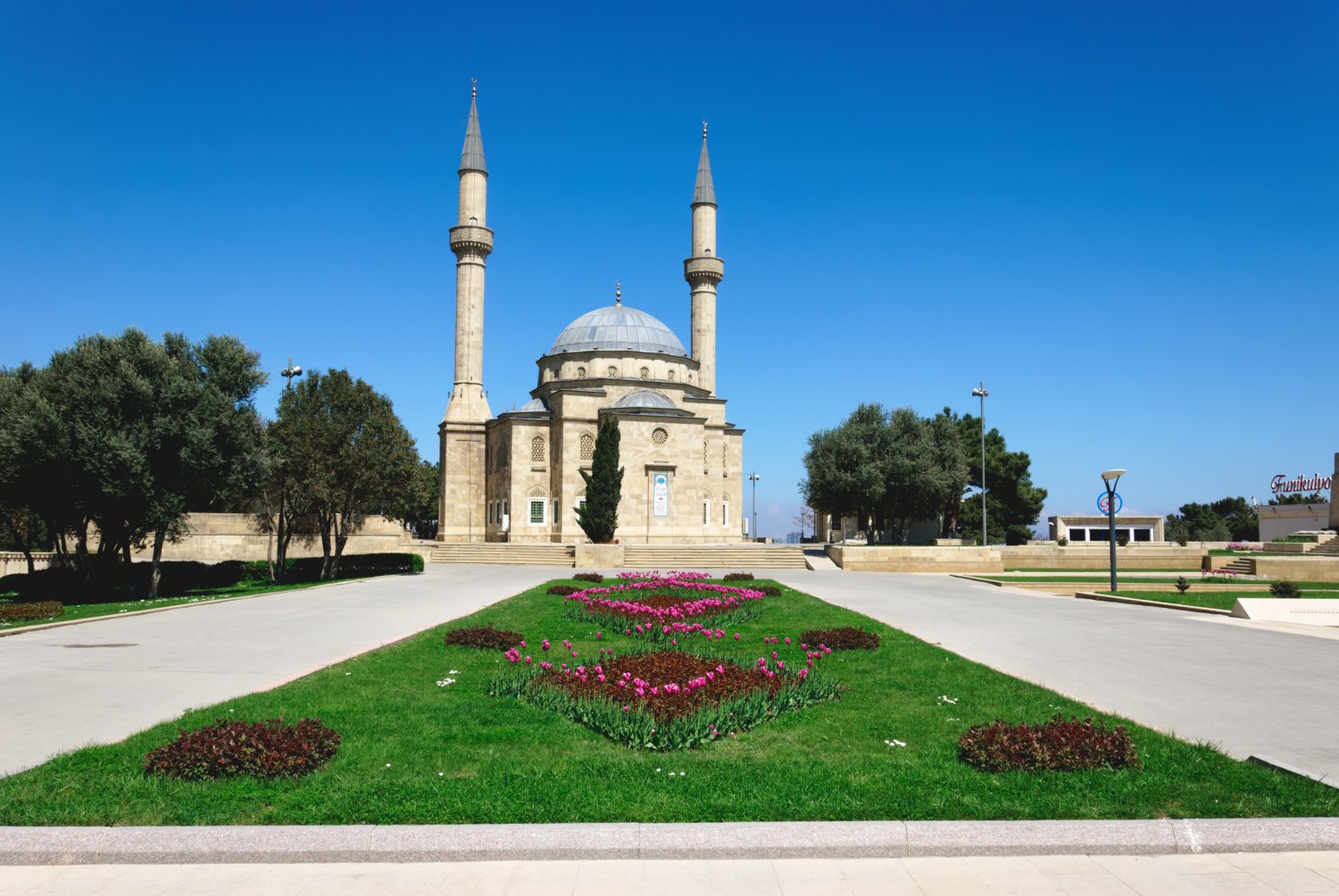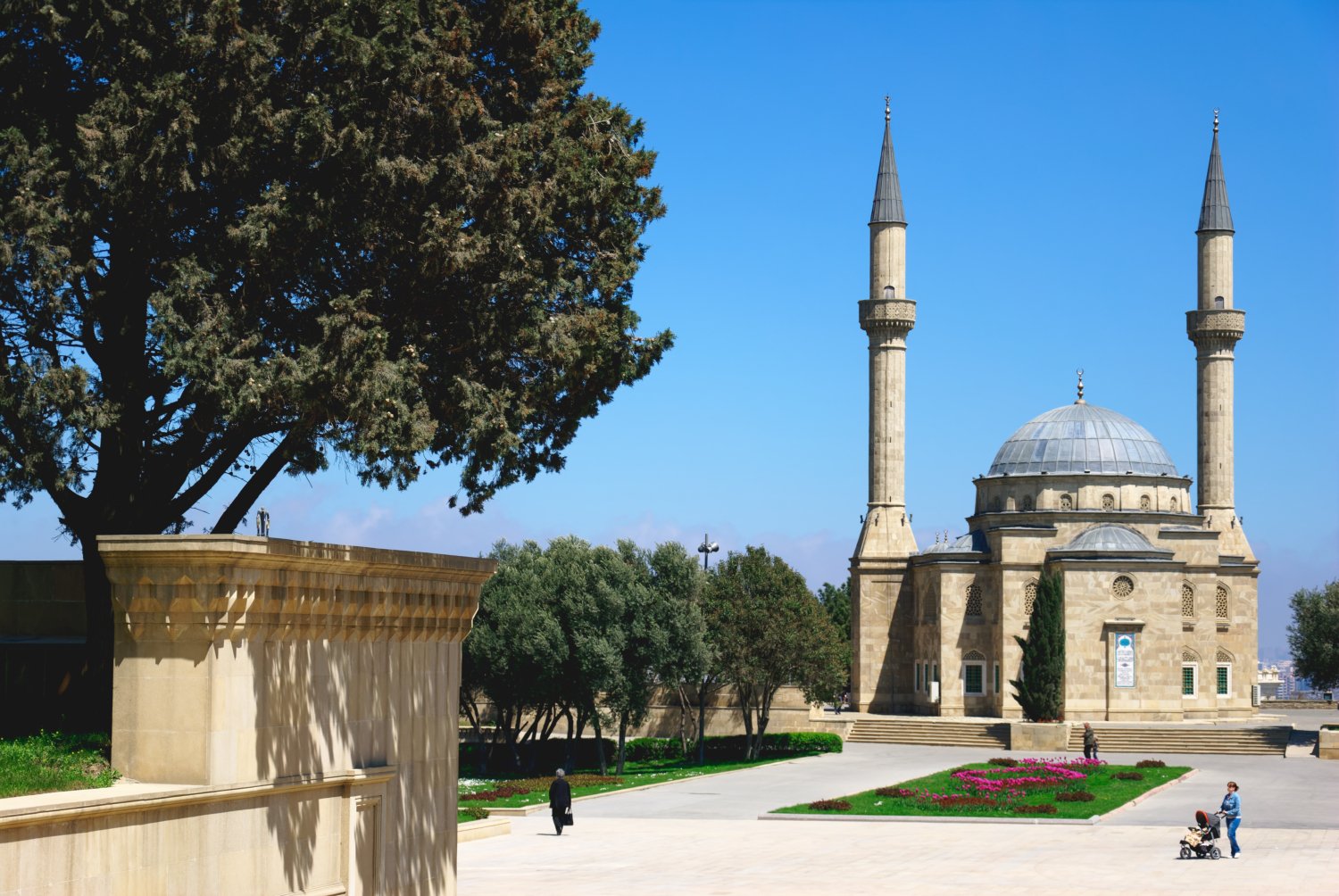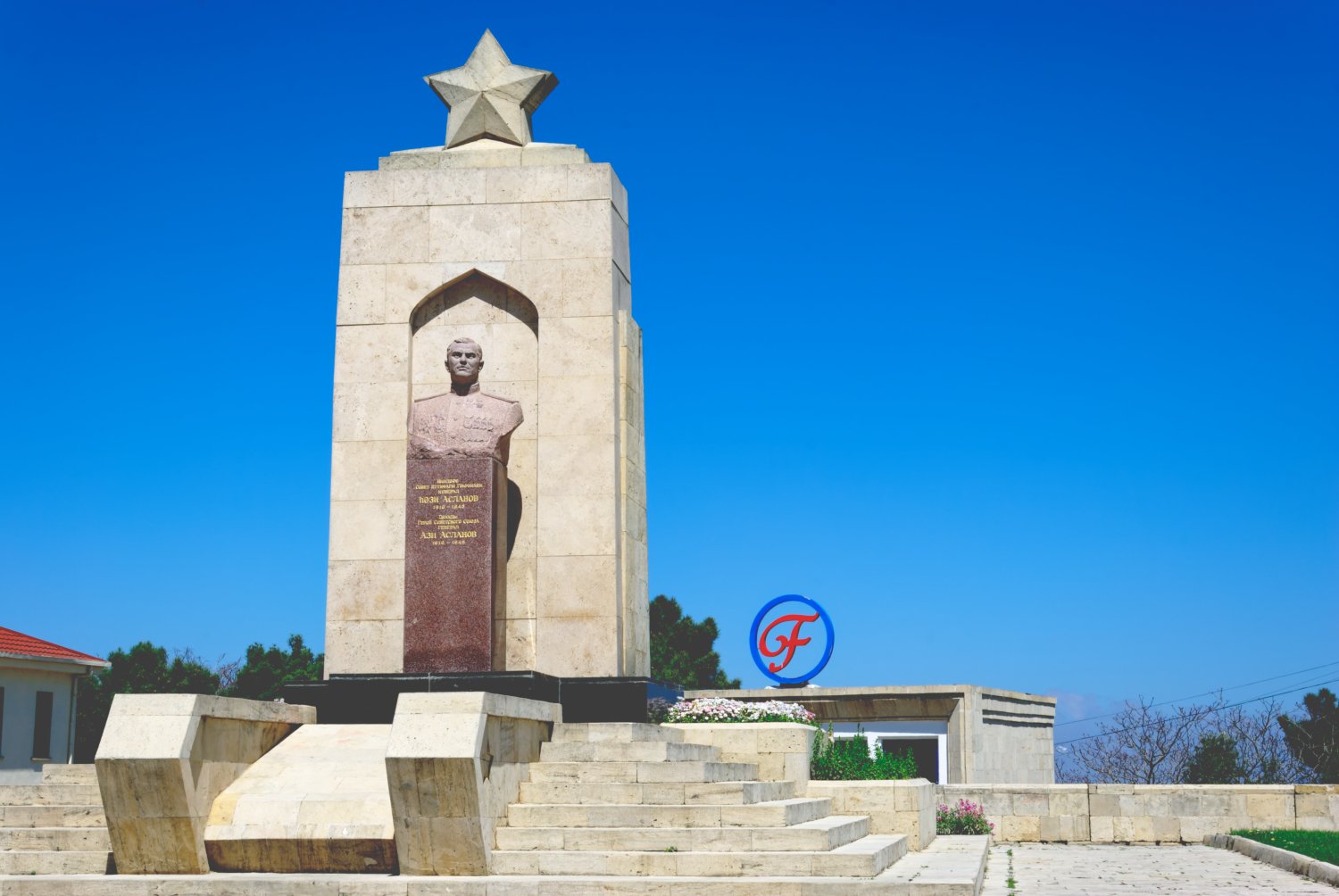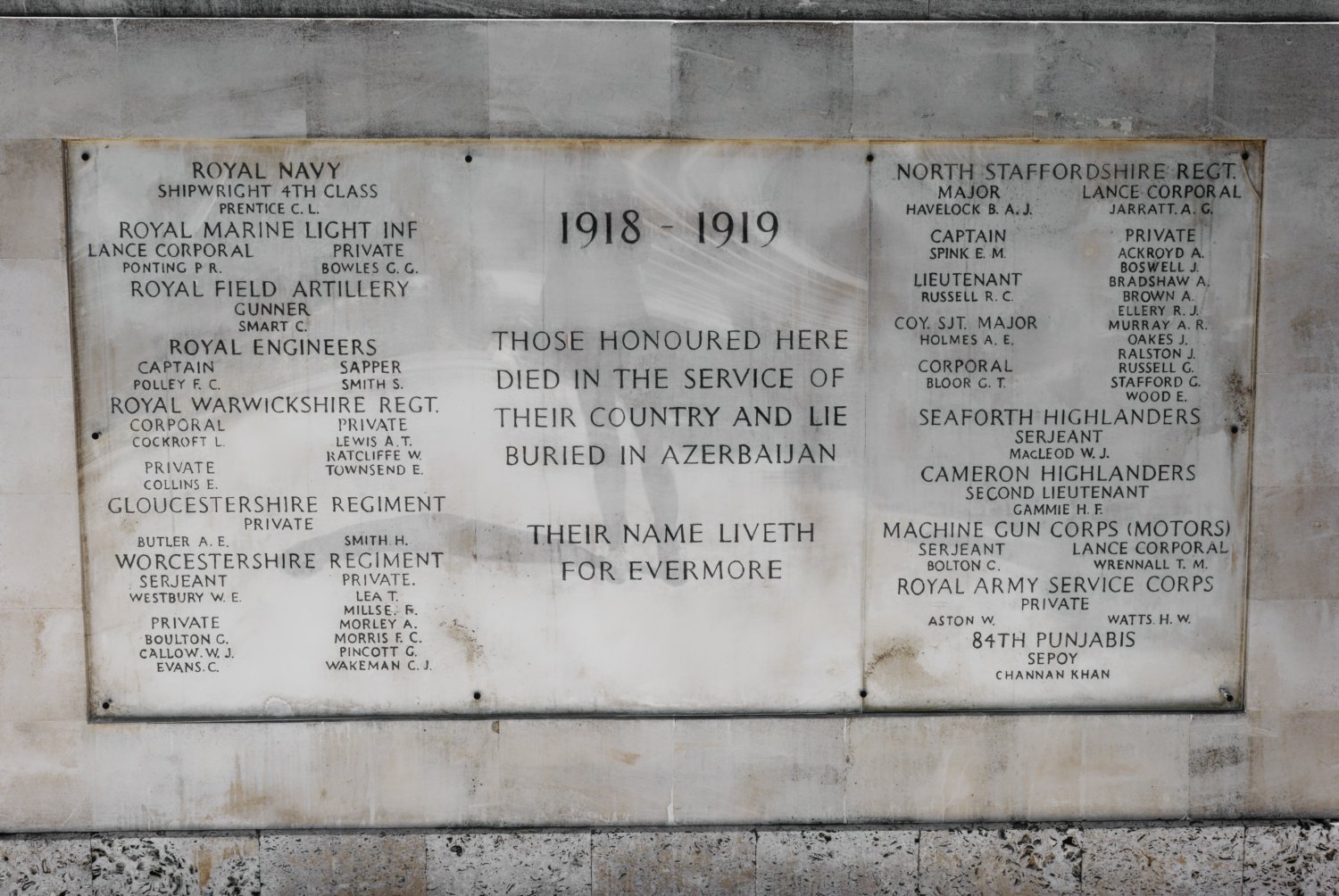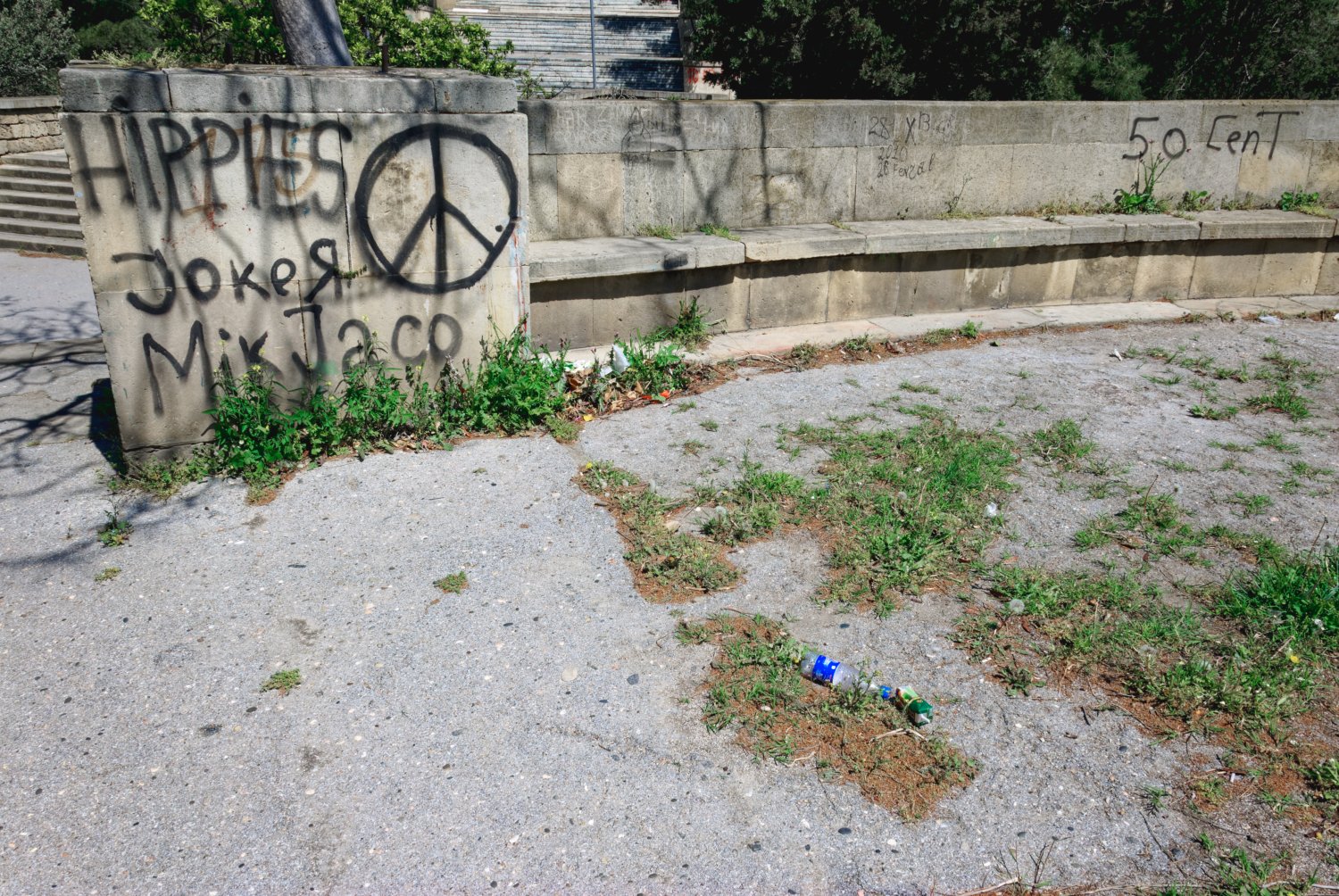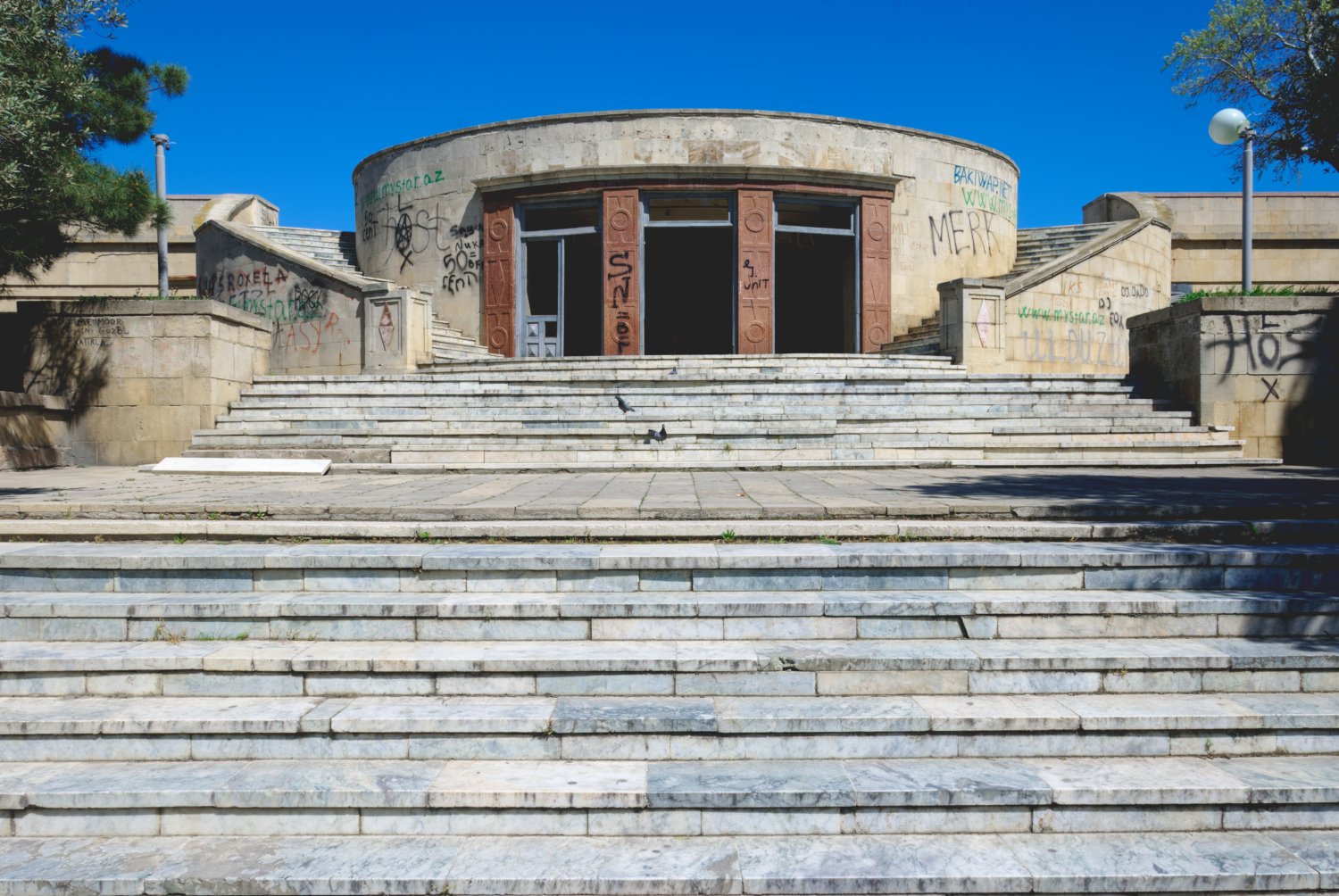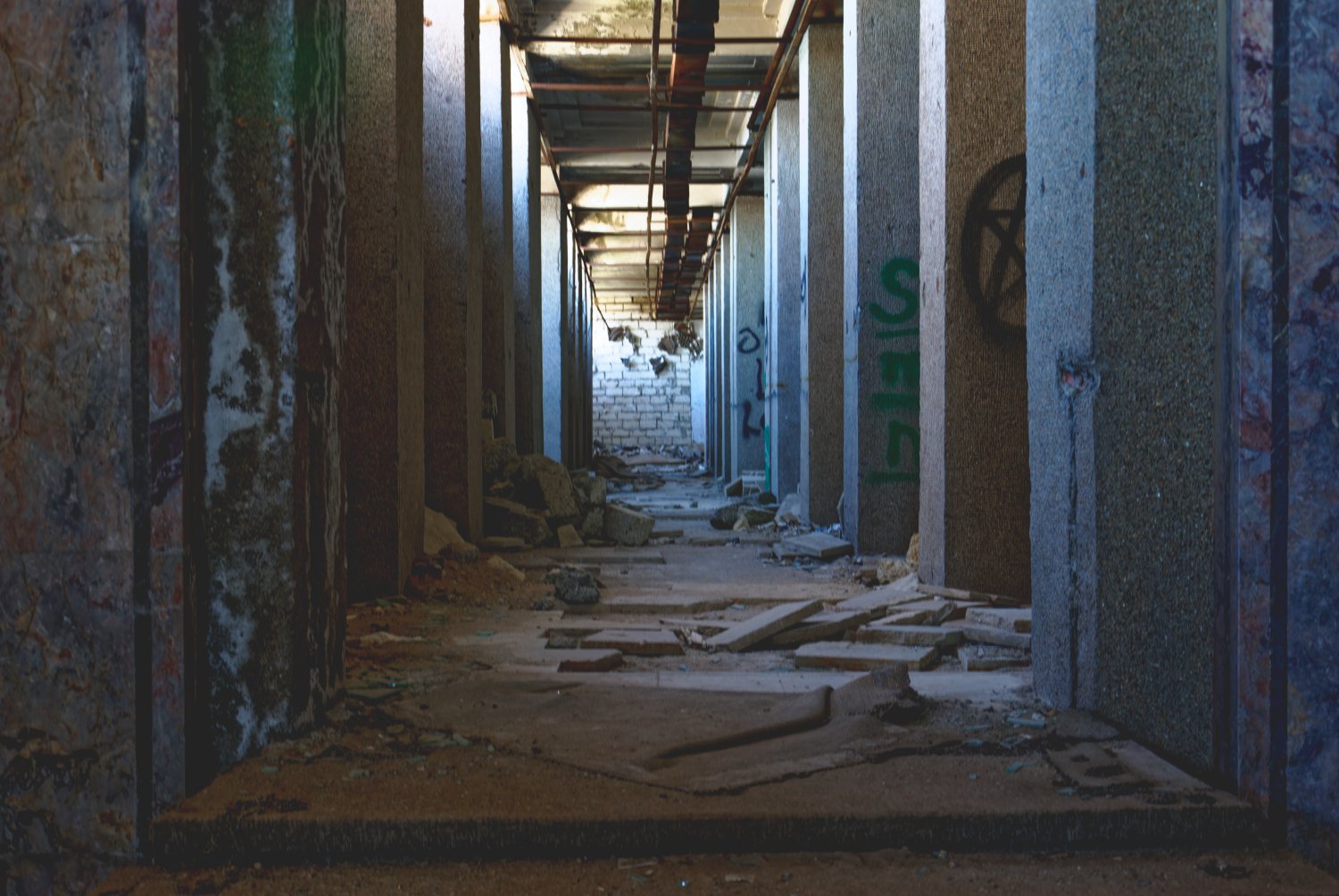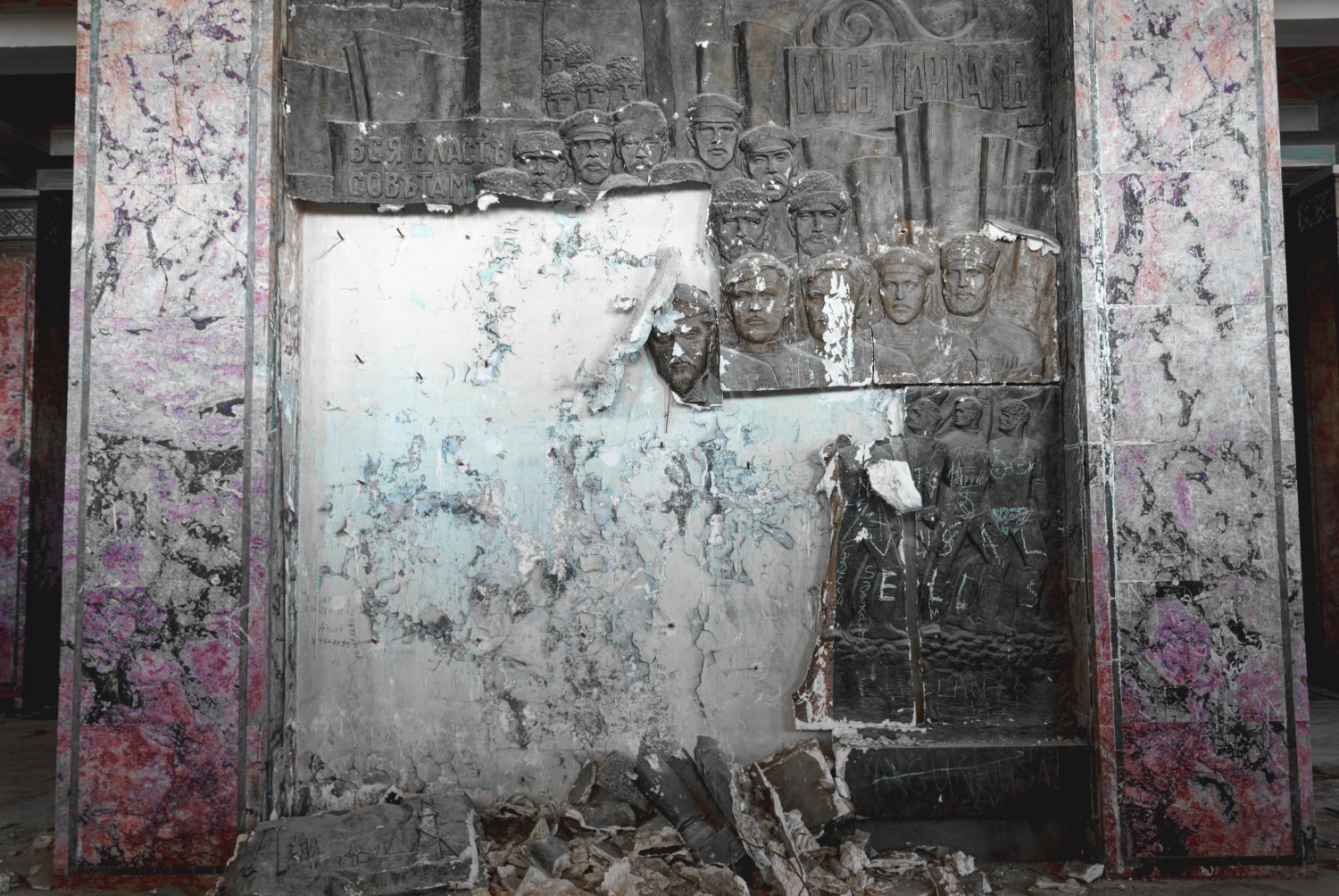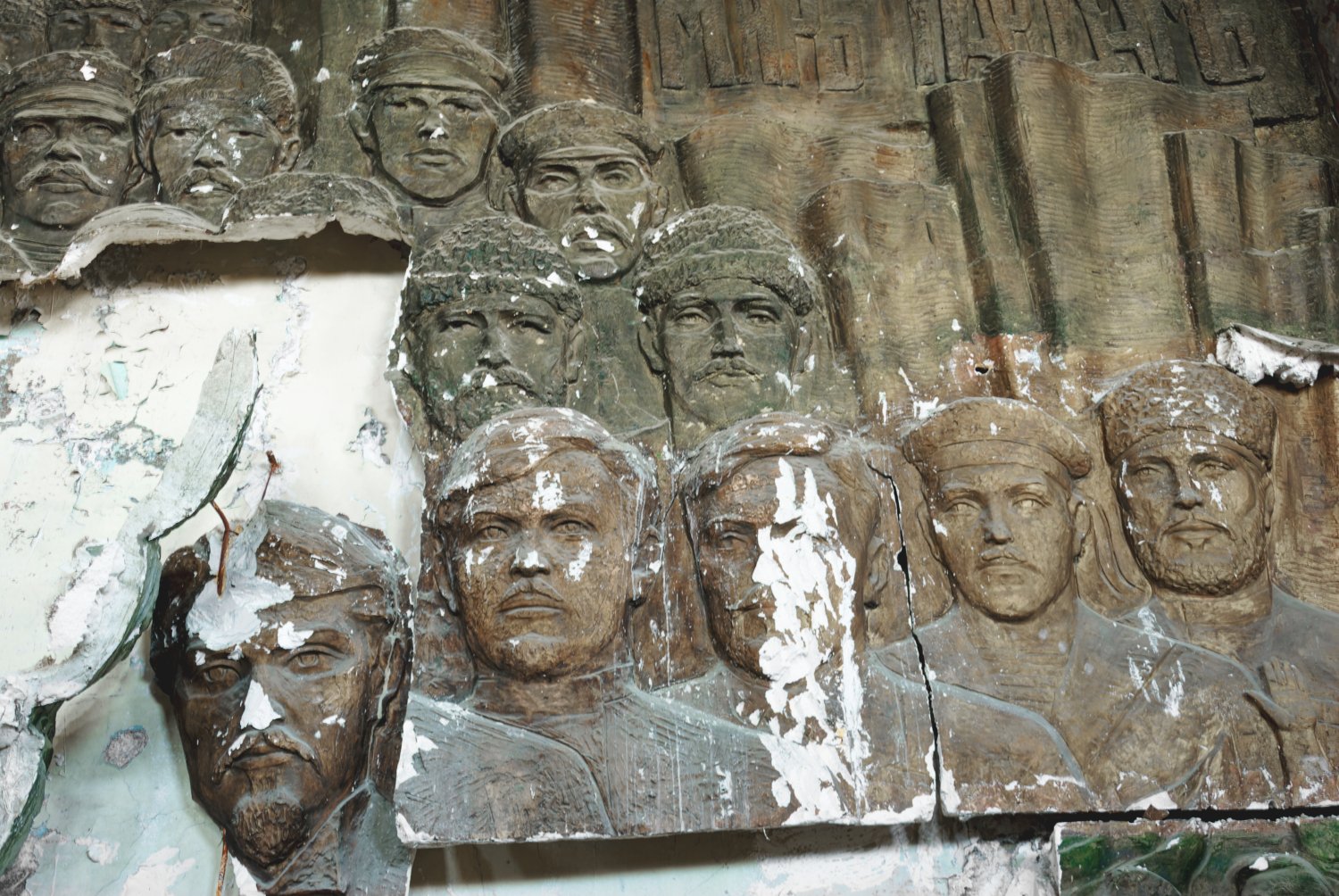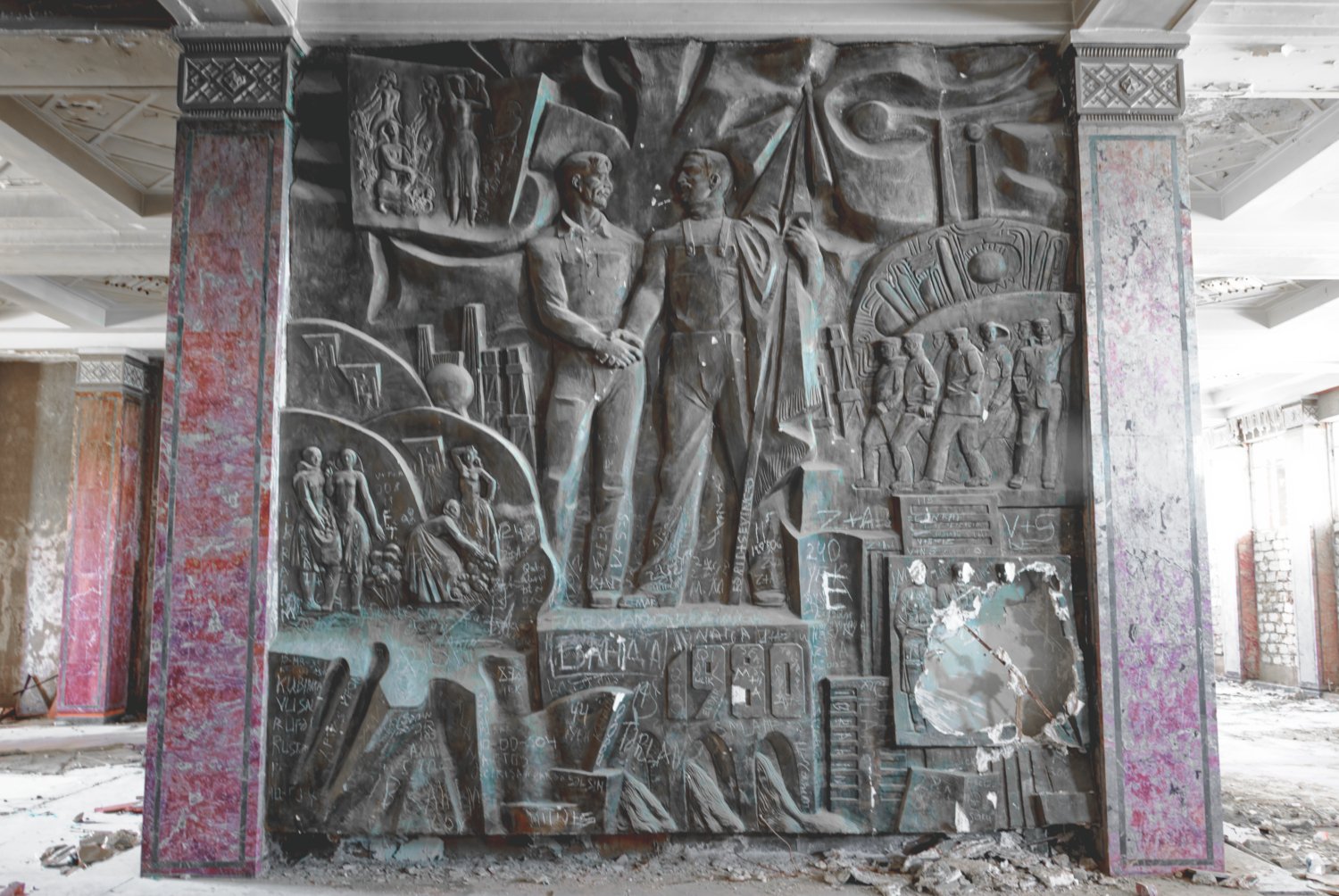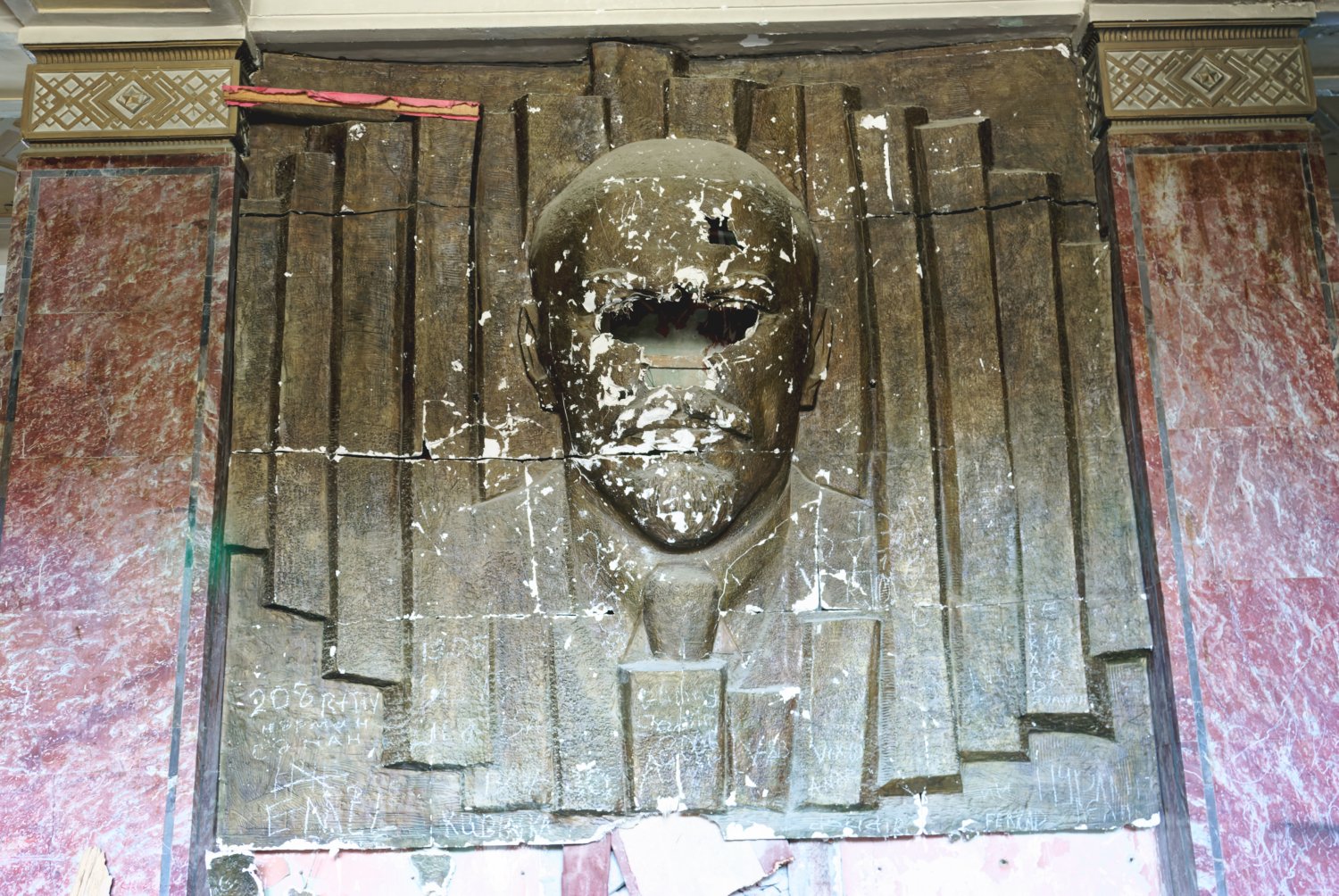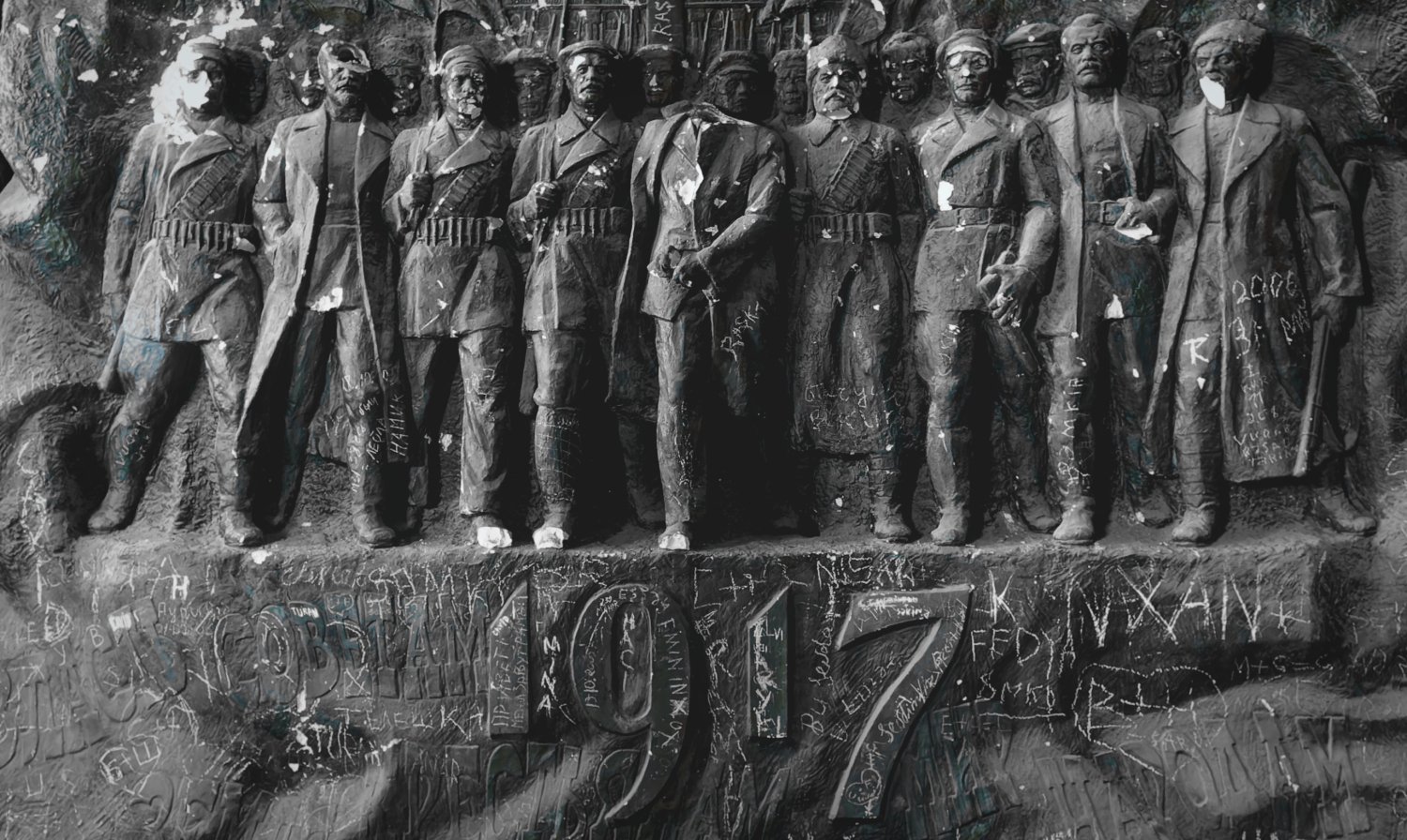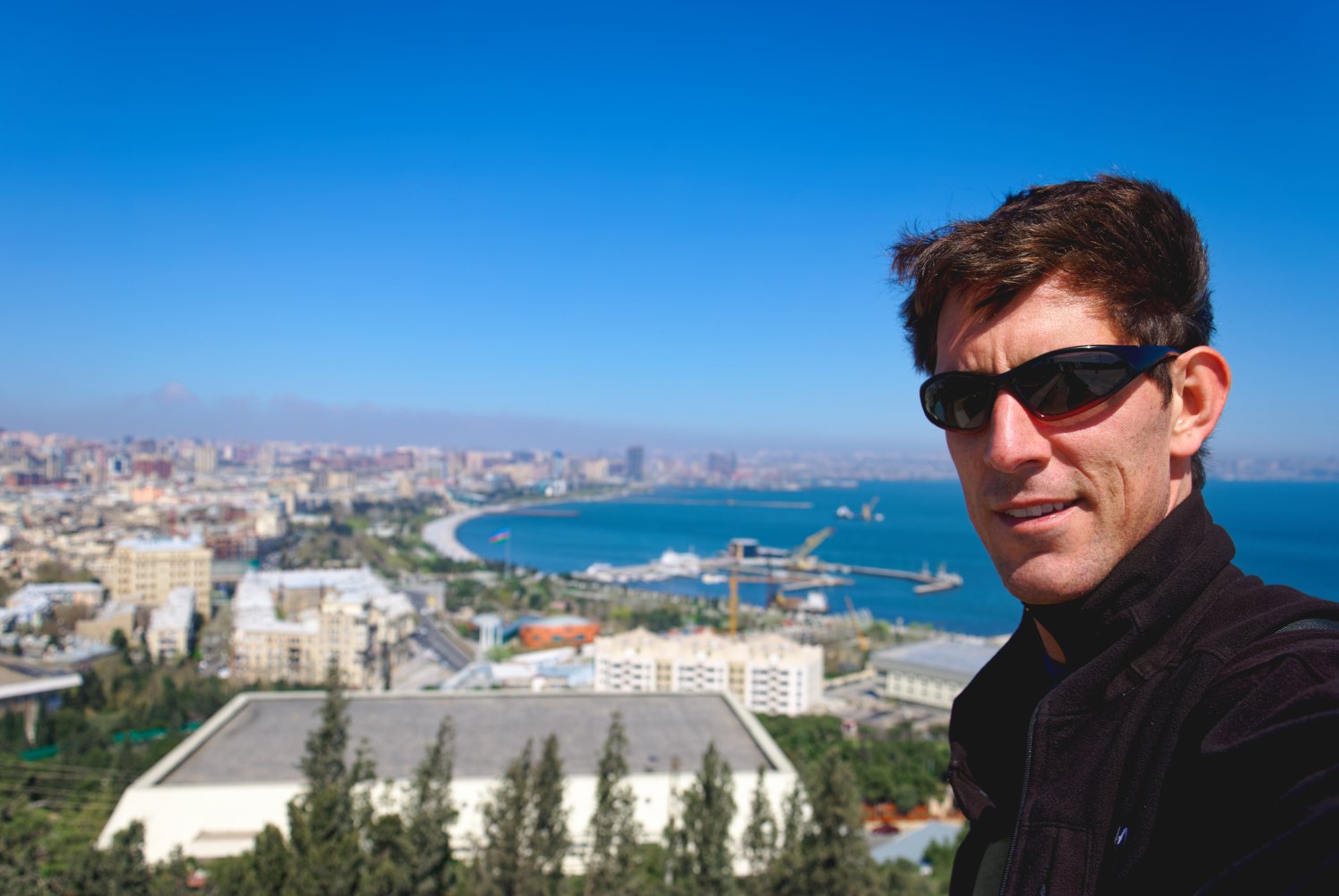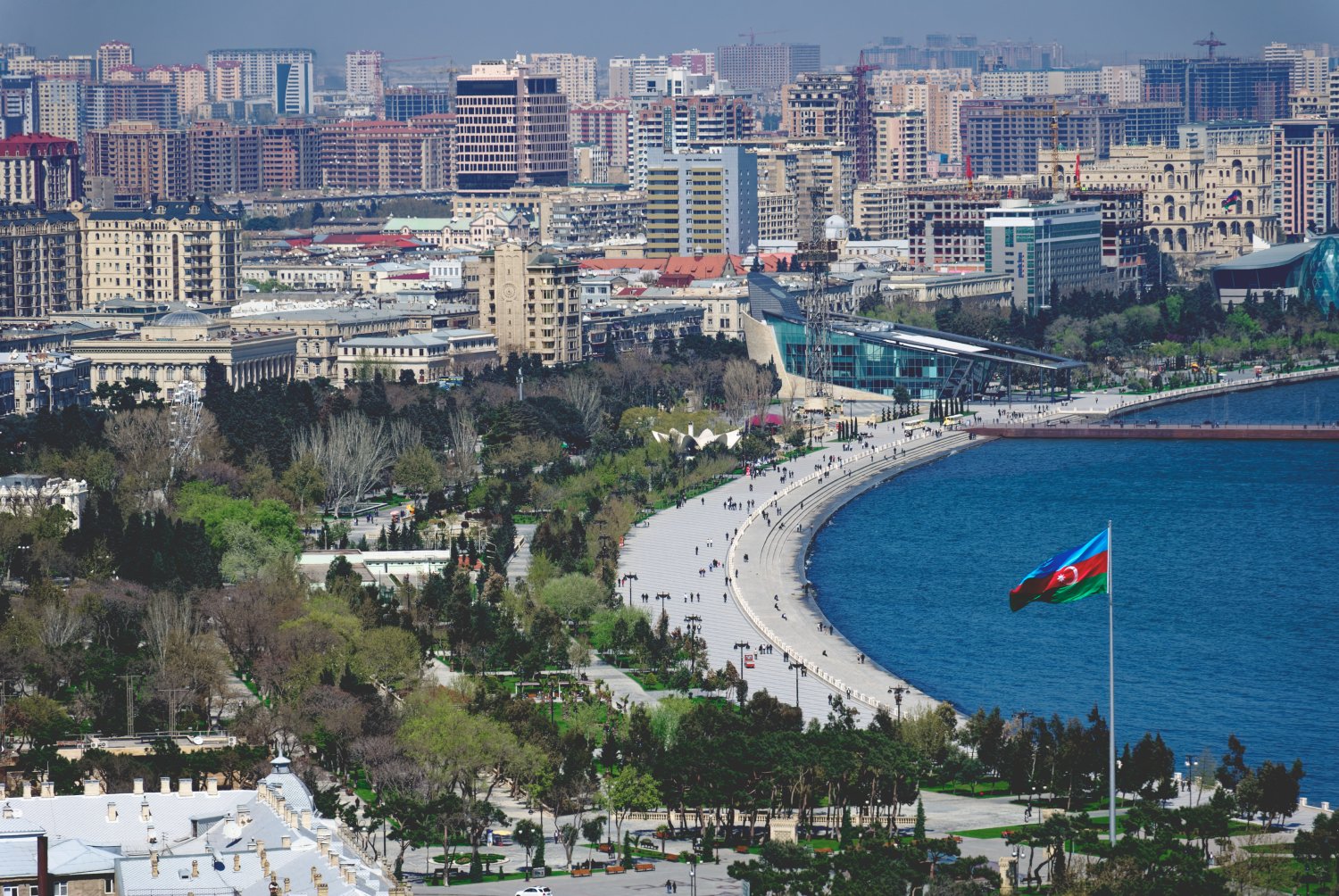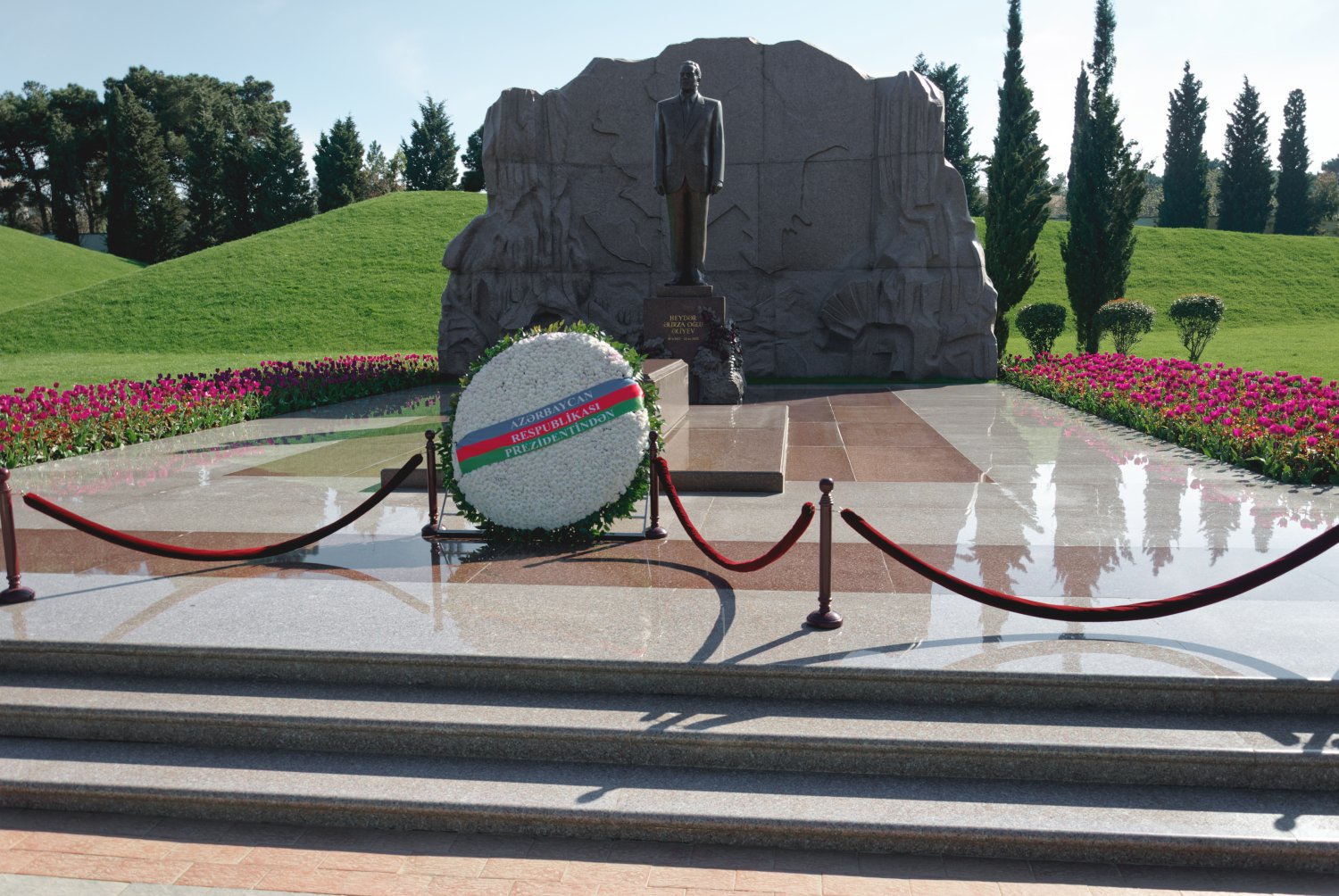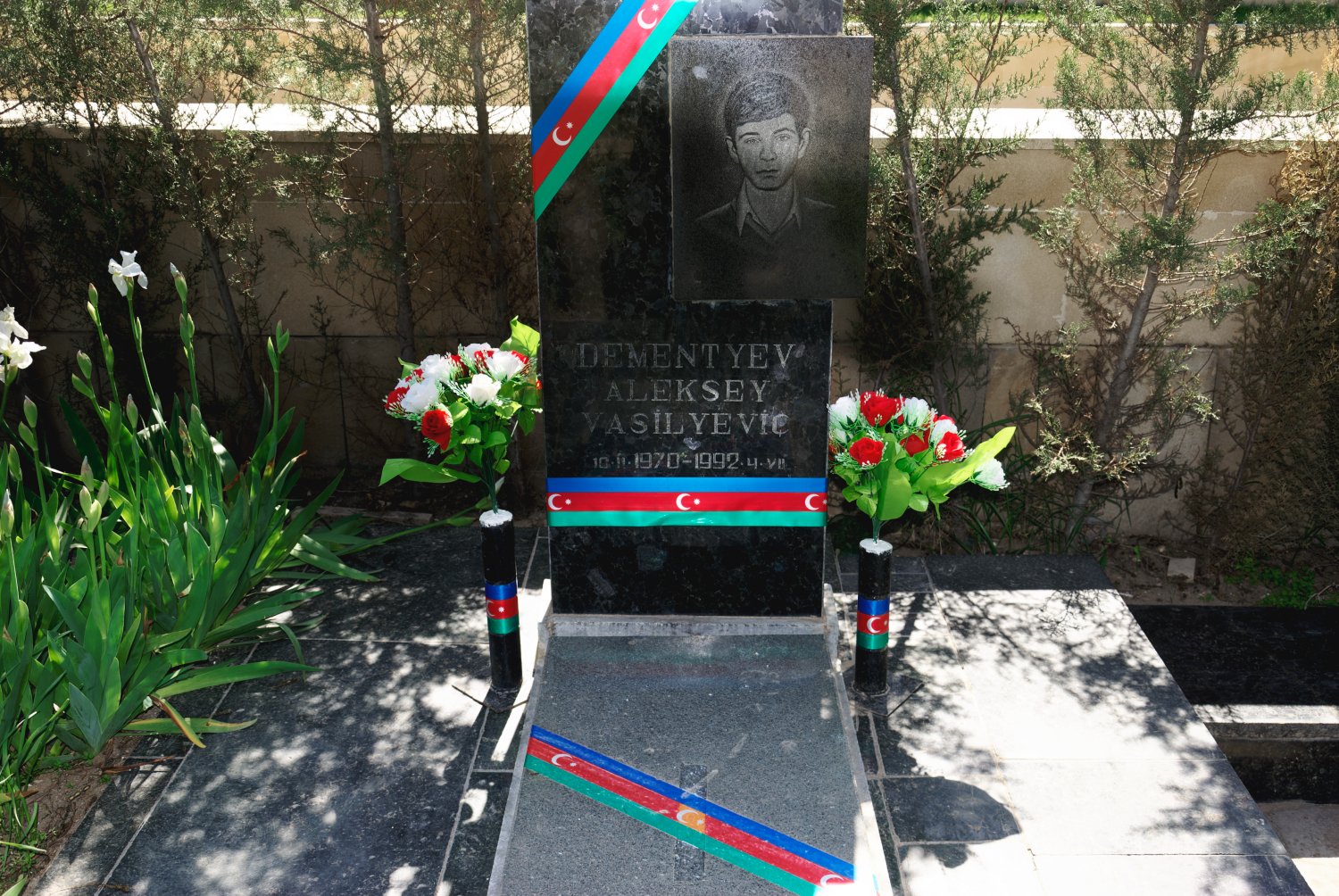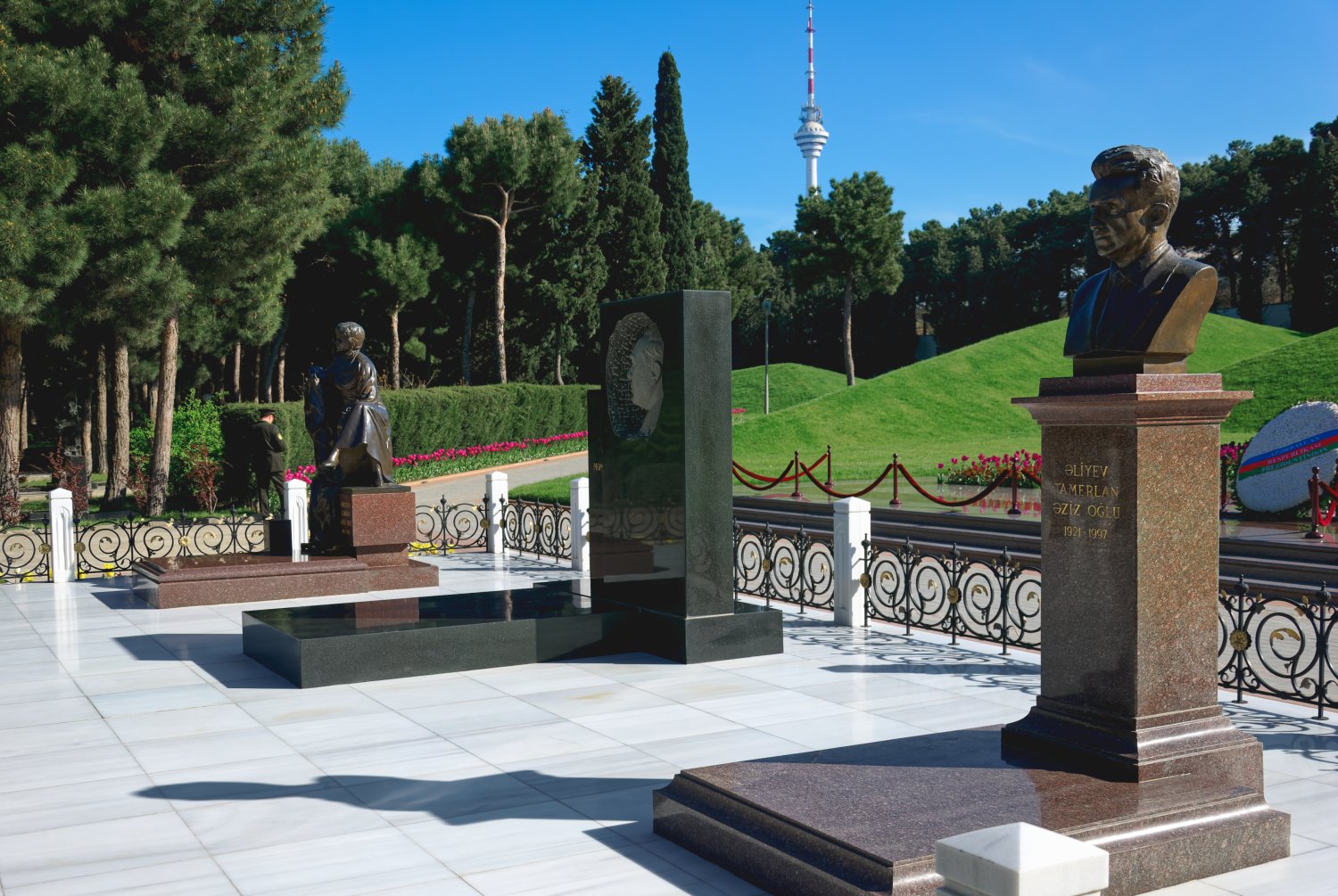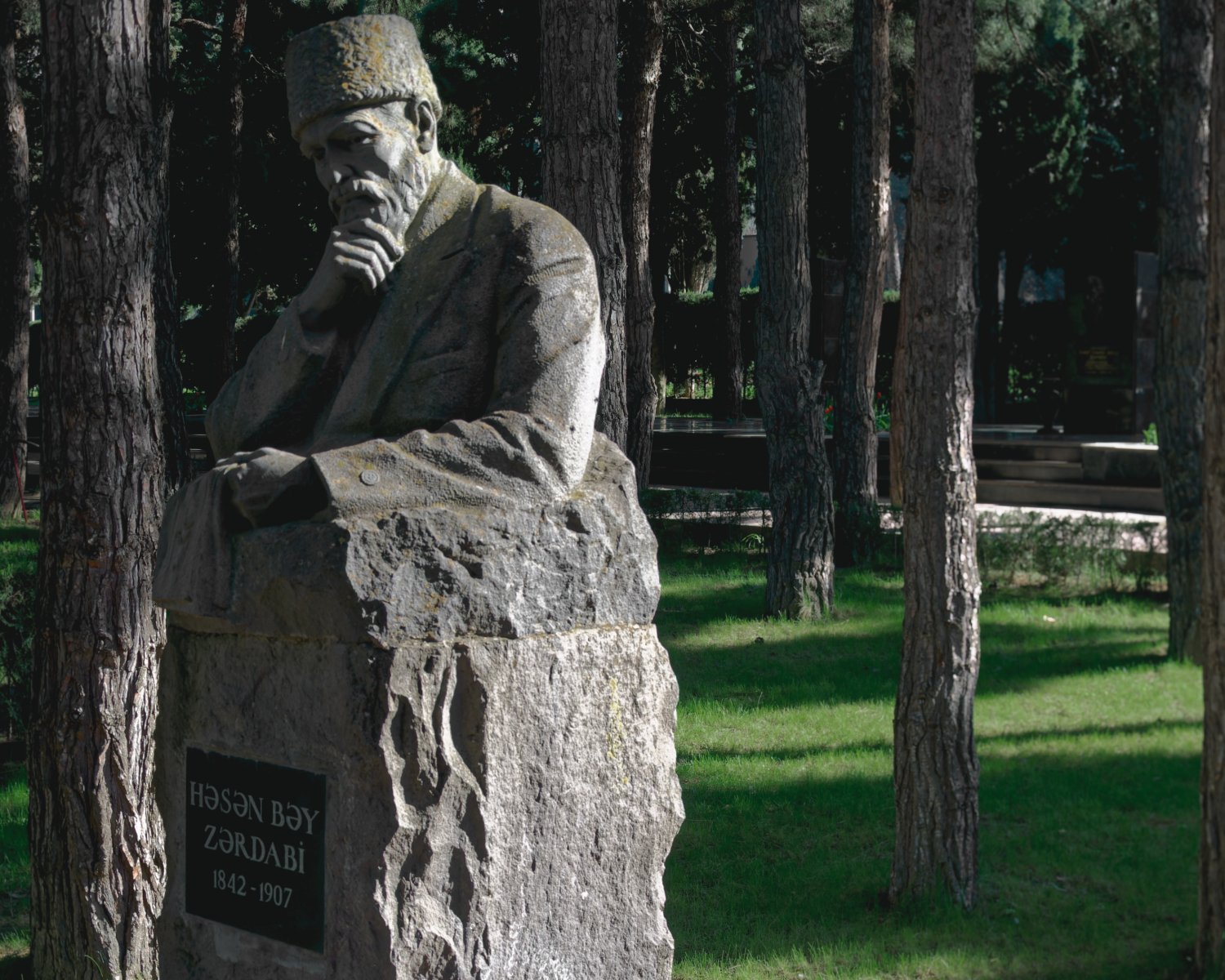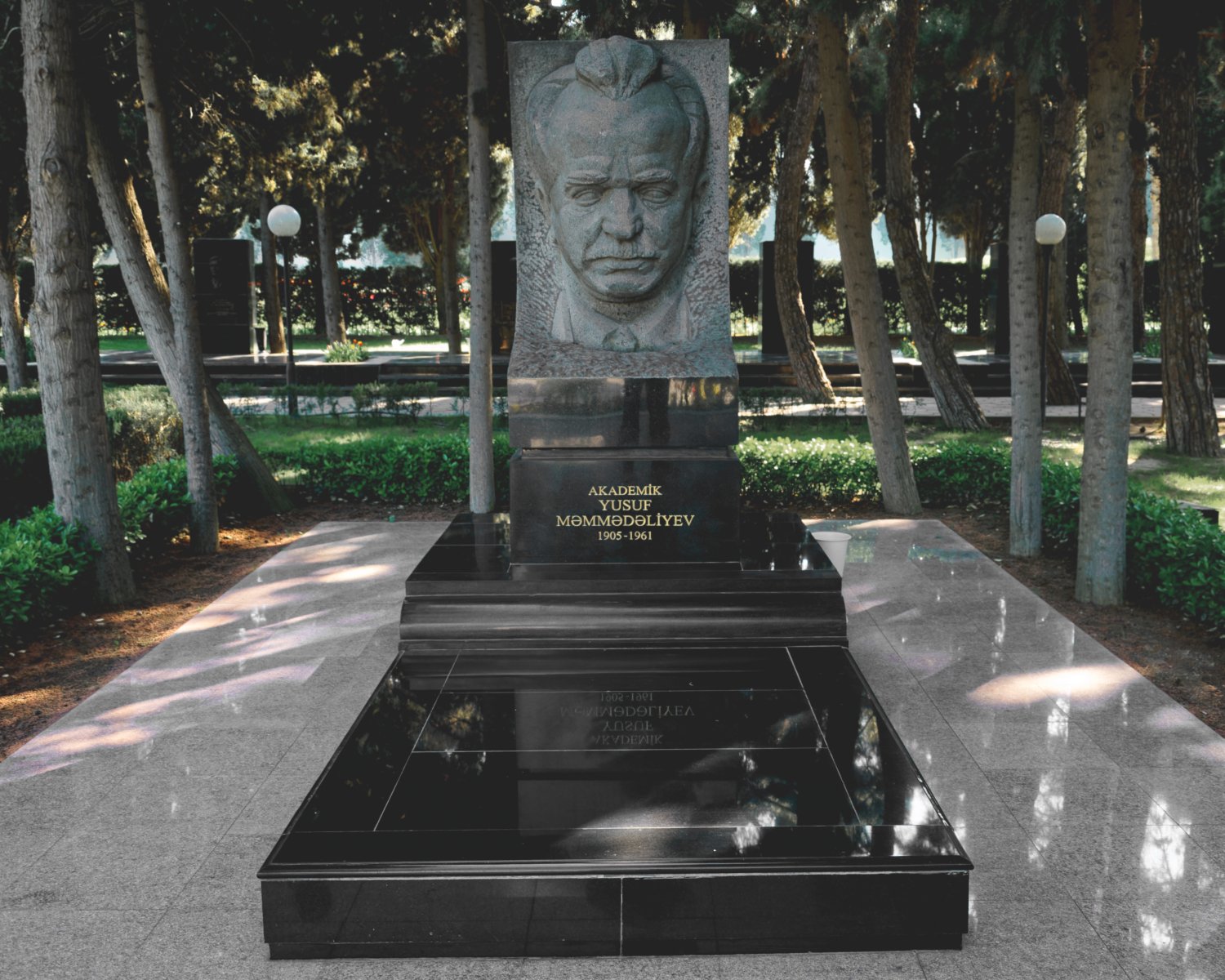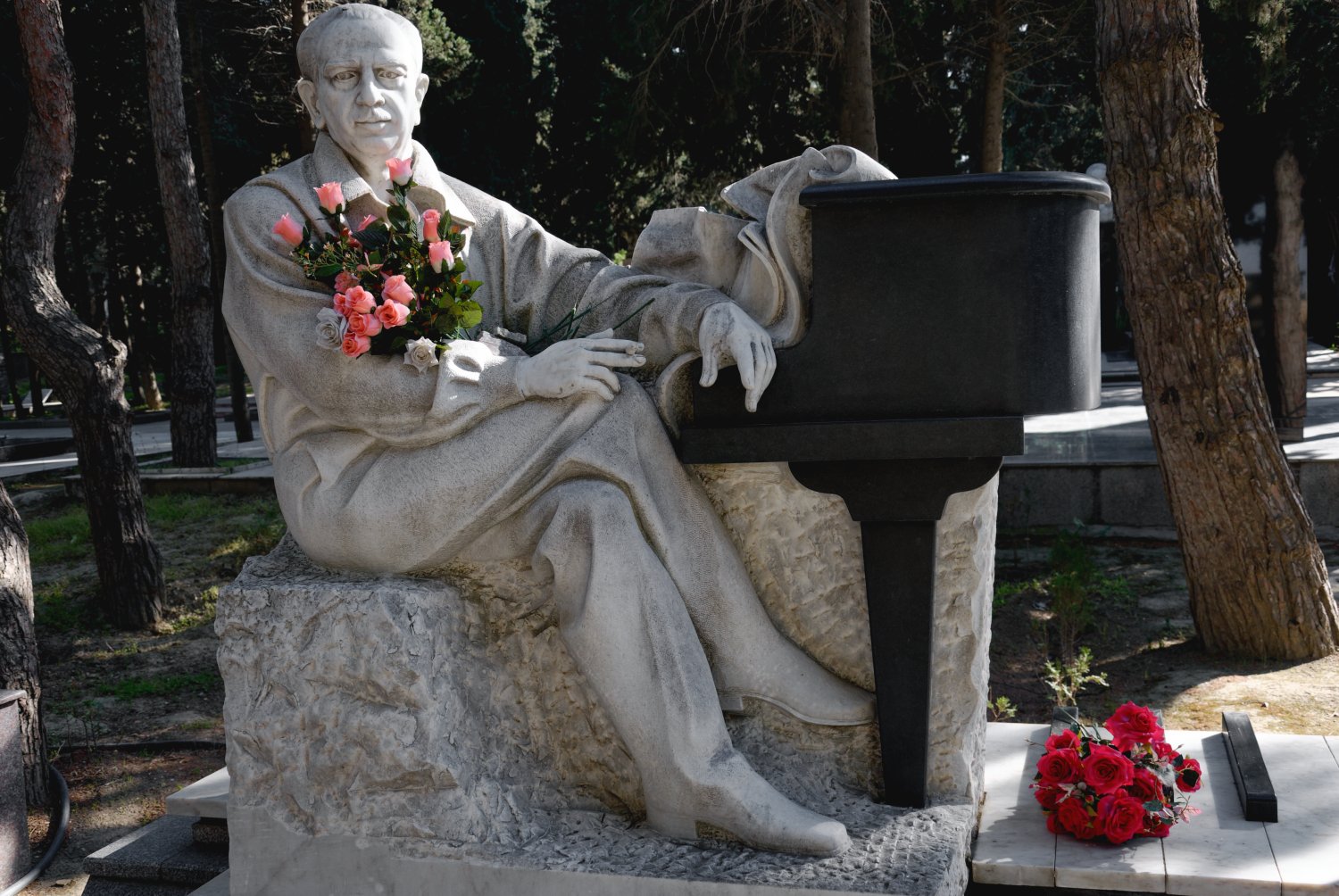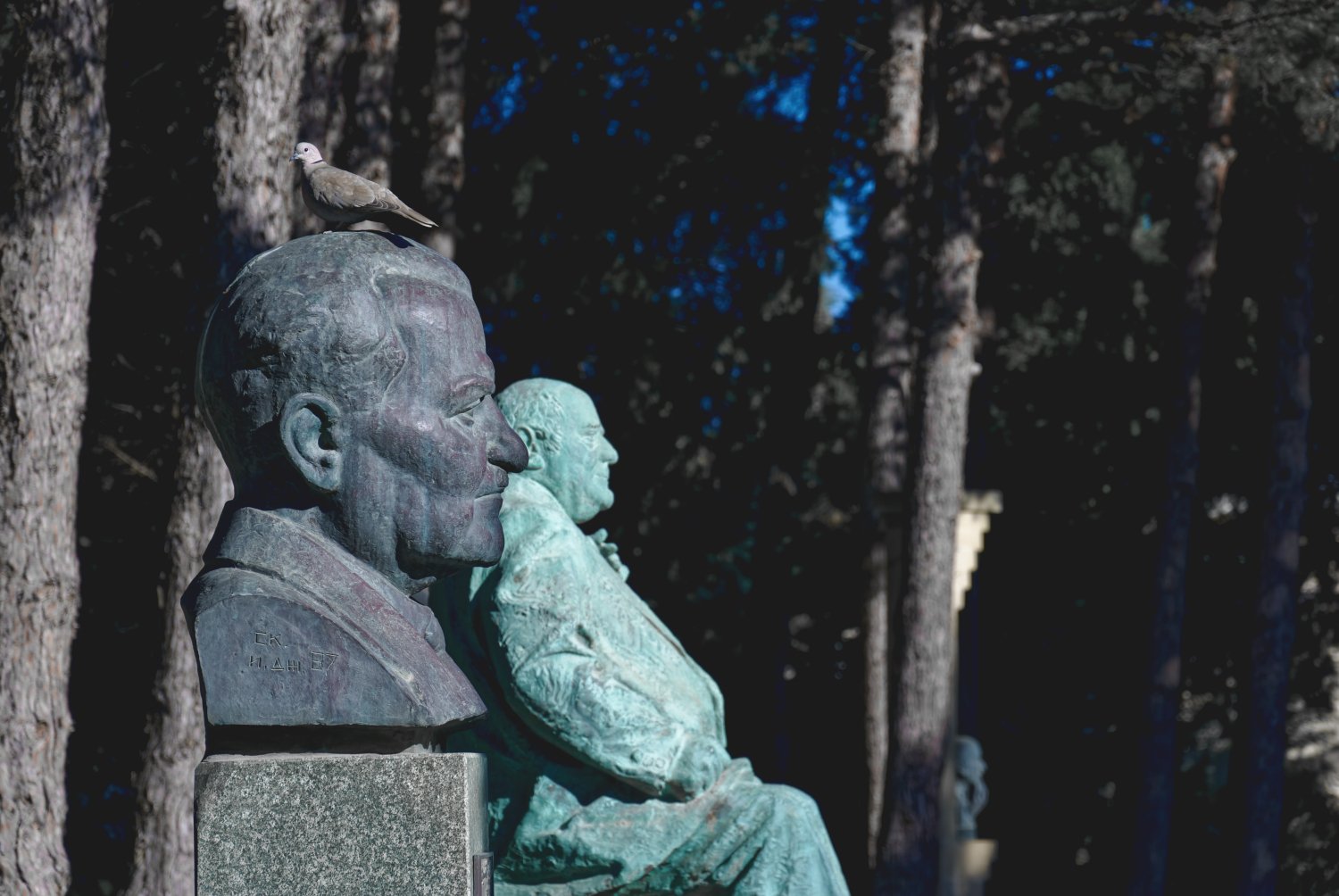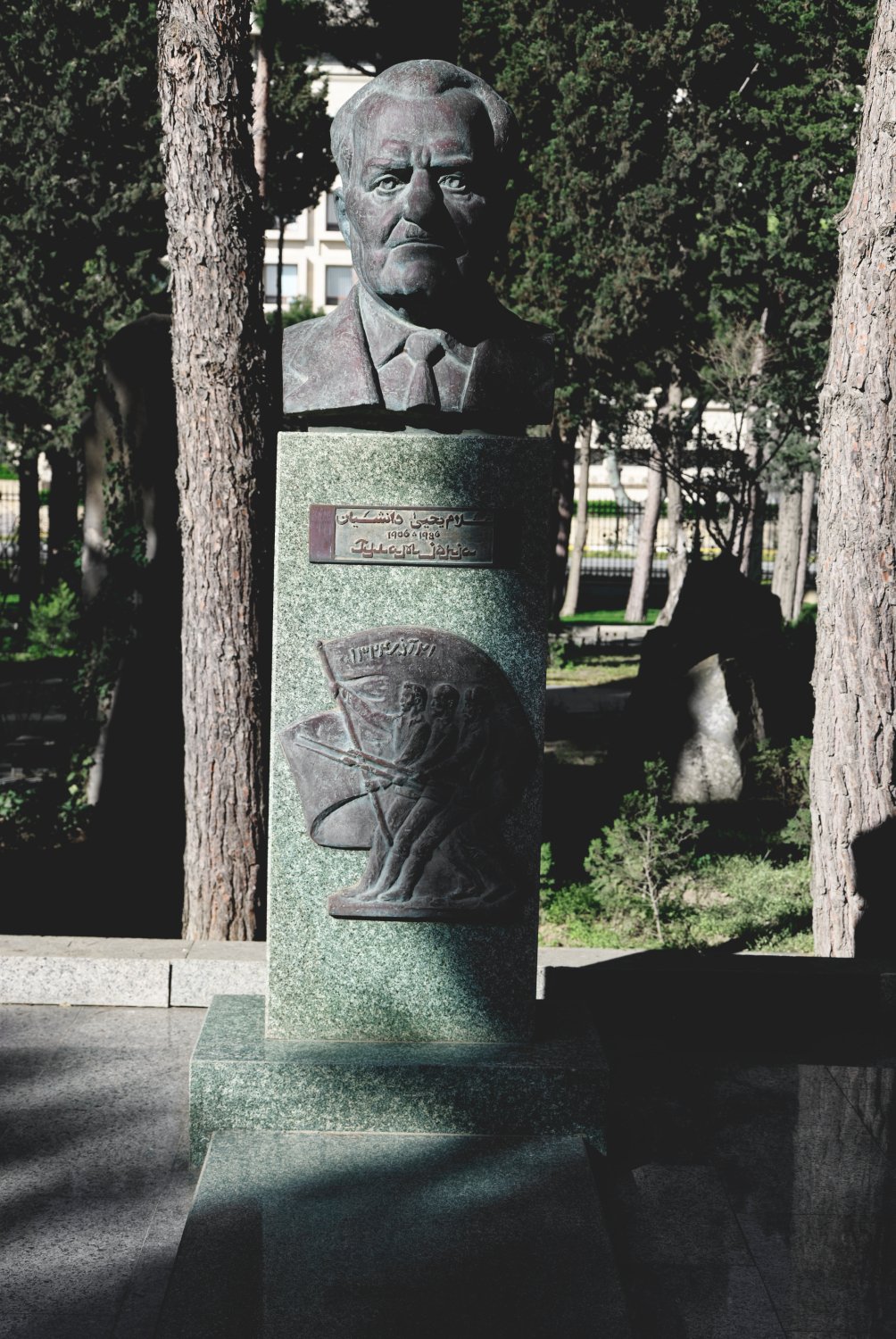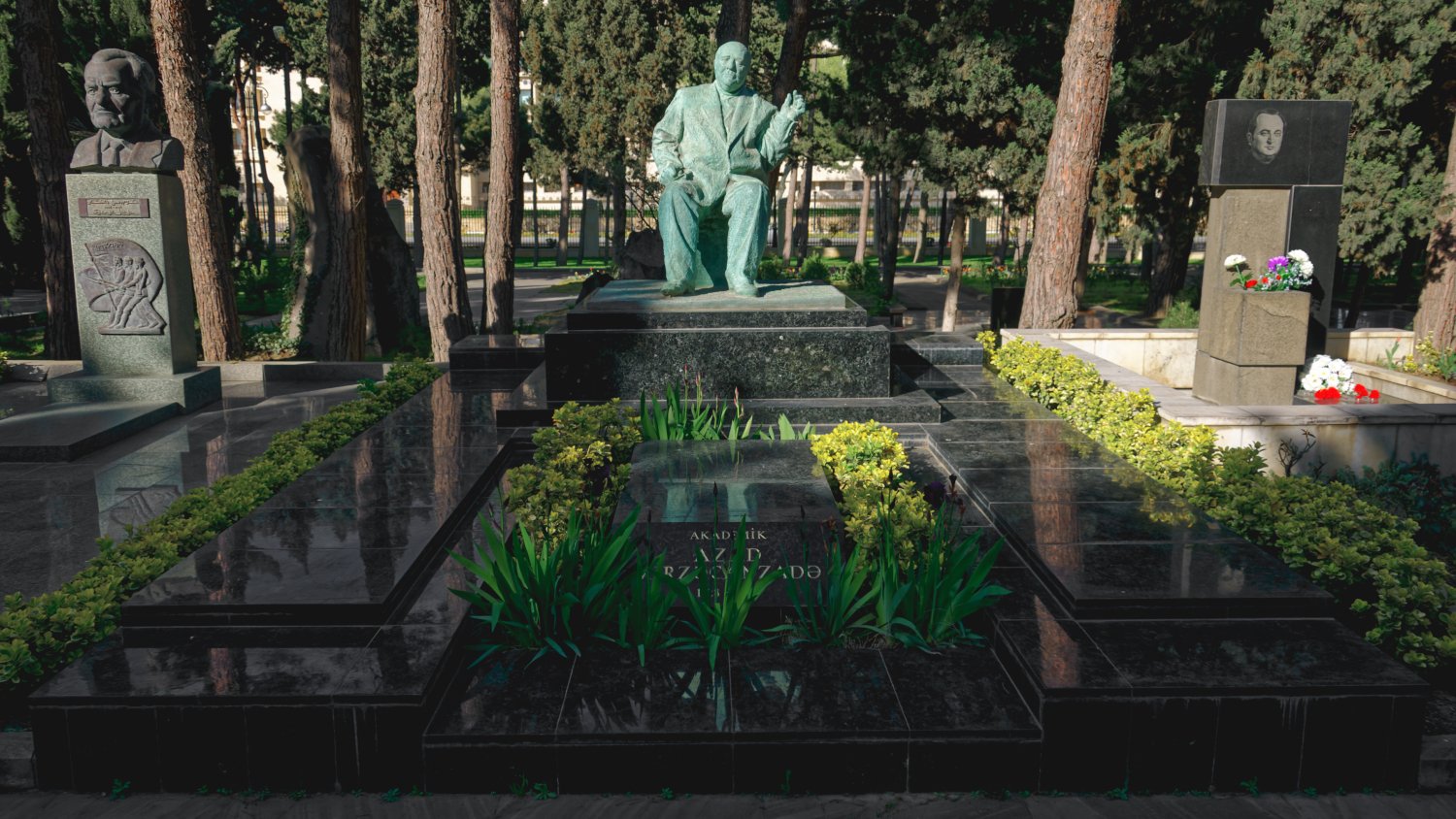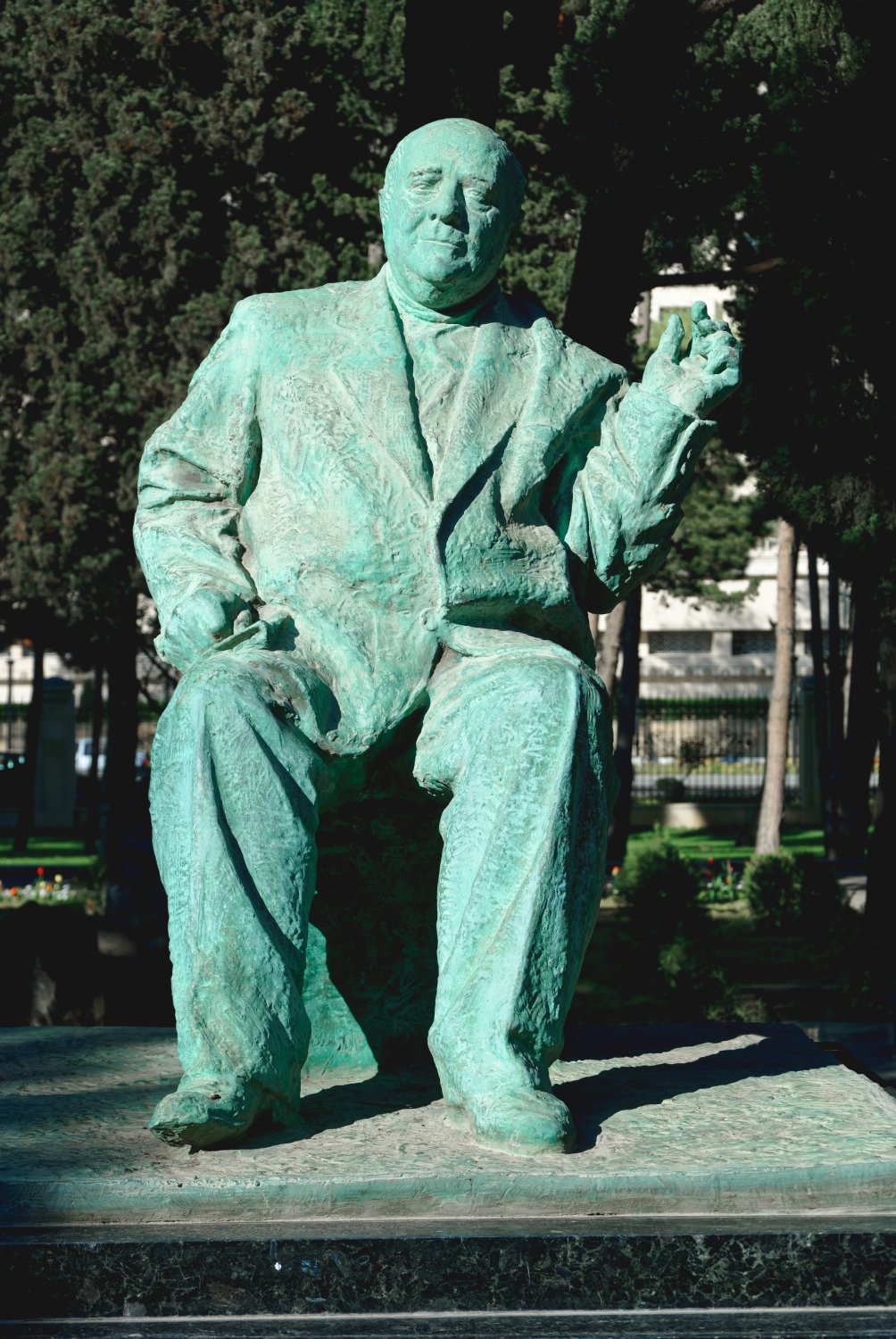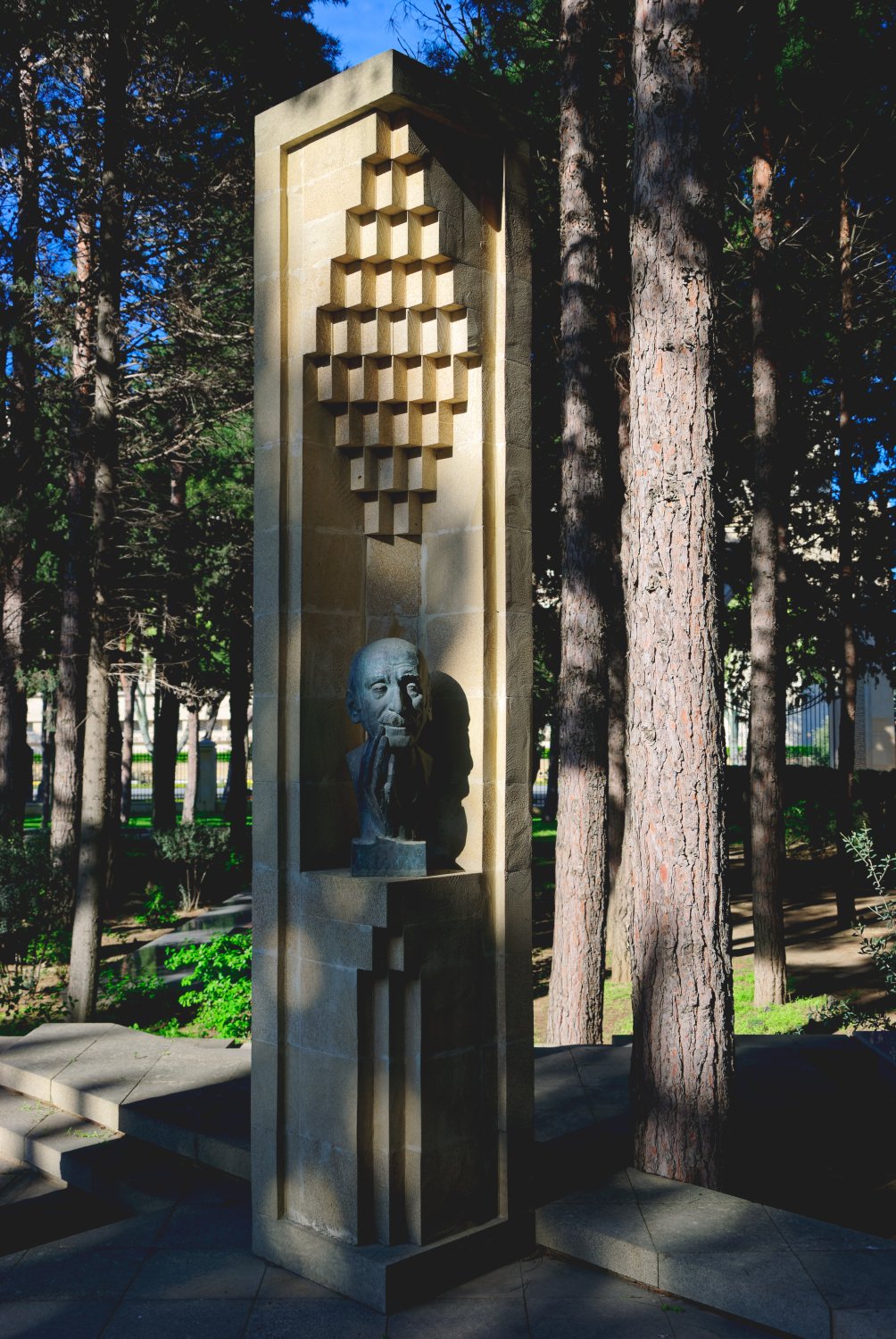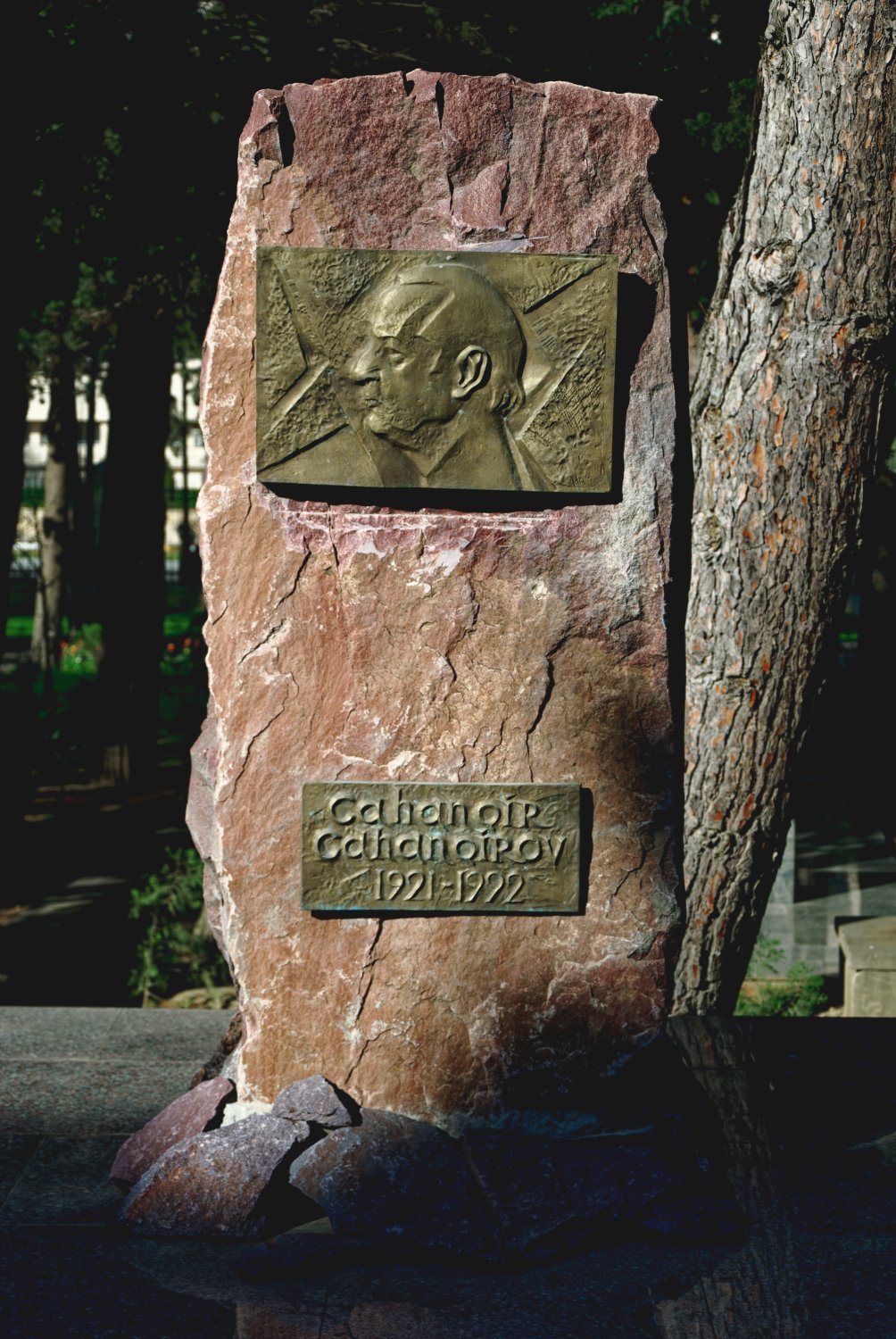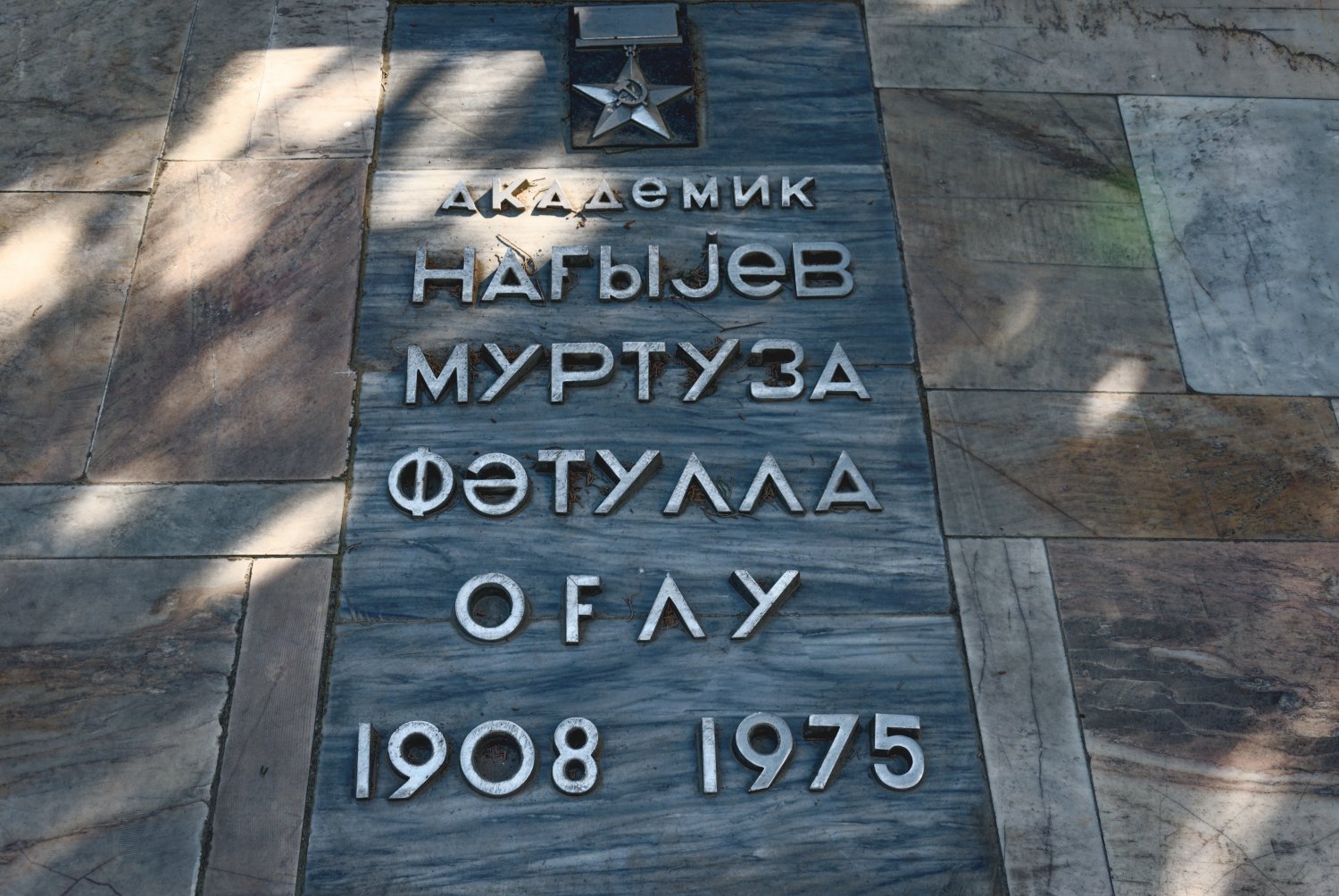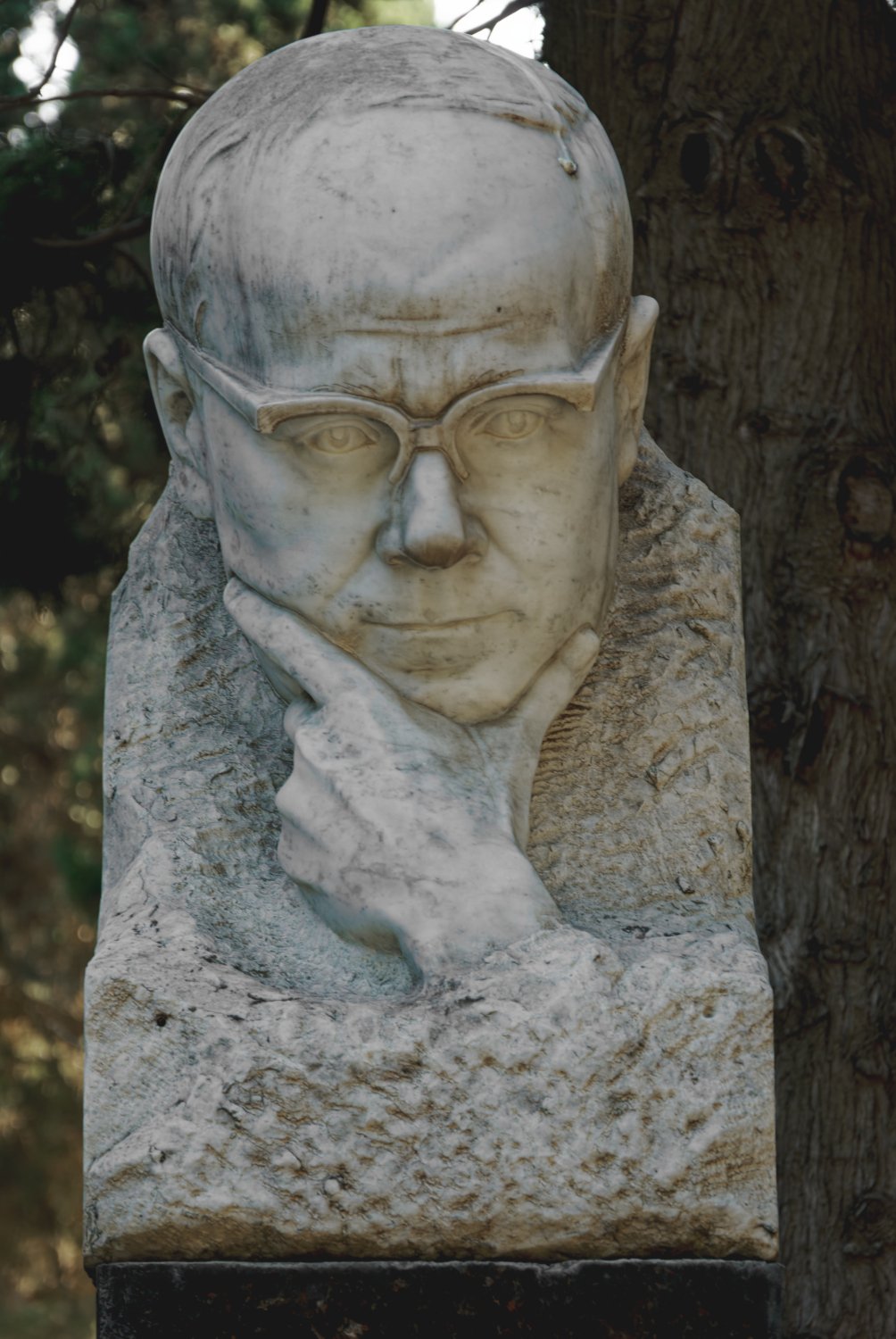133 - Beguiled by Baku (Baku, Azerbaijan)
AZERBAIJAN’S HISTORY IS COMPLEX. Super duper complex. Read five or six books to get a handle on the past forty years, let alone the last few centuries. I encourage everyone to do so, but delving deep into the chaos is beyond the scope of this blog… or my intellect. Spoiler alert: It’s fascinating.
Azerbaijan as a tourist destination? Not bloody likely. You won’t find many to recommend this wild child of a failed Soviet experiment. It’s expensive. Few people speak English. Getting around is a colossal pain in the ass. Just being there invites suspicion. And yet, très magnifique. So intriguing. So foreign. Cultural oppression thick enough to choke on. A true crossroads geographically (Eurasia/Middle East) and culturally (Turkish, Persian, Russian, etc.). It’s not a holiday. It’s an adventure, one worth taking. Enigmatic, paradoxical, contradictory. Welcome to Azerbaijan.
Modernity has found Baku, but a five-minute walk past extravagant boutiques and froufrou restaurants transport one back to the Soviet era. (Or, at least, it was when I visited. Change has come fast, reflected by a ten-year span on Google Earth’s historical imagery.) Some buildings look so forlorn, you’d swear they’re vacant… until a small elderly woman from a Russian novel with “Babushka” for a nickname comes shuffling out of a dark corridor. After she almost gets creamed by some asshole in a $120,000 Mercedes in front of a mosque, you appreciate Baku’s singularity. An oil pipeline fostered an economic explosion, but the reverberations only reached so far. There might not be enough natural gas to heat everyone's home, but shiny new Yamaha Waverunner's circle platforms in the Caspian Sea.
Starting a business (especially for foreigners) is like becoming a prostitute. To make money, you have to get screwed. Doing well? Business a success? Don't let it show. Before you know it, you’ll have regulators performing the proverbial colorectal exam. I met a gentleman working for the World Bank who said his office tried to acquire a list of safety code regulations to ensure compliance. The relevant regulatory ministry told them they don’t give out that information. More compliance. Fewer bribes. I heard stories of business owners in the outlying regions coming to their shops in the morning only to find doors padlocked. One unfortunate soul was forced to pony up three grand to facilitate removal.
I suppose impressions aren’t worth a hell of a lot, but they can be amusing. I sometimes felt the Soviet legacy manifesting on the people’s faces. Smiling is rare. Long, icy stares abound. Customer service is an alien concept. At two travel agencies, I inquired about renting a car and was treated slightly better than a stray dog wandering in and pissing on the rug. One employee of an agency brought me next door to another agency, where I was told, "We don't provide.” Super.
I found an STA Travel office staffed by attractive women. As I entered, I thought I heard a record scratch. All wore expressions of quasi-terror, staring like I'd walked in wearing a speedo. I enjoyed ogling for a few seconds to see if anyone would say anything at all, preferably, "How may I help you?" No dice.
Don't get me wrong. Many folks don’t speak English and aren’t sure how to behave. I empathize. And, to be fair, more often than not stoic facades belie friendly curiosity. You must engage to crack the ice. The hardest part was avoiding an uncontrollable giggle fit.
Speaking of impressions, the one from expatriates was Azerbaijan as the anti-Christ of the Caucasus Region. Safe to say they didn’t share my fascination. It’s not fair to judge, as living there and spending a month passing through are different propositions. Walk a mile, as the saying goes. If I had to immerse myself and try to get things accomplished, I’d likely end up carving doodles on my forehead with a bayonet out of frustration.
I continued my exploration of Baku, wandering around Shahidlar Xiyabany (Martys Alley), formerly Kirov Park. In the 1930s, the area was converted into a “pleasure park and funfair,” as the guidebook puts it. It included a museum and a 20 m (66 ft) statue of the park's namesake, Sergey Kirov. He was the Bolshevik leader who spearheaded the communist takeover of Azerbaijan in 1920. His reward? A bullet to the back of the neck. Spaseebah, comrade.
Historians love bitch slapping each other over the circumstances of Kirov’s demise. Some argue his death may have kick-started Stalin’s Great Purge of the 30s, as alleged conspirators were targeting him as well. Others believe this was Stalin being Stalin’s paranoid self, removing potential rivals. Kirov was turned into a national hero as a useful way of concealing the plot. Or not. Stalin’s complicity is the subject of fierce debate. And in this corner…
Today, the park serves as a memorial to the victims of the Black January Massacre à la Moscow's crackdown on Azerbaijan's independence movement on January 19-20, 1990, in Baku. By most accounts, including a non-governmental organization (Shield) based in Moscow, Russian soldiers opened fire on unarmed civilians, sparking deep-seated anti-Soviet sentiment. Gorbachev later lamented his state-of-emergency declaration as one of his biggest political blunders.
Martys Alley is also the resting place for those who perished in the Nagorno-Karabkh War (1988-1994) with Armenia. Convoluted complexity and festering, sometimes kinetic enmity describes the relationship between Armenia and Azerbaijan. Azerbaijan’s Karabkh region contains an Armenian ethnic majority. As the Soviet Union disintegrated, they wanted out. A conflagration ignited. A Russian-brokered ceasefire ended the hostilities, but resentments broiled. Armenians took control. The Republic of Artsakh was born, or should I say reborn—de facto independent without international recognition. A second conflict broke out in the 2020 Nagorno-Karabakh War, whereby Azerbaijan reclaimed territory lost. New ceasefire. Old resentments. It ain’t pretty.
I can’t overstate the bitterness and downright hatred shared between rivals. Genocide and mass expulsions of both ethnicities paved the way for decades of ossified hostility. Even mentioning Armenia is risky. Some ex-pats employed “Kansas” as code for Armenia. I sat in a restaurant surfing the net when my waiter came up alongside me and fingered through my guidebook. He spoke no English, but I got the message when he pointed to the portion of a map marked “Armenian Occupied Territory” and said “No” while wagging his finger. It felt like I was being accused of a crime. I’d heard an Armenian visa stamp in your passport might prevent entrance to Azerbaijan.
Martys Alley also has memorials to the 1,130 Turkish troops and small British force that helped expel Russian forces in the Battle of Baku (1918), which led to a short-lived two-year independence (1918-20) erased when Kirov showed up to shit on the parade. The Bolshevik Regime recognized the importance of Azerbaijan’s oil reserves for fueling Russia's economy. Annexation was inevitable.
The Kirov statute was dismantled and the museum underneath allowed to decay. (The grounds have been renovated and, from what I can glean on the interwebs, all traces have vanished.) Skulking around inside was like wandering through a movie set. Vandals did a number on the carved murals decorating the centerpiece wall, but you could still make out figures (most notably Lenin) and dates. It’s a shame more hadn’t survived, though I was surprised the museum was still there. Maybe allowing everyone and their mother an opportunity to pay their disrespects was the whole point.
Almost all the gravestones in and around Martyr's Alley contain pictures of the deceased screen-printed on marble. Many are adorned with flowers and patriotic ribbons. At the end of the main walkway lies the Eternal Flame Memorial.
An alternative, though less dignified, name could be Smoochie Grab Ass Patty Cake Park, as it’s a favorite spot for folks of all ages to kiss and fondle each other. Seems strange this would be the location of choice for naughty time given the park’s sacrosanct nature but, then again, who the hell am I?
Down the road from Martyr's Alley lies Fakhri Xiyaban or Avenue of the Honored Ones, a cemetery dedicated to Azerbaijan's most famous academics, musicians, artists, writers, dignitaries, military heroes, and politicians. I knew little about the cemetery, but I believe Avenue of the Megalomaniacs would also be fitting. I’ve never seen such elaborate gravestones. And the crème de la crème is reserved for the ex-president, Heydar Aliyev. Talk about your personality cult. Although he died in 2003, pictures and statutes abound throughout Baku, commissioned by his son Ilham, the current president. (Appointed by daddy just before death.) He’s still a popular figure with a burial site fit for an egotistical autocrat.

